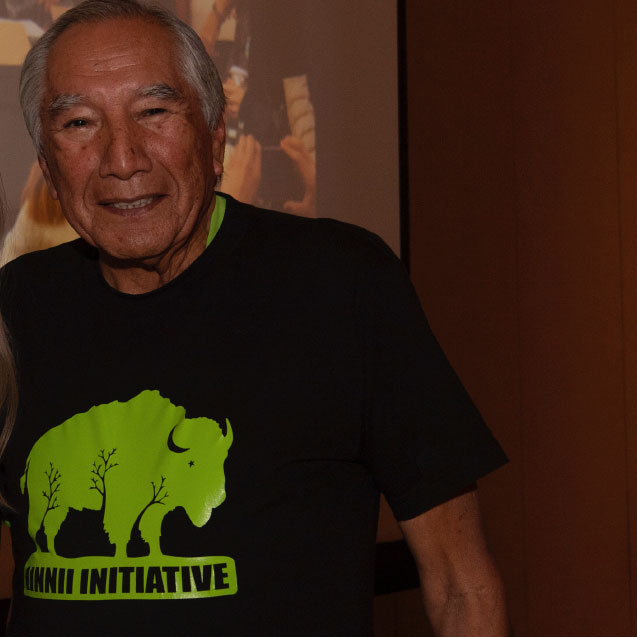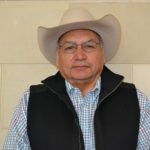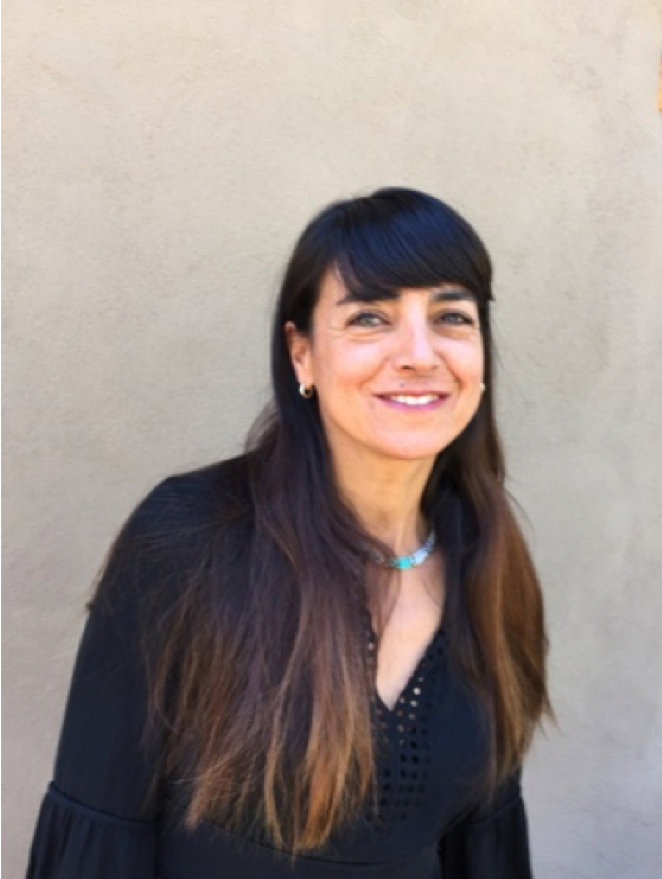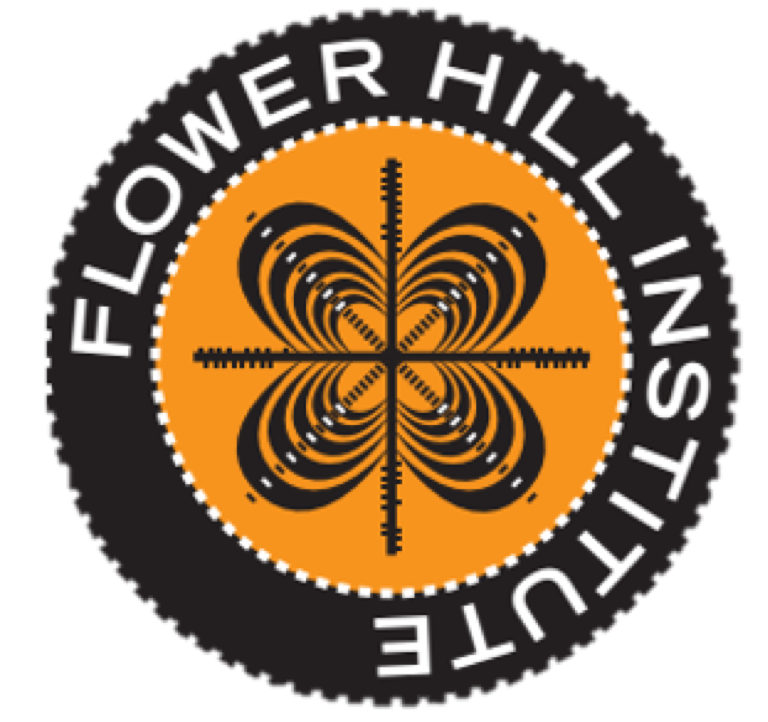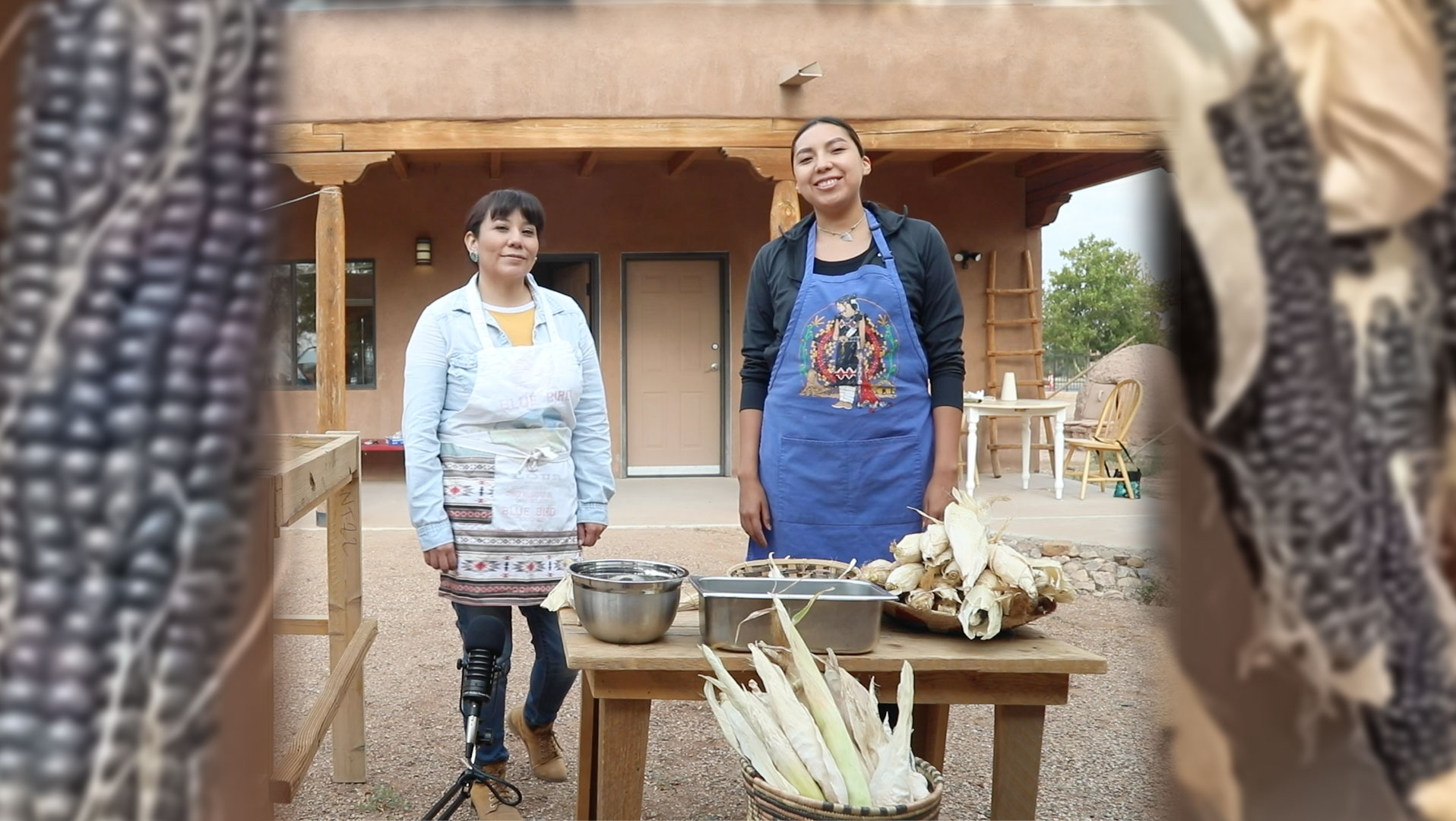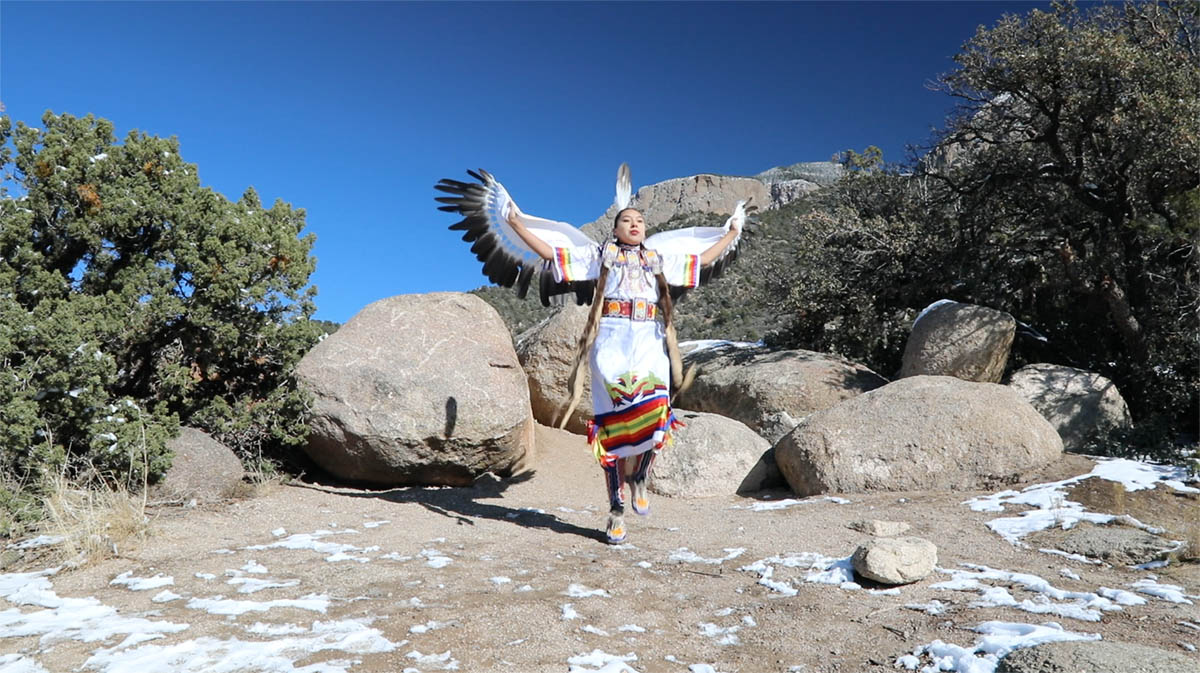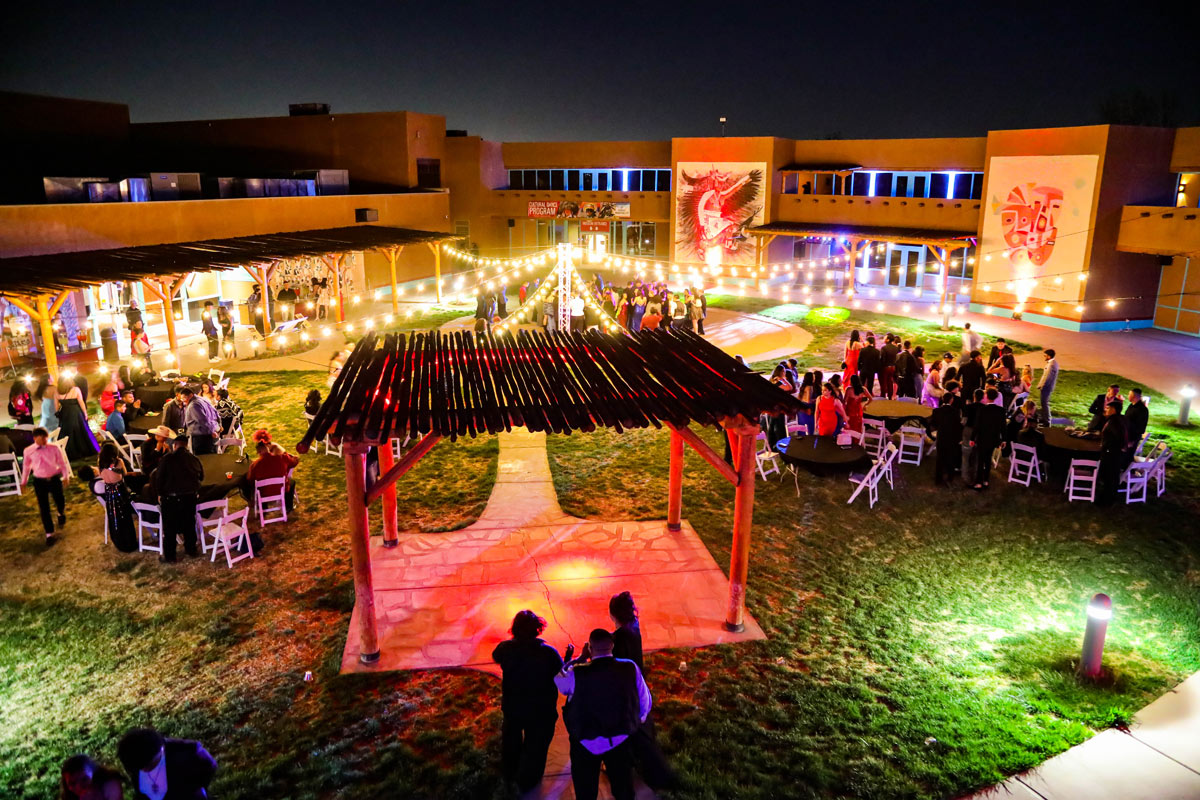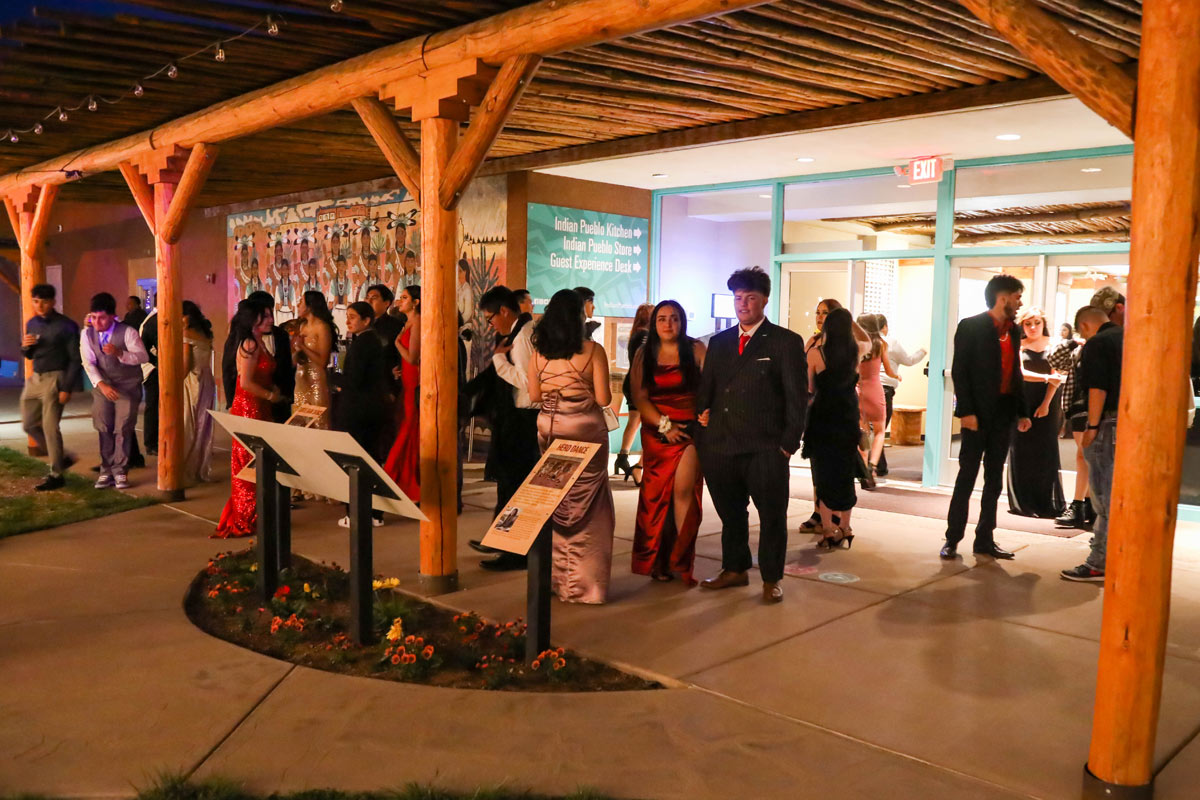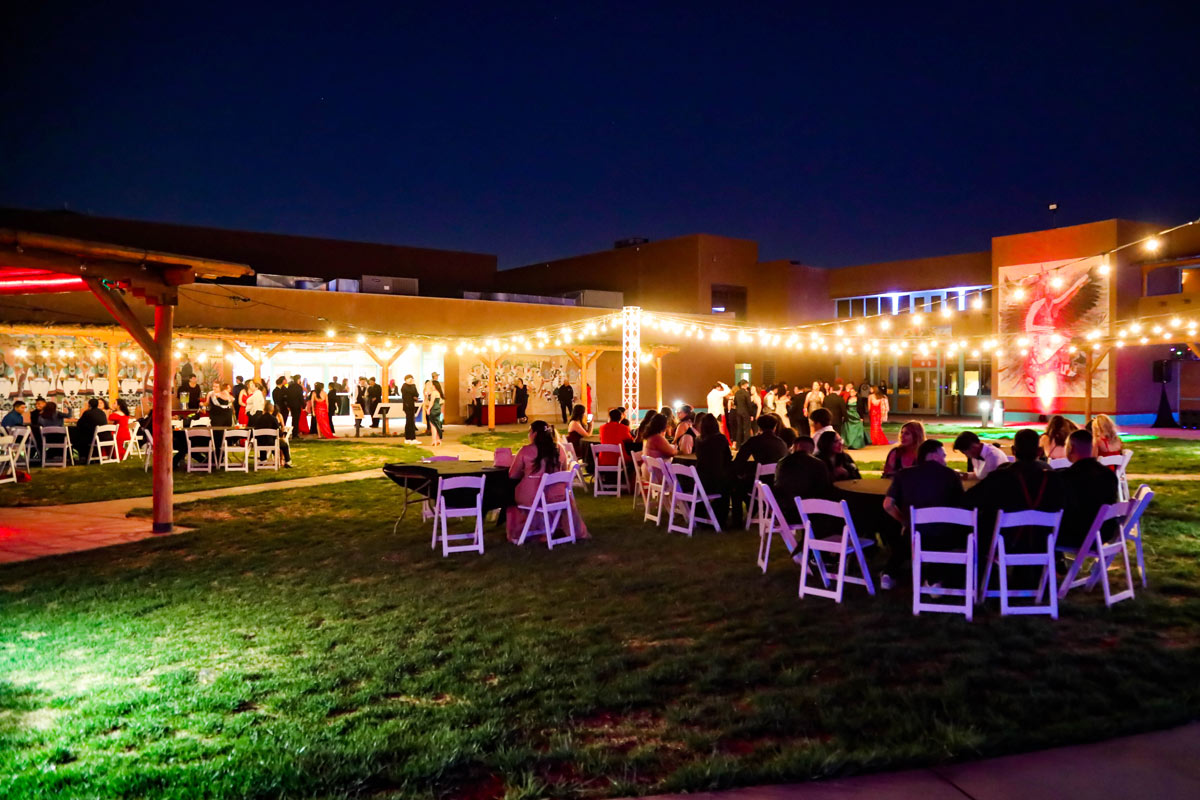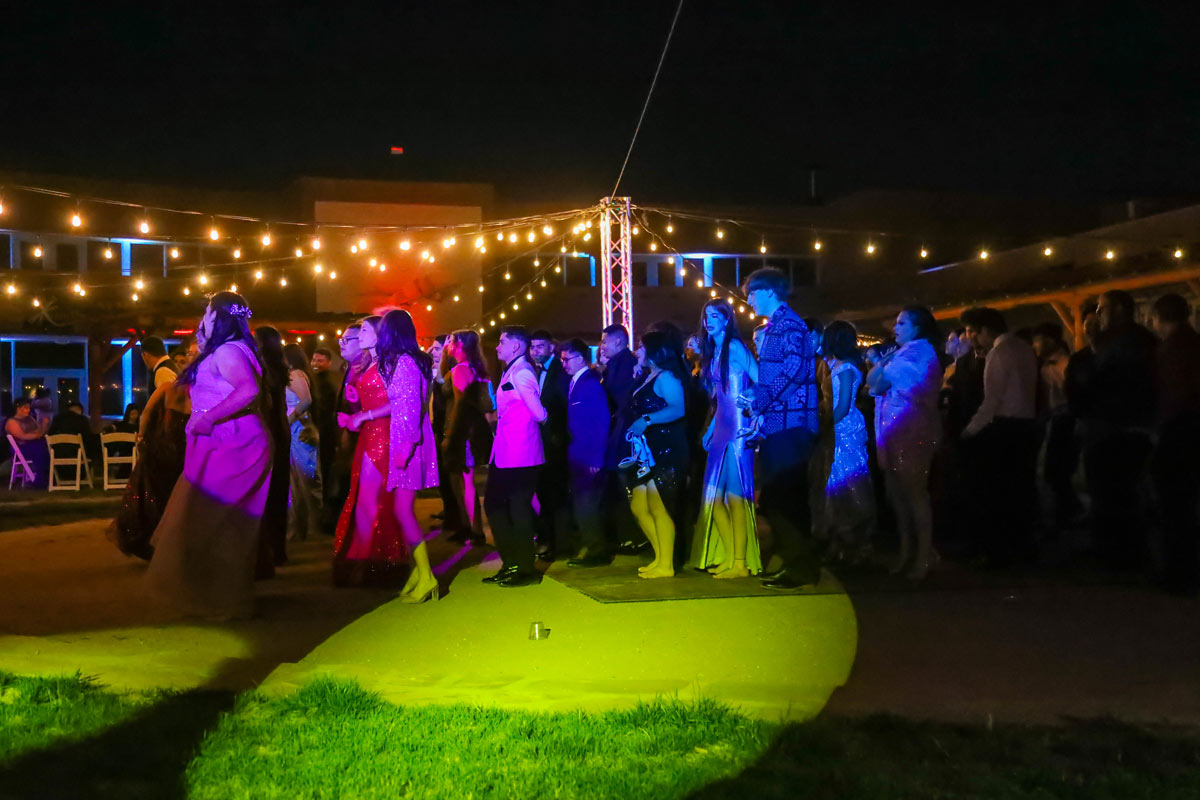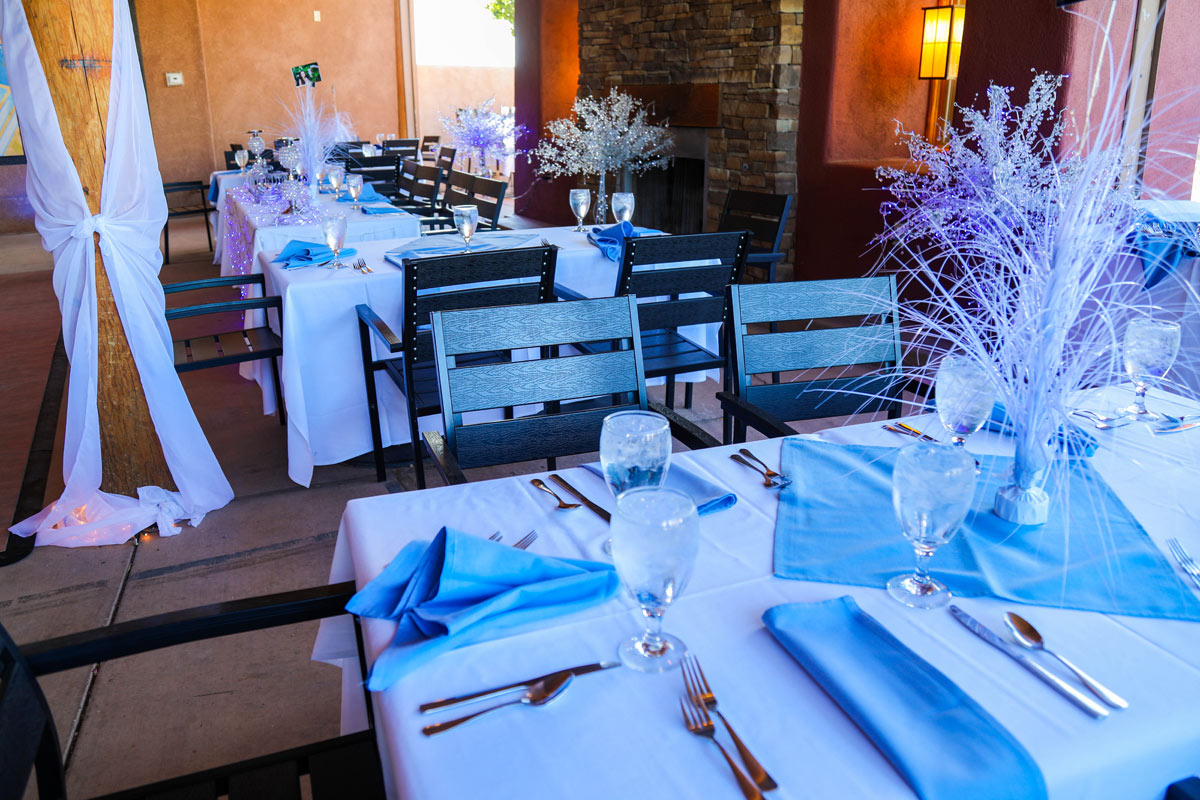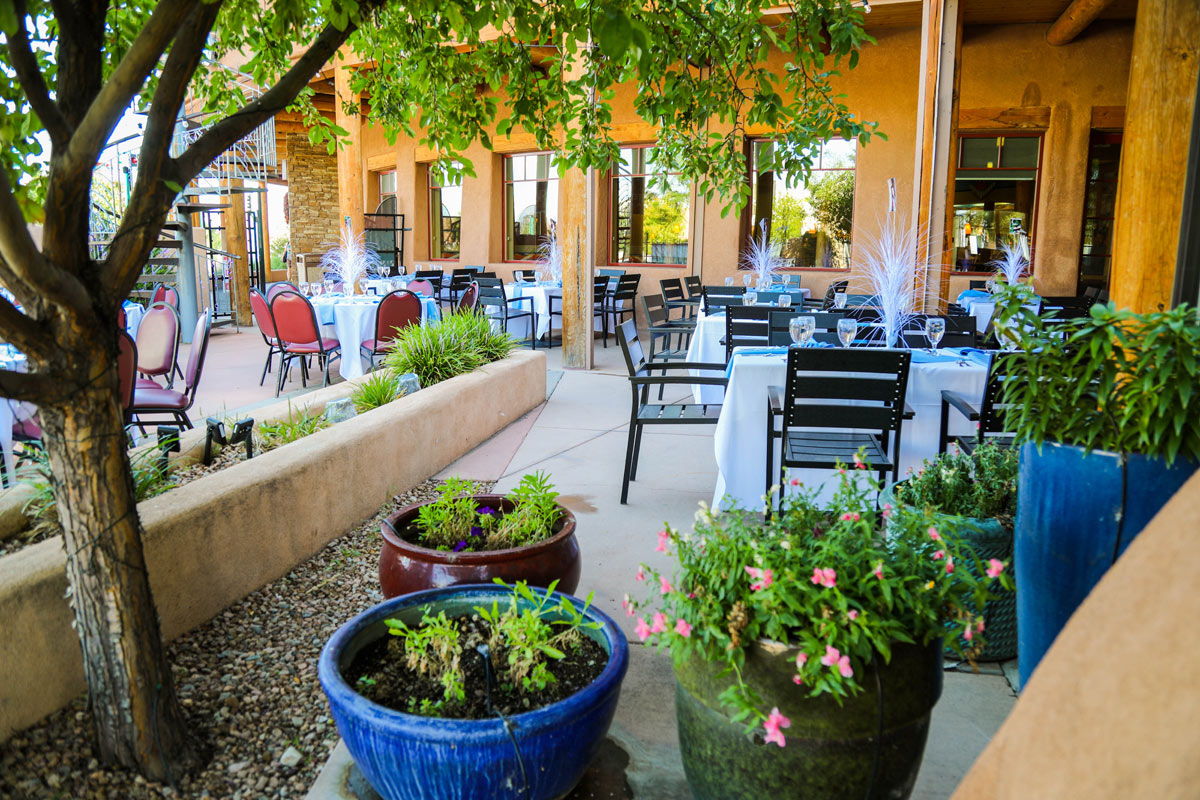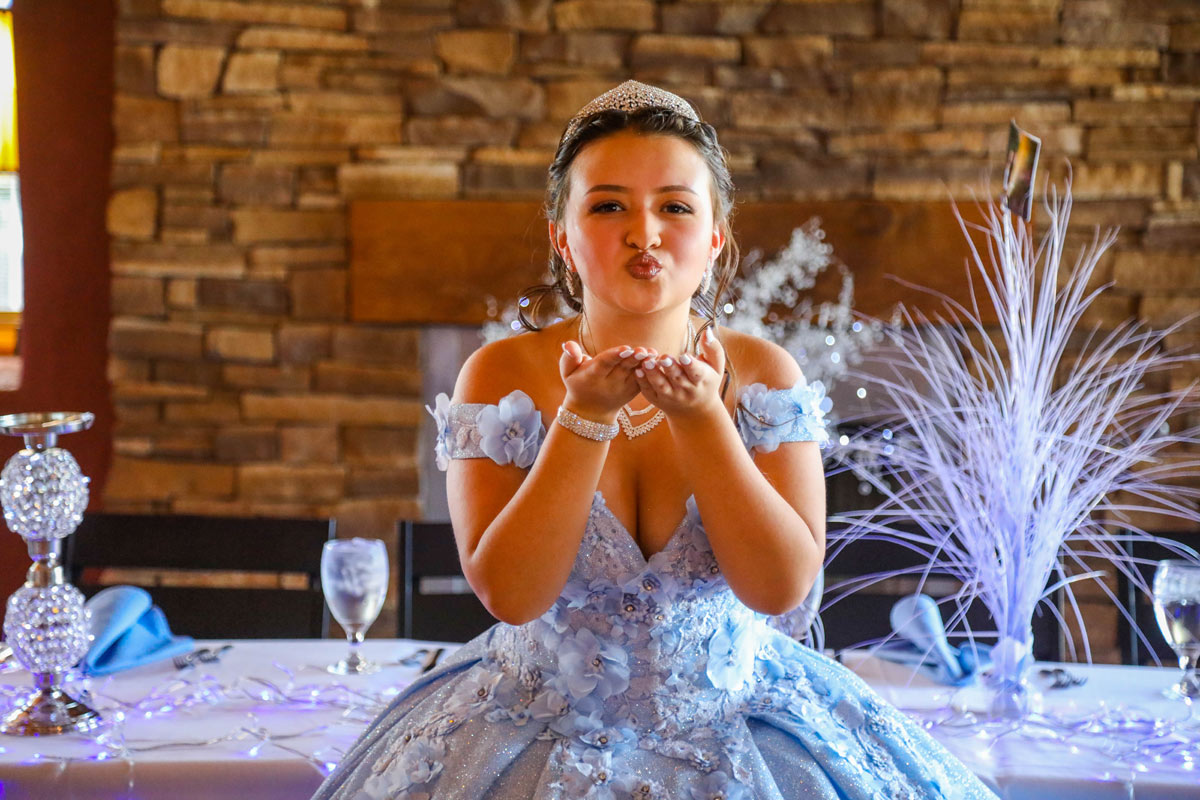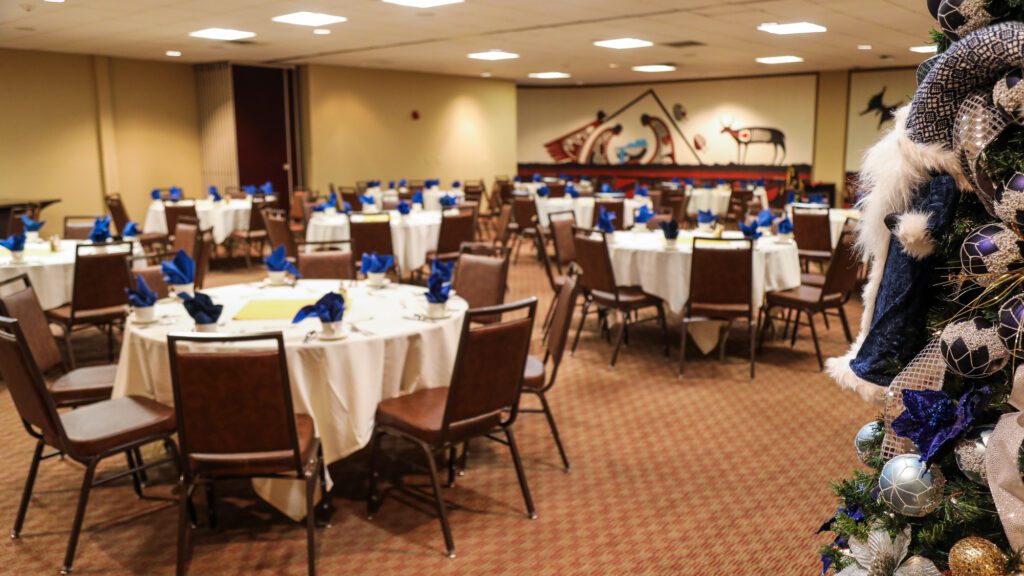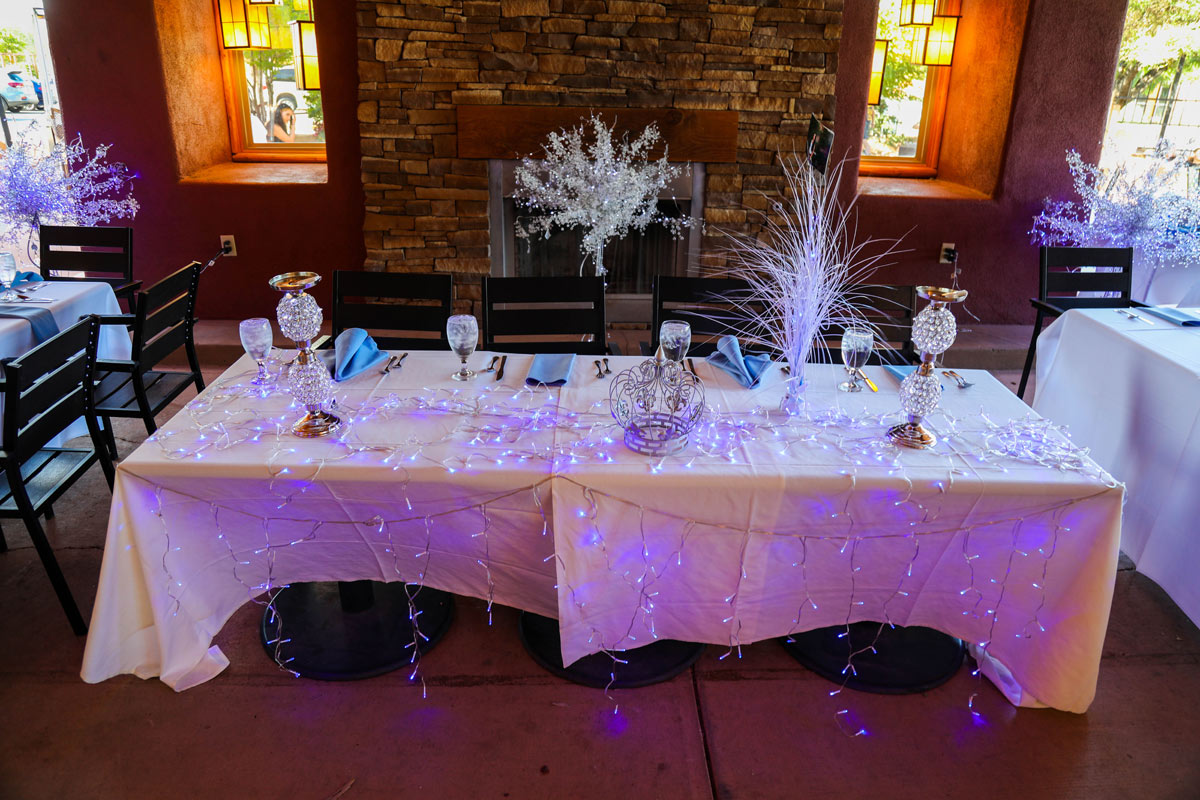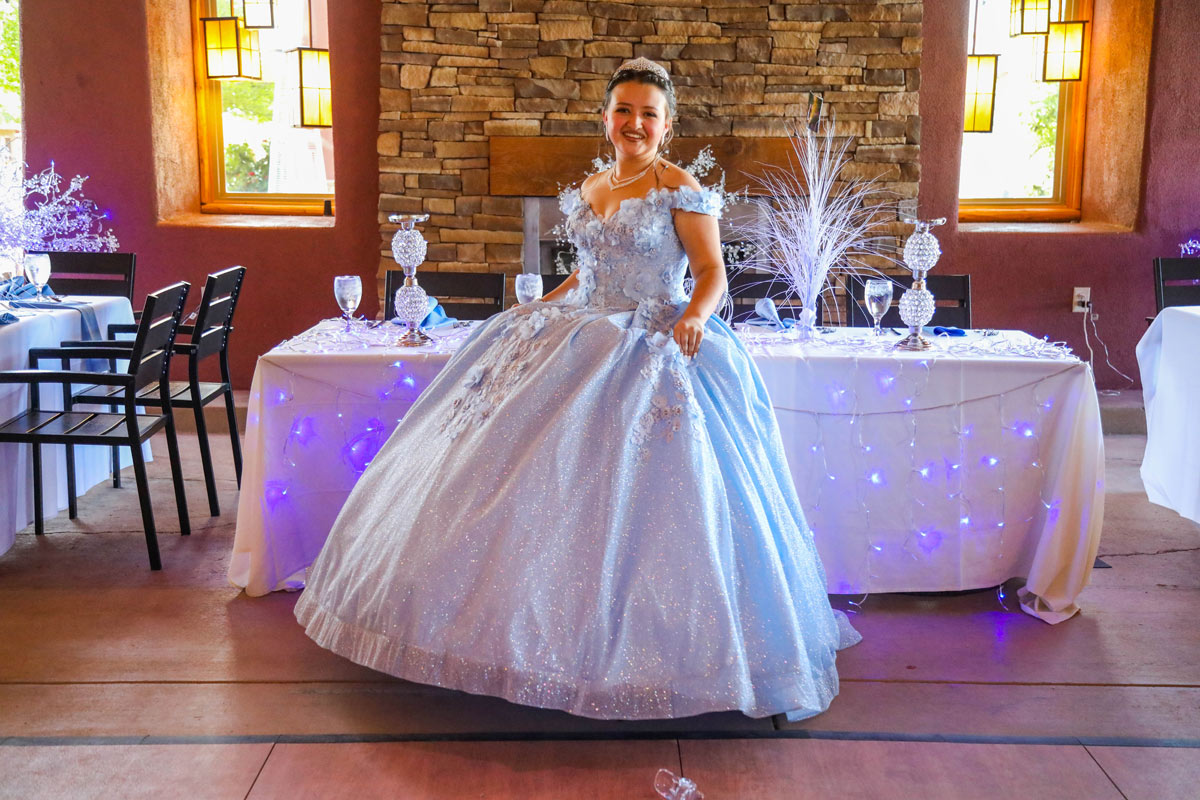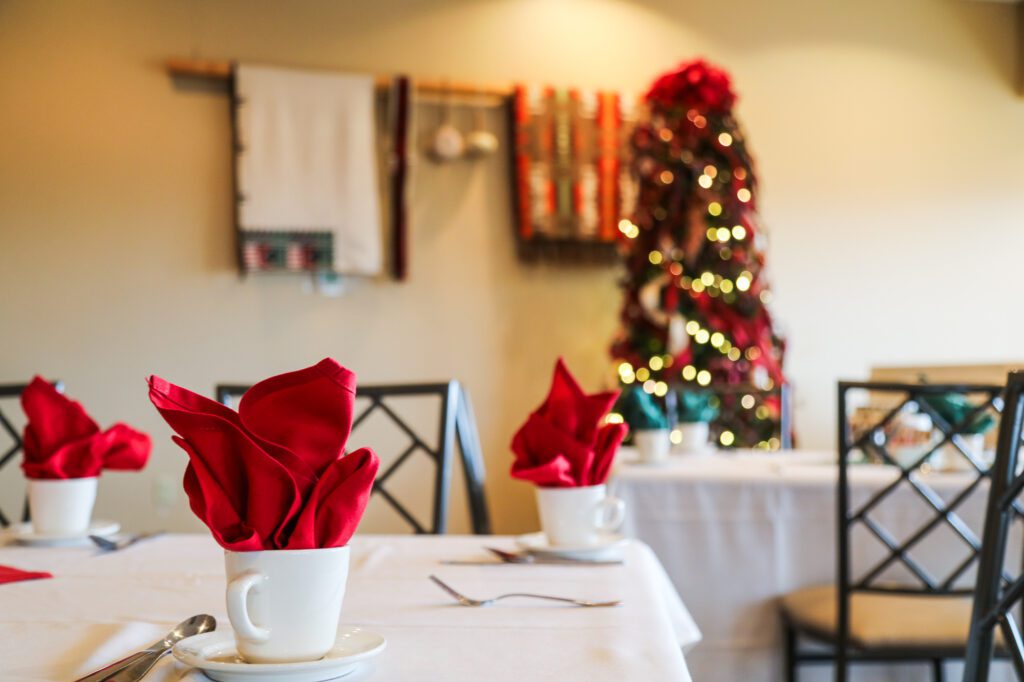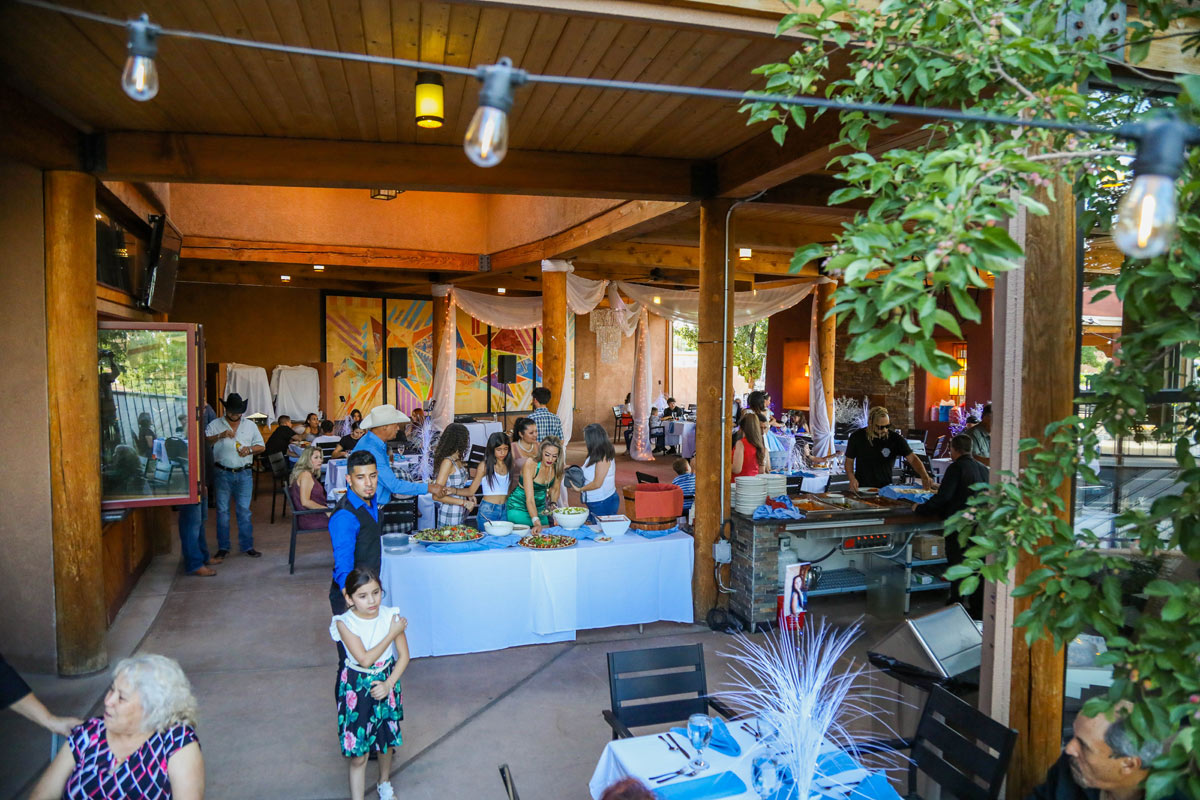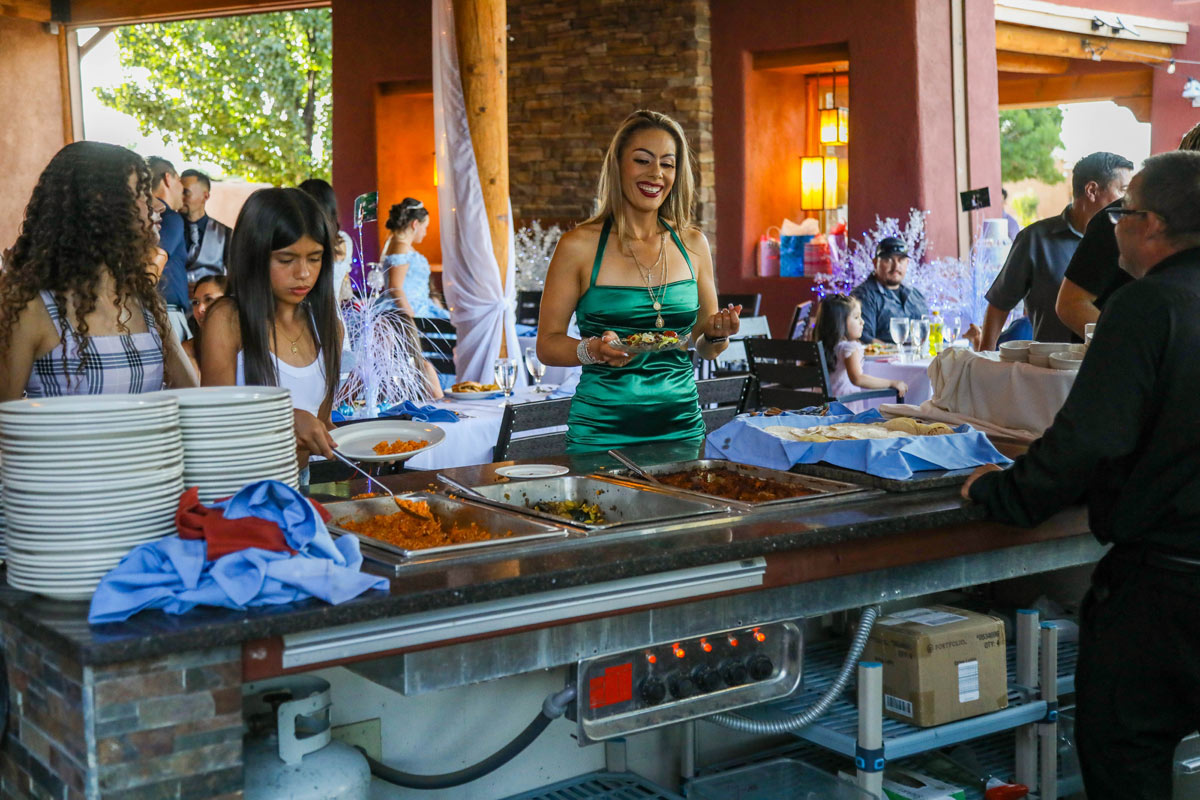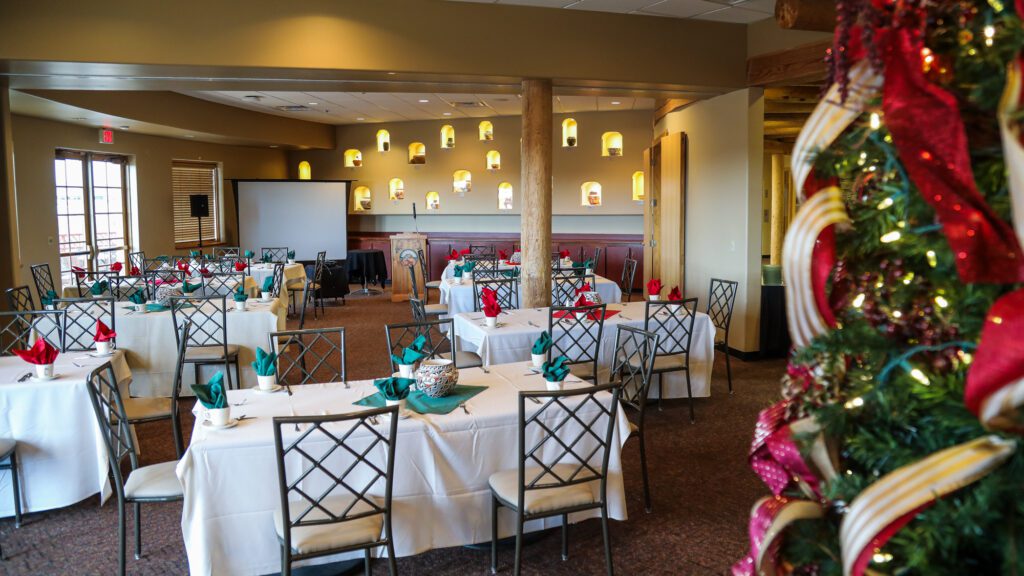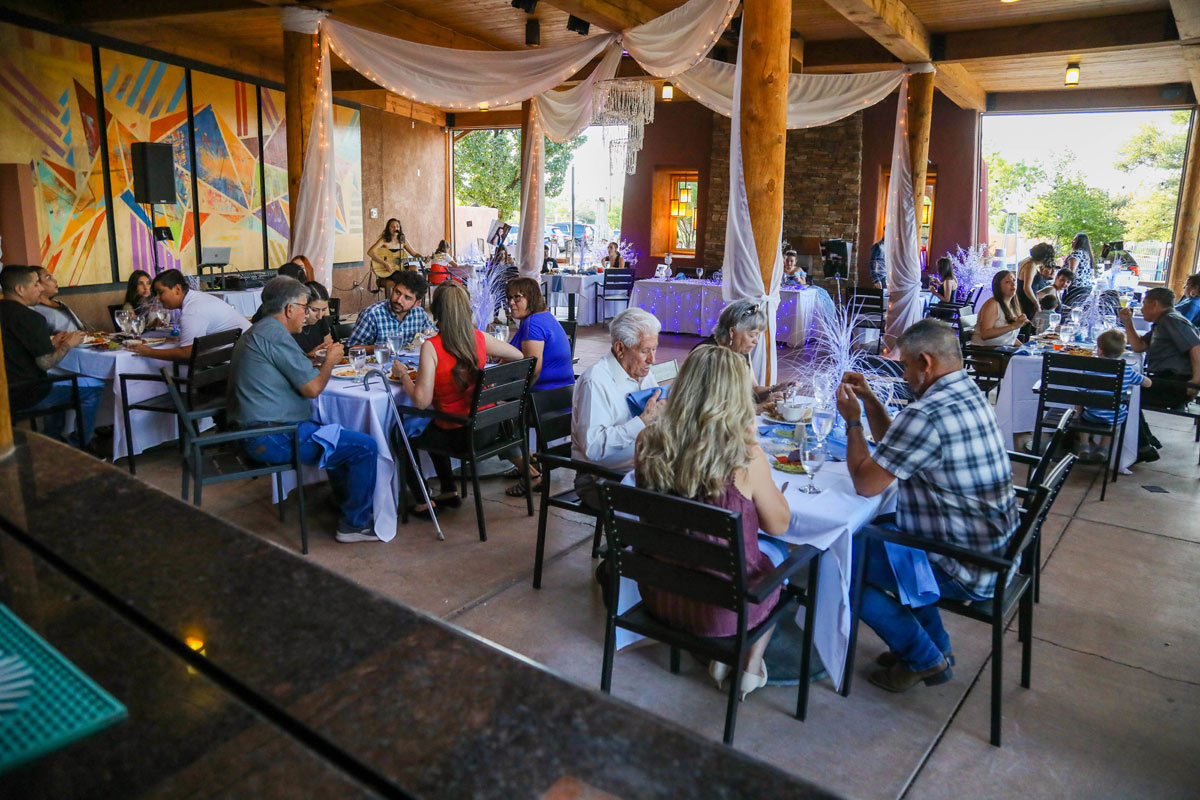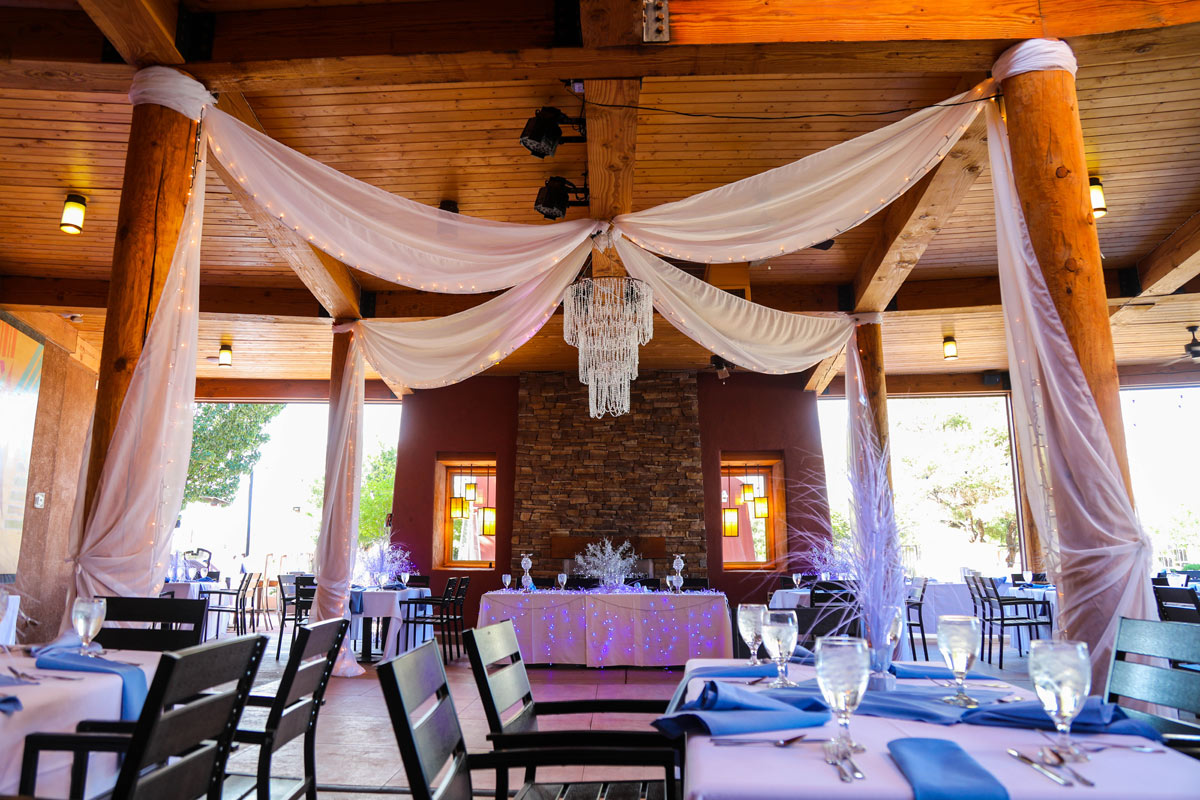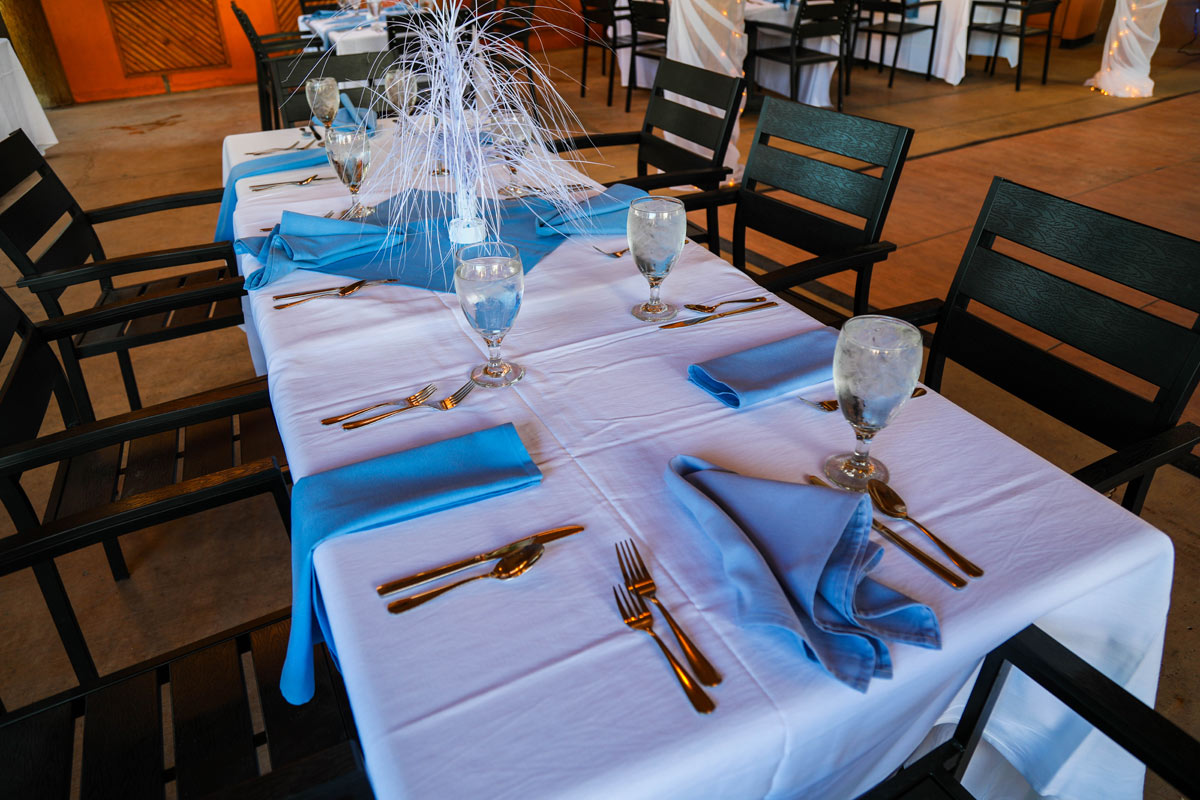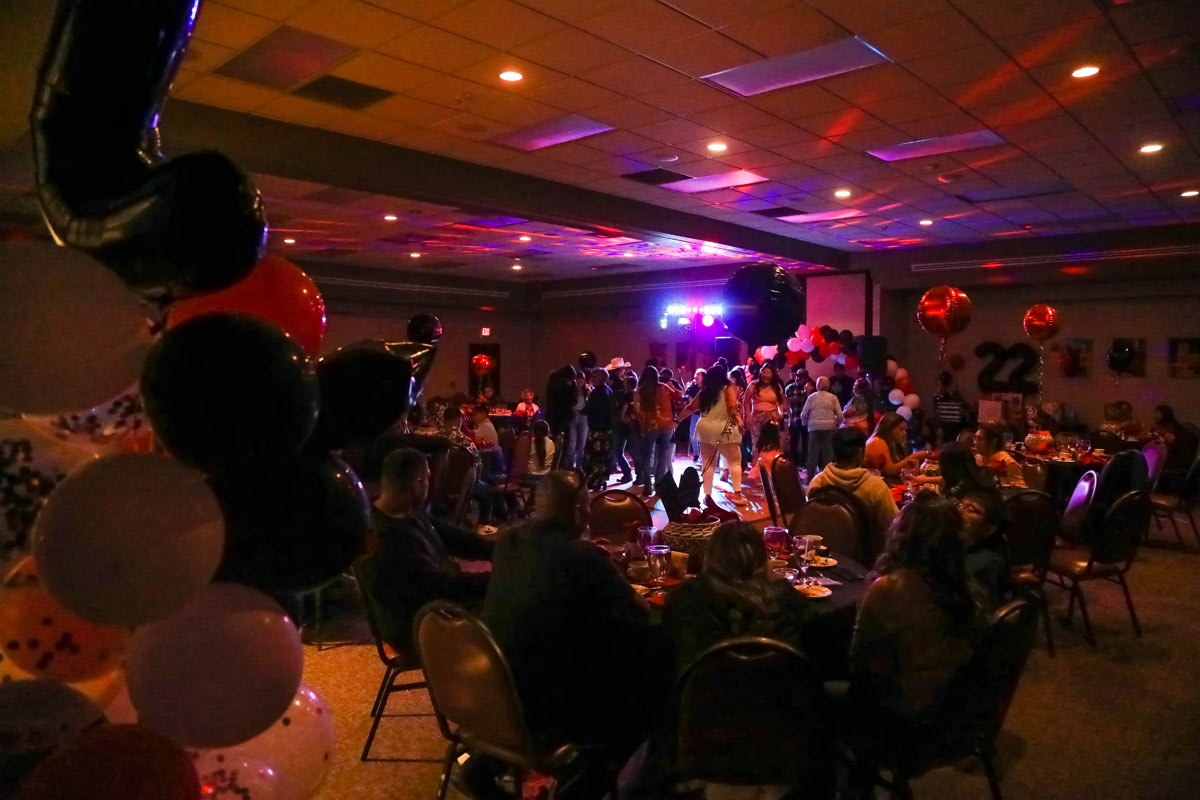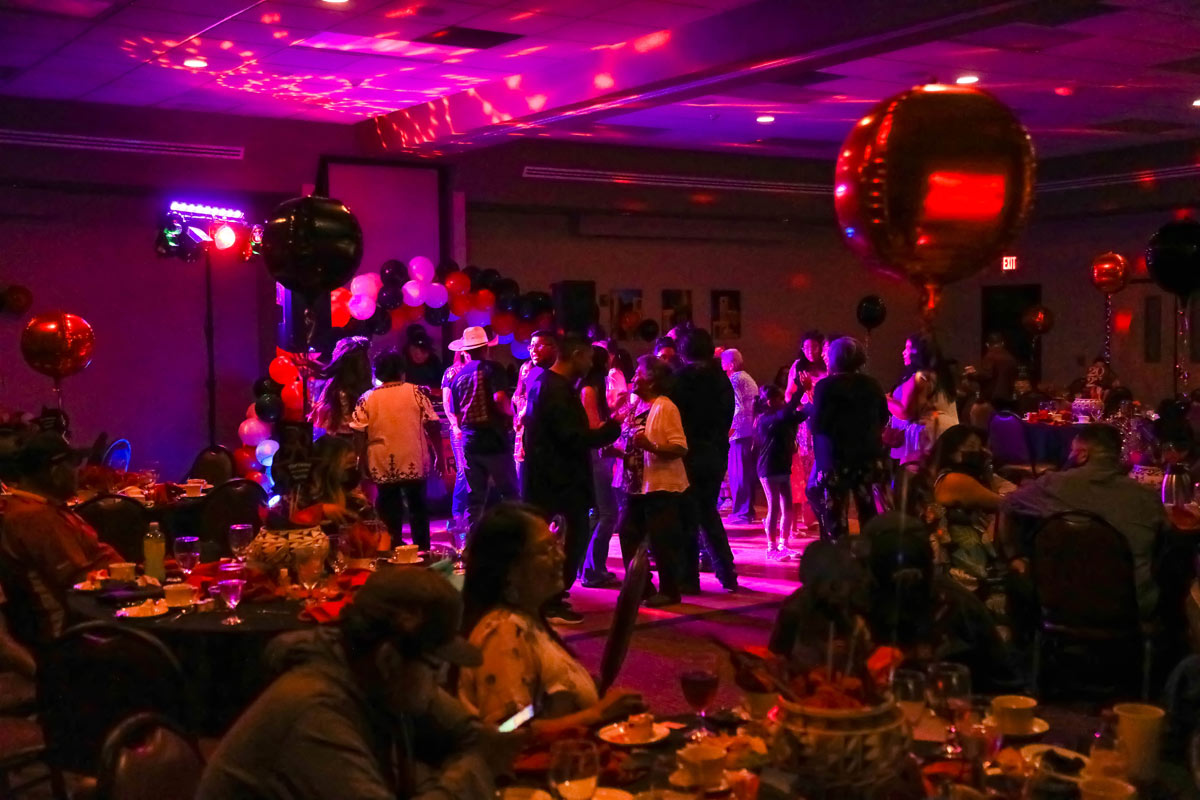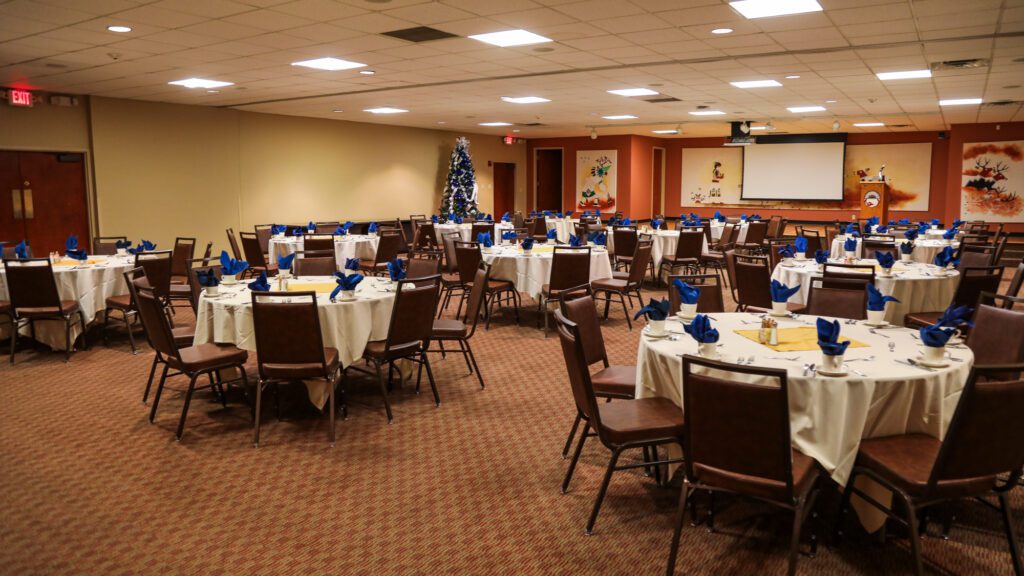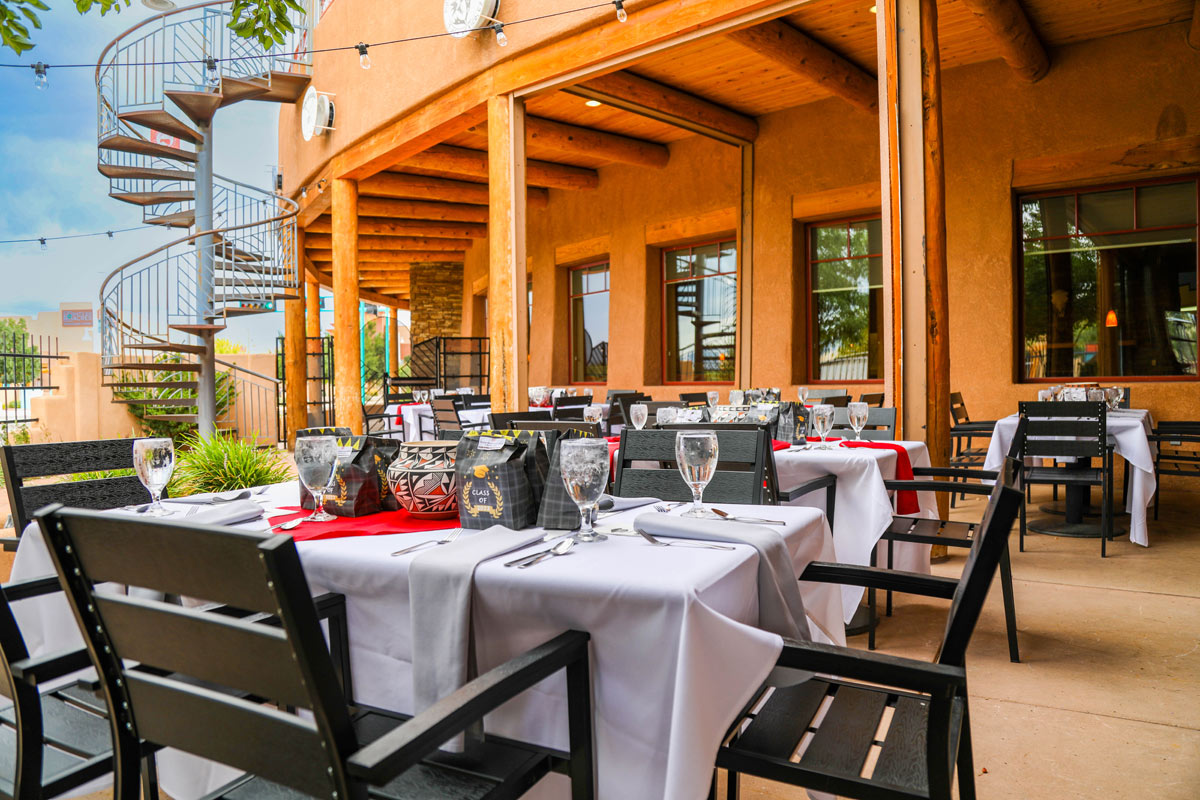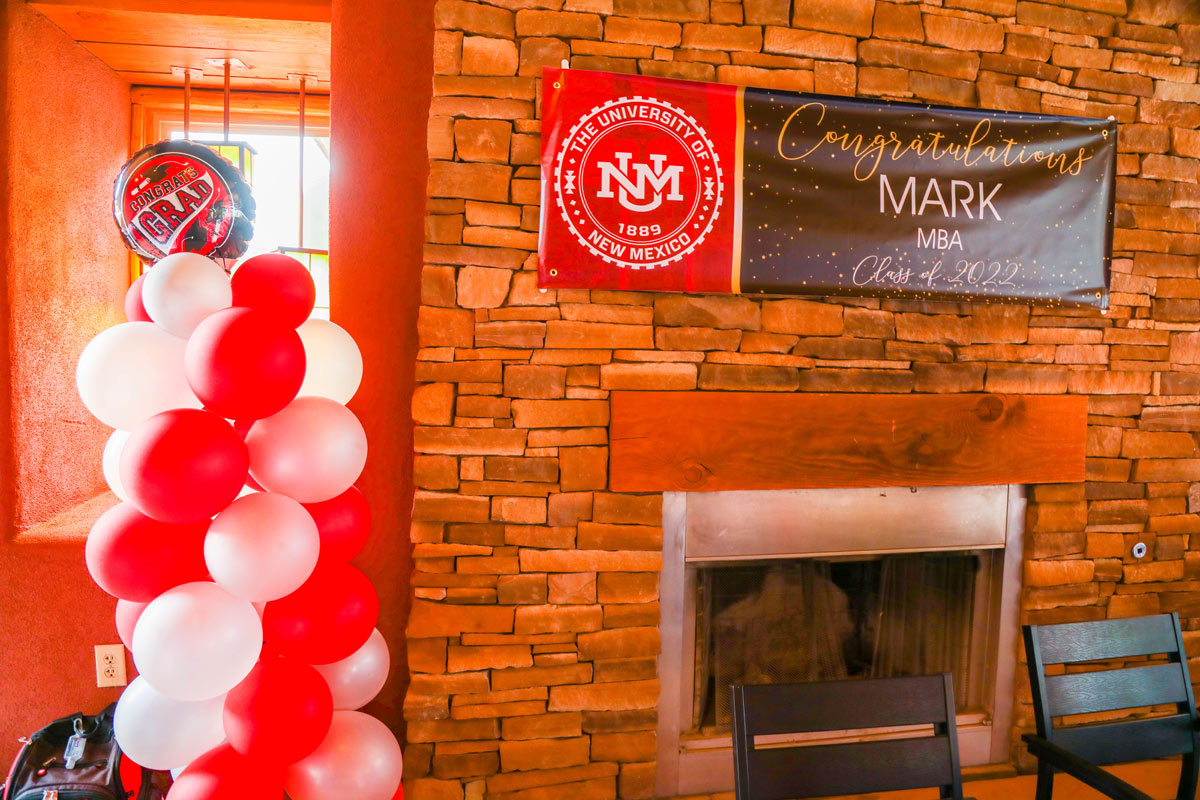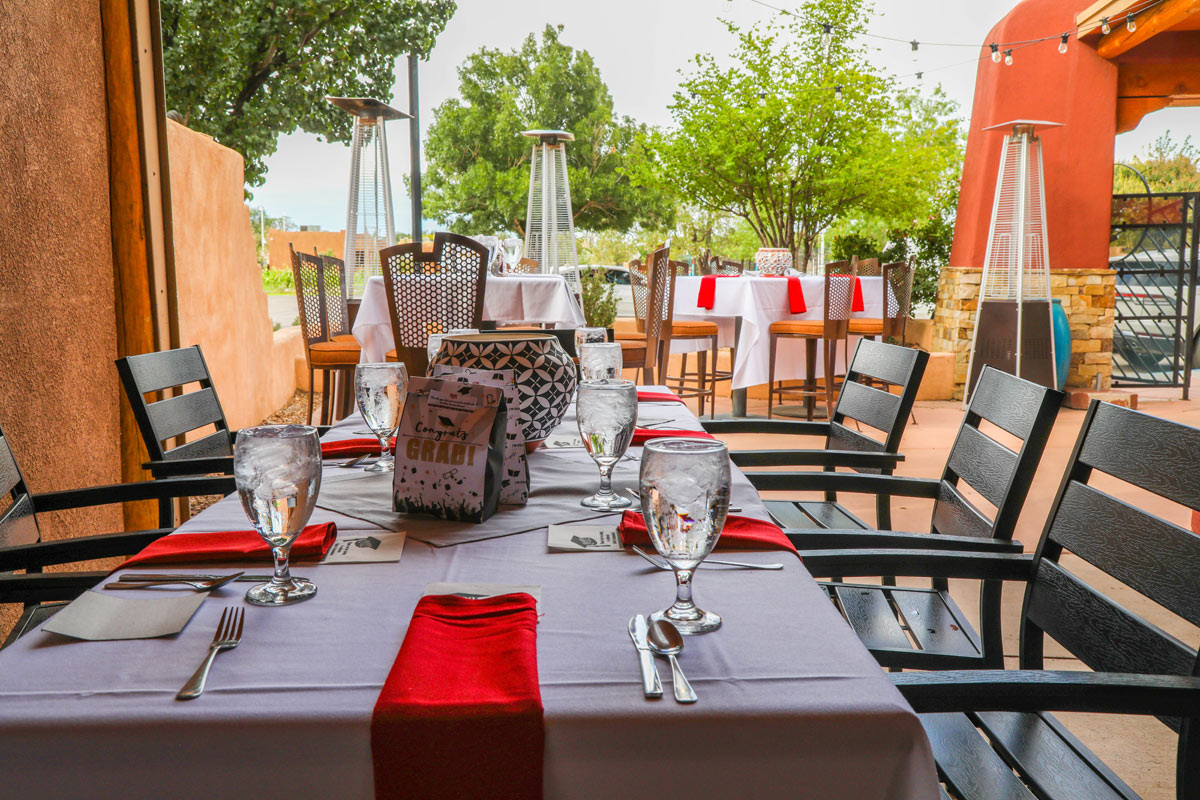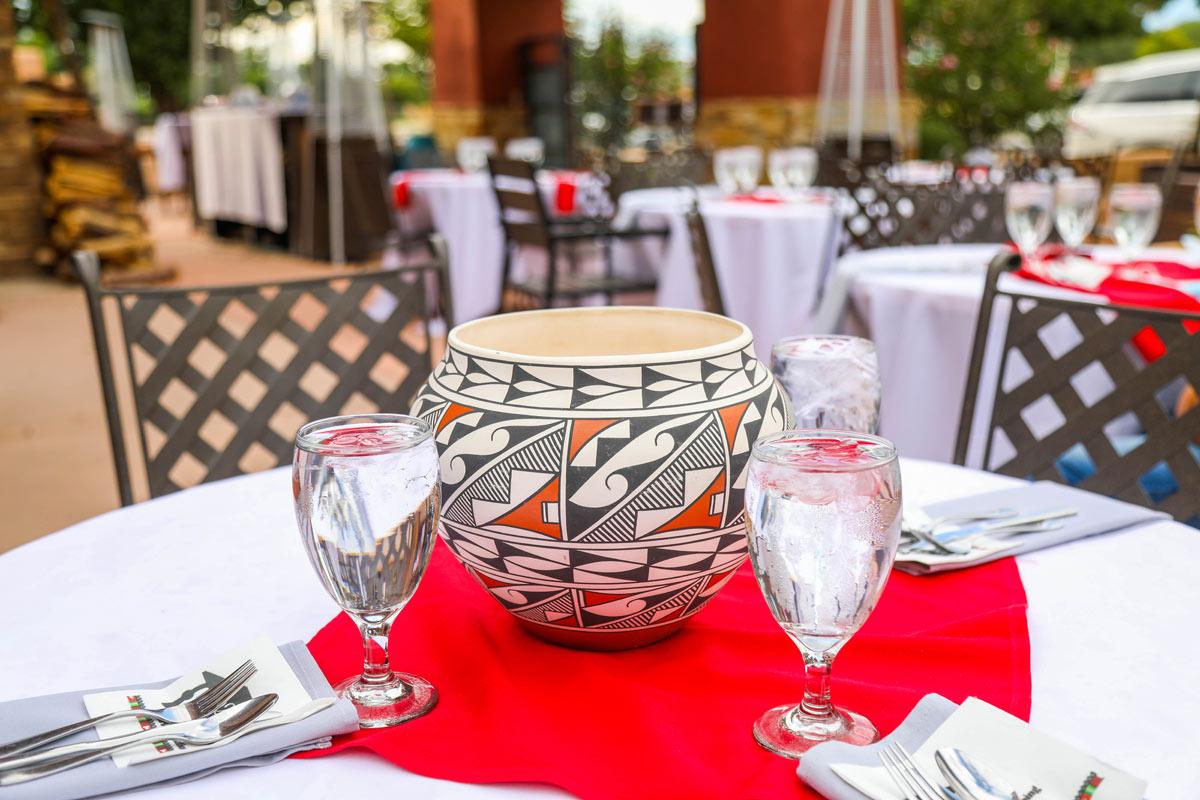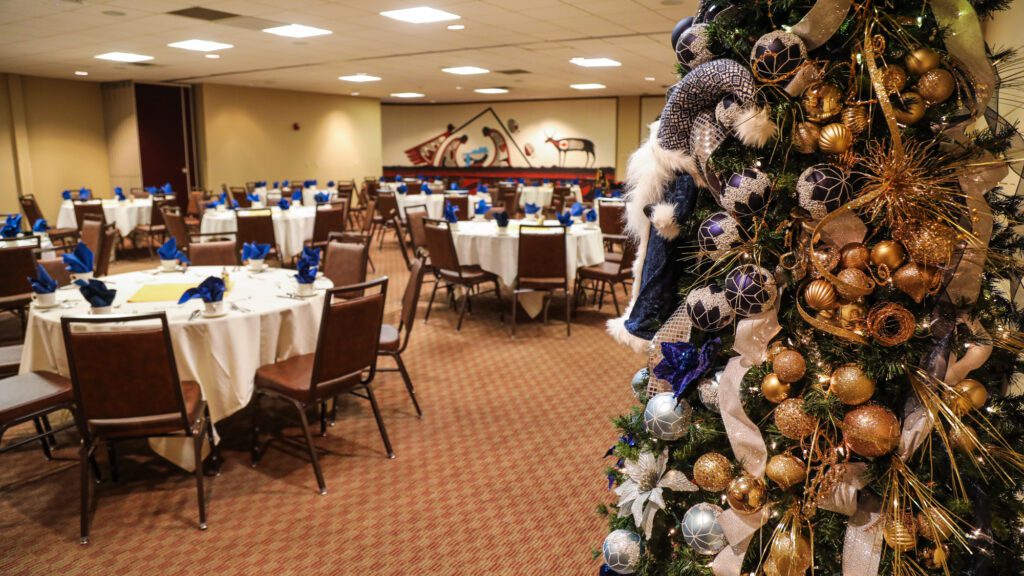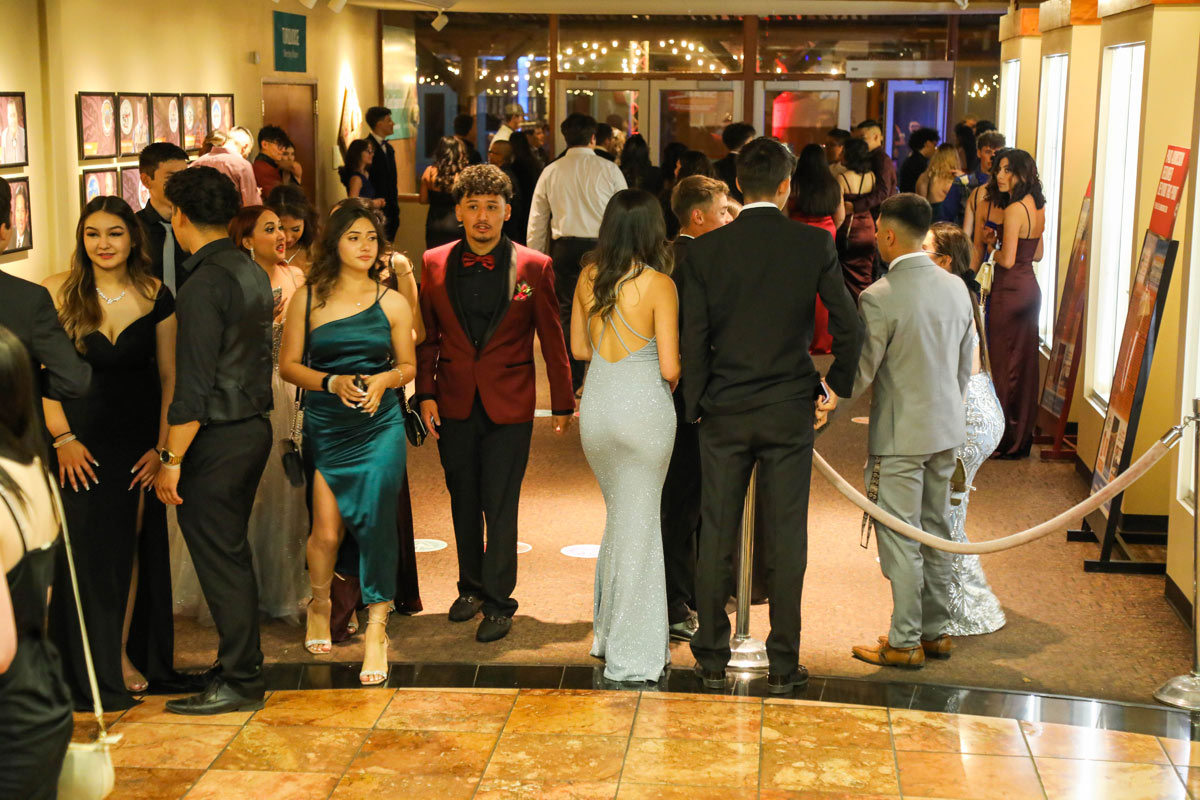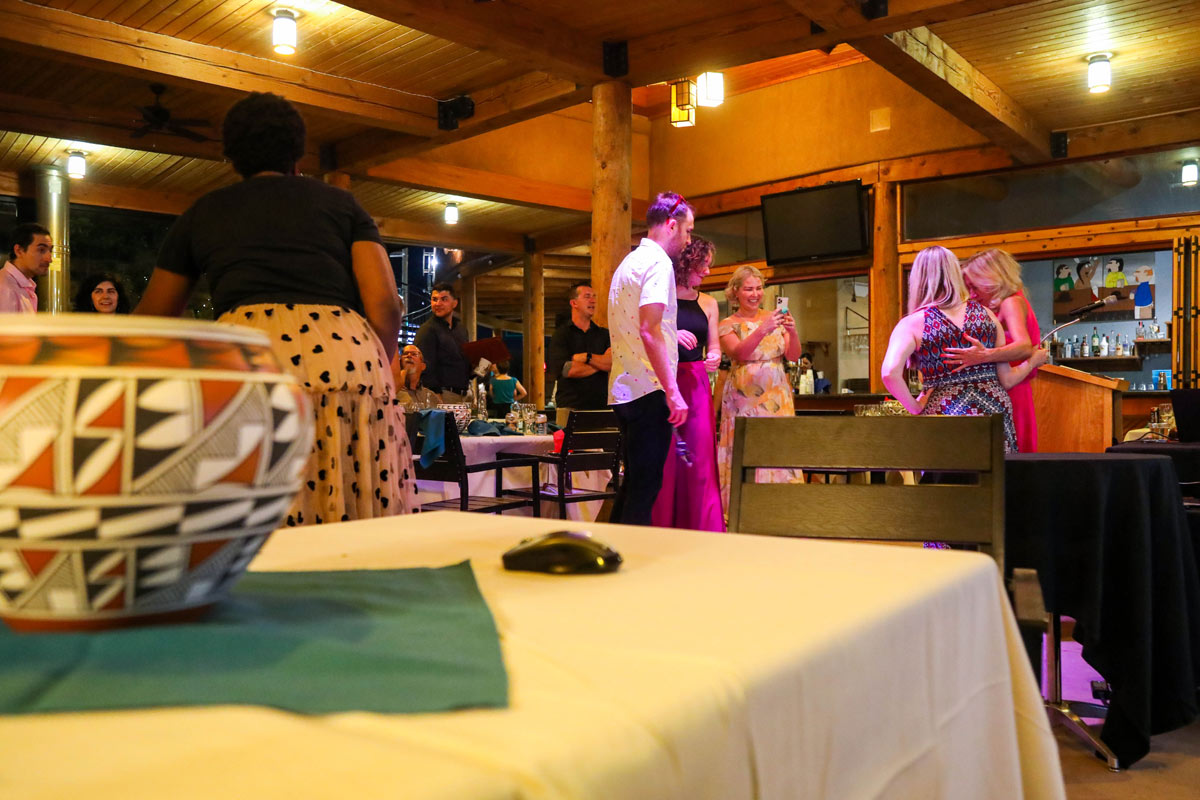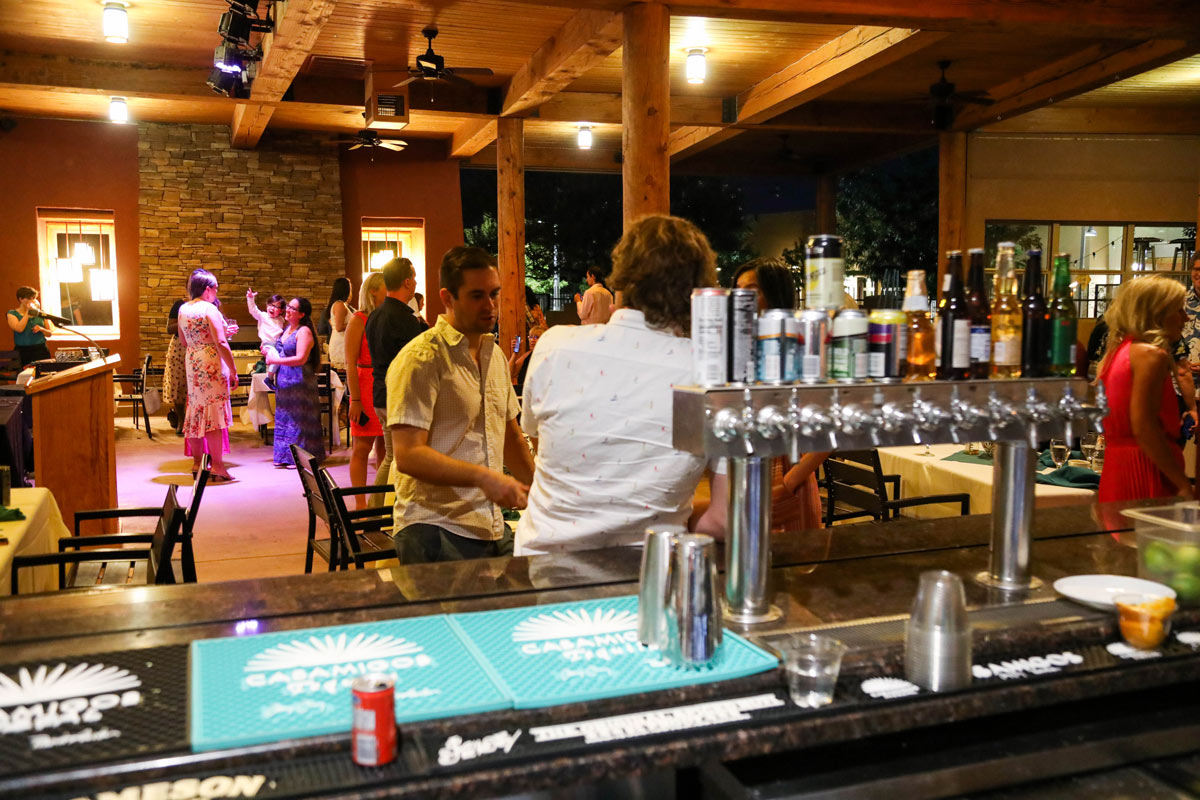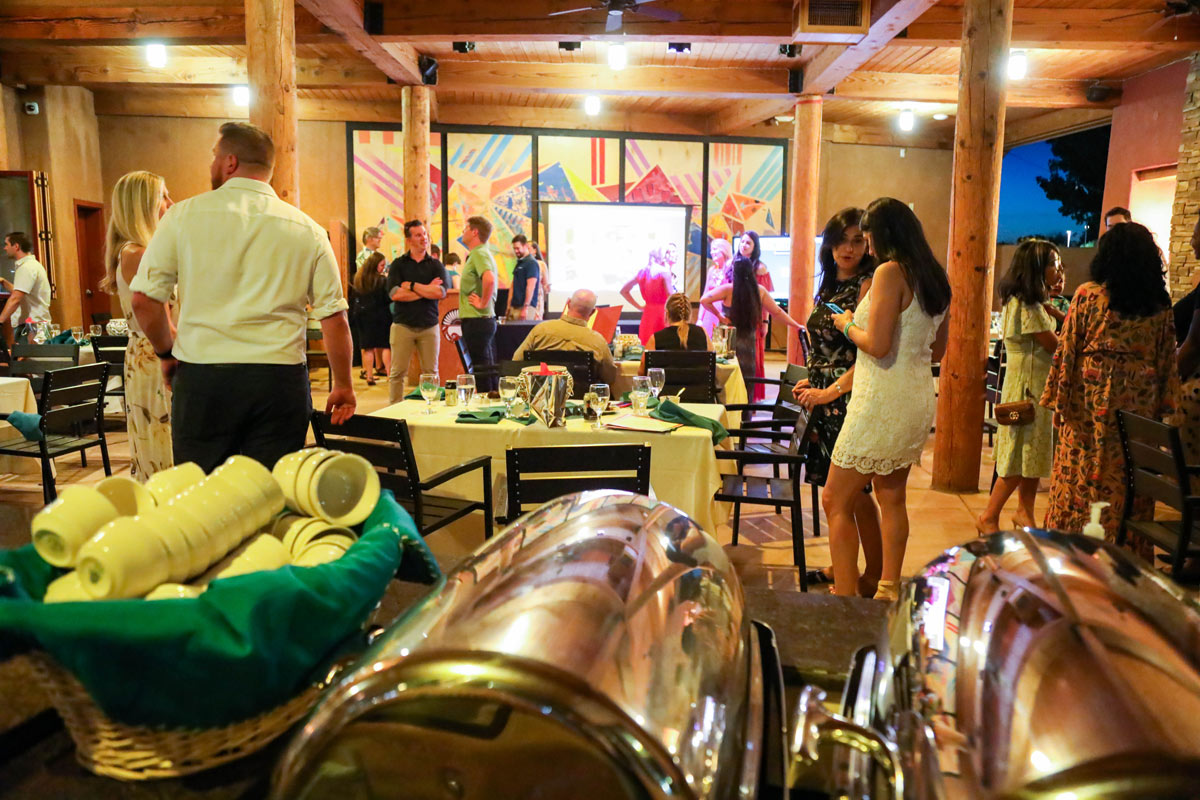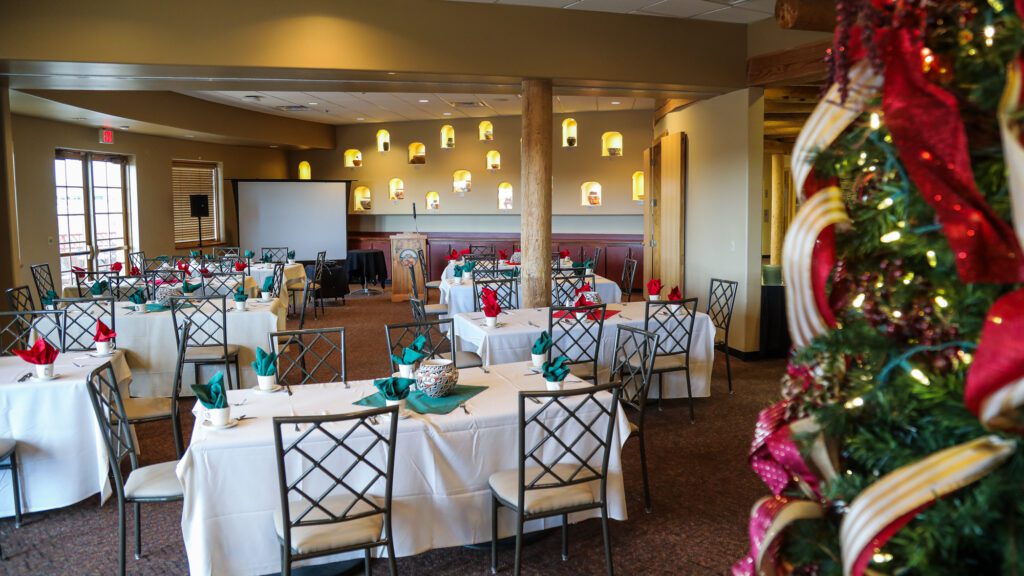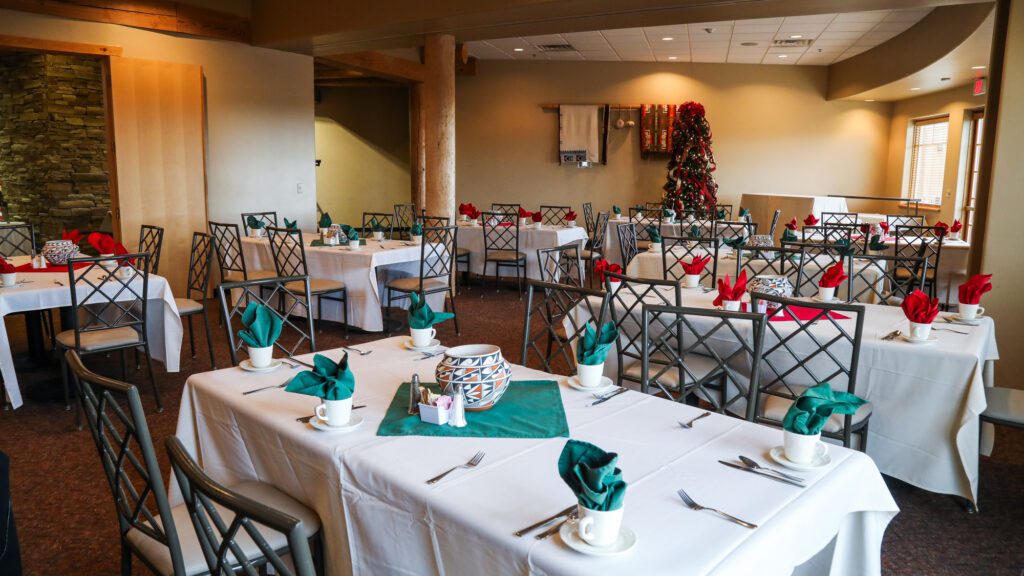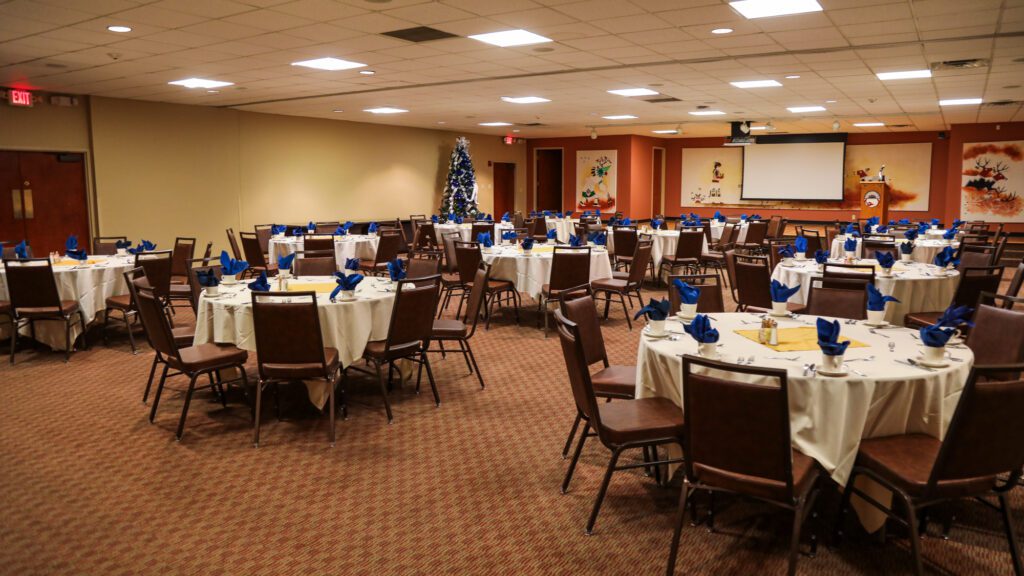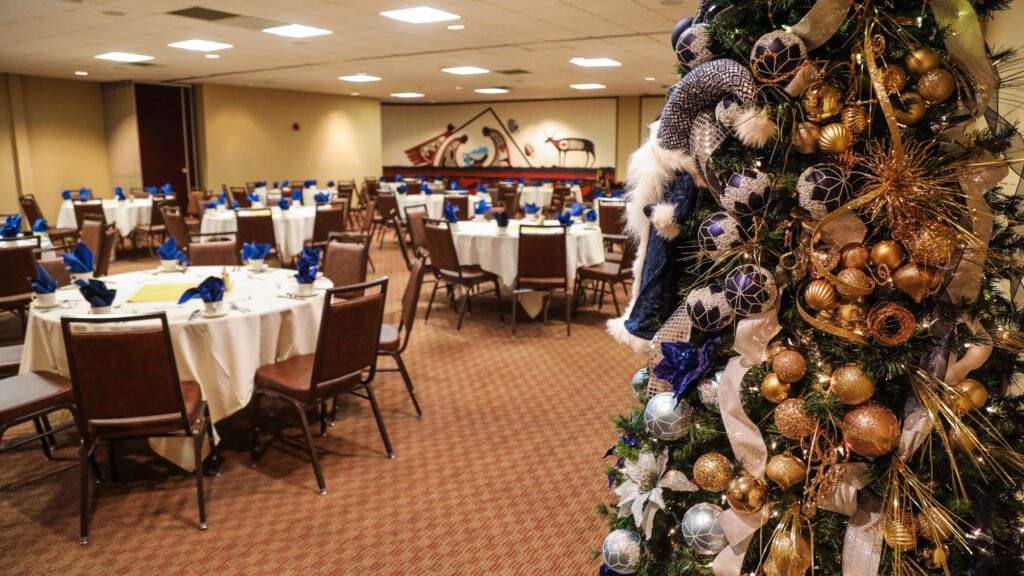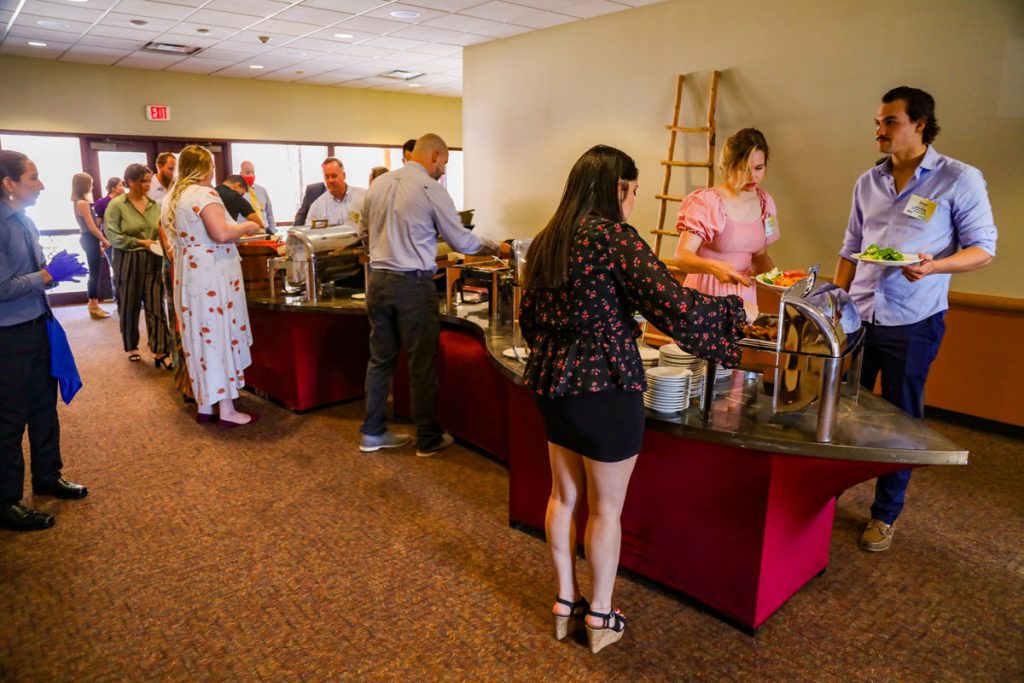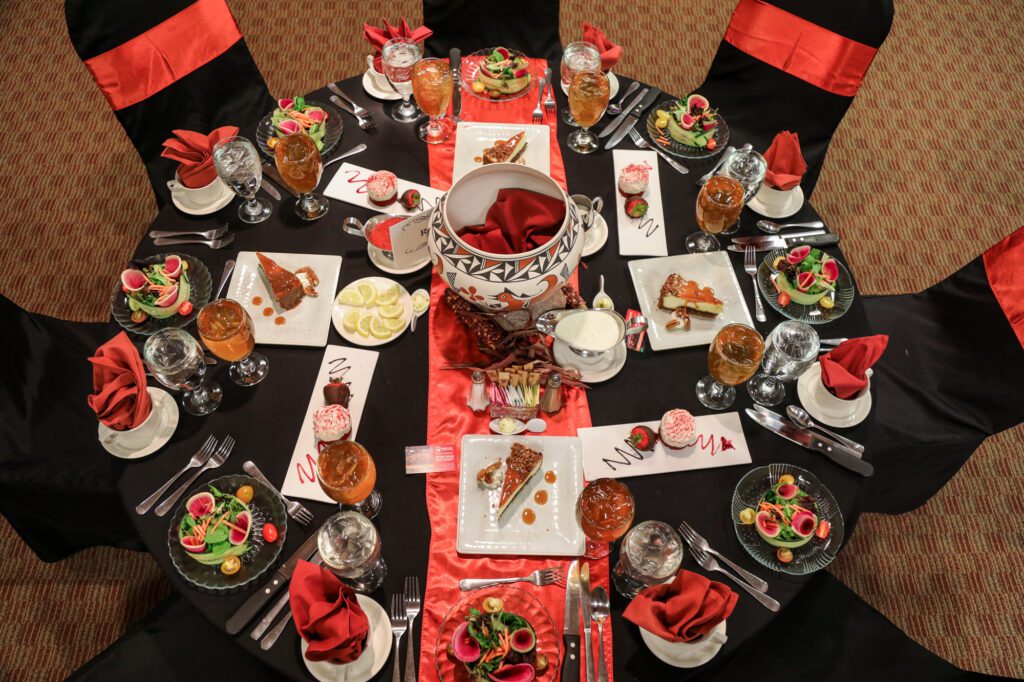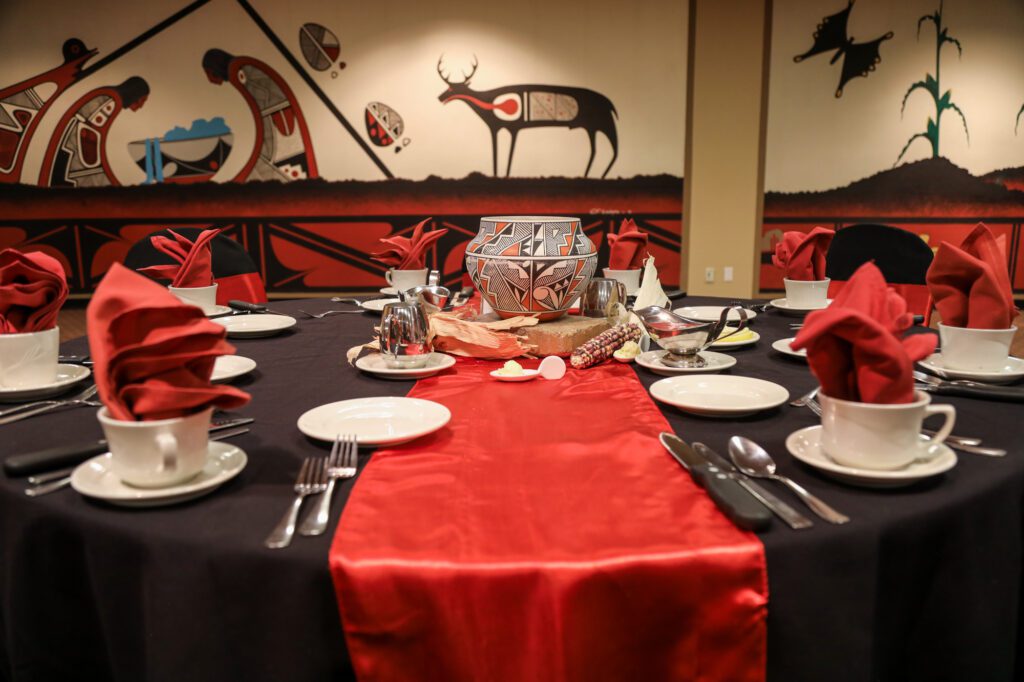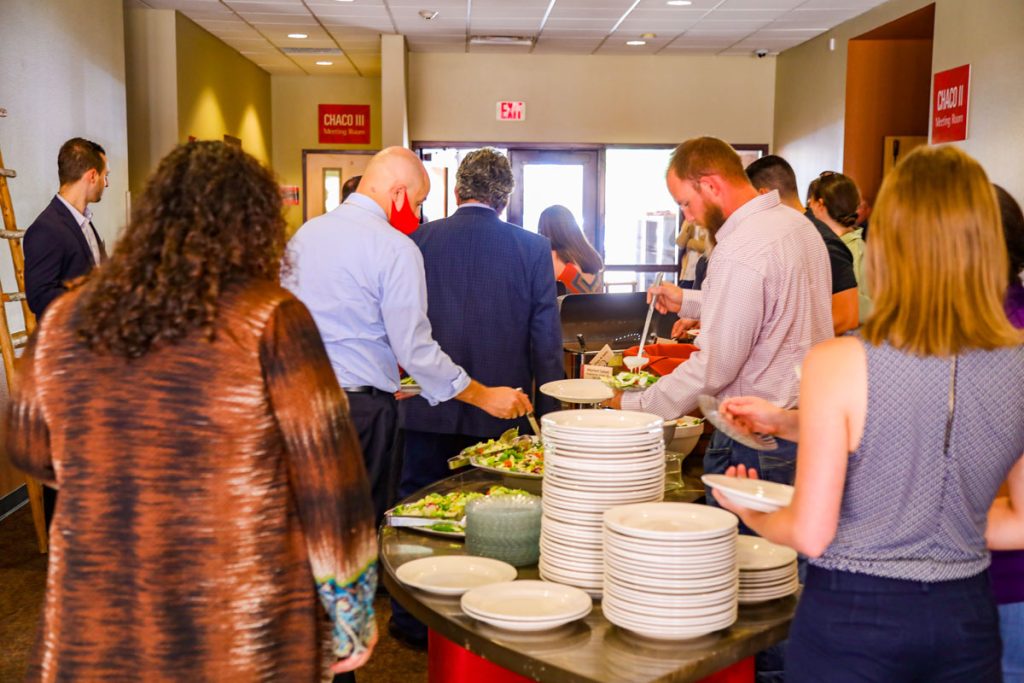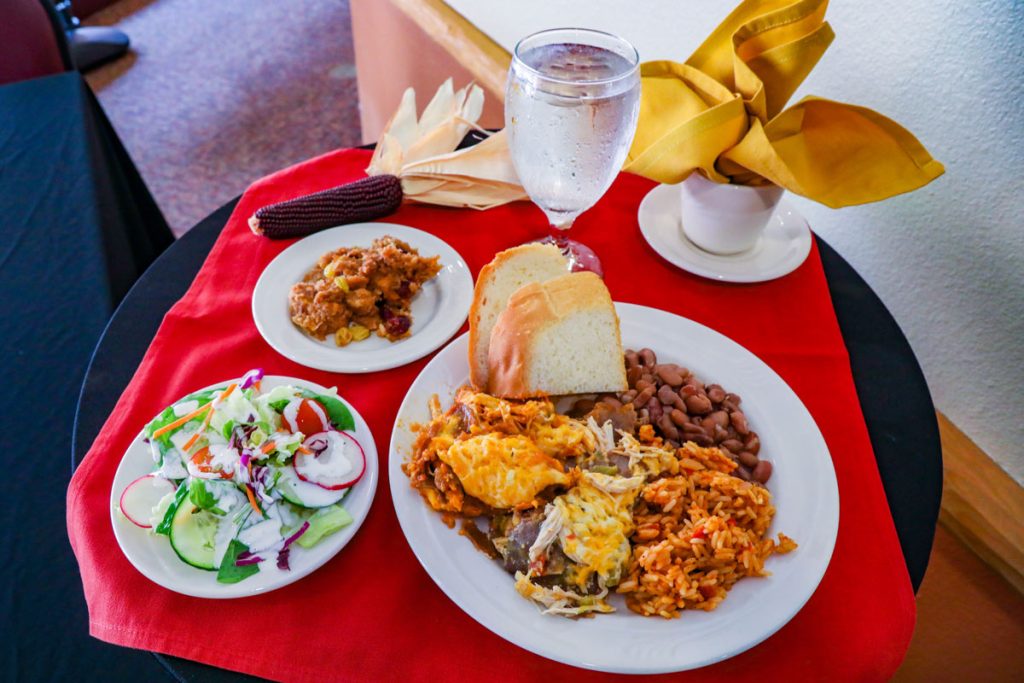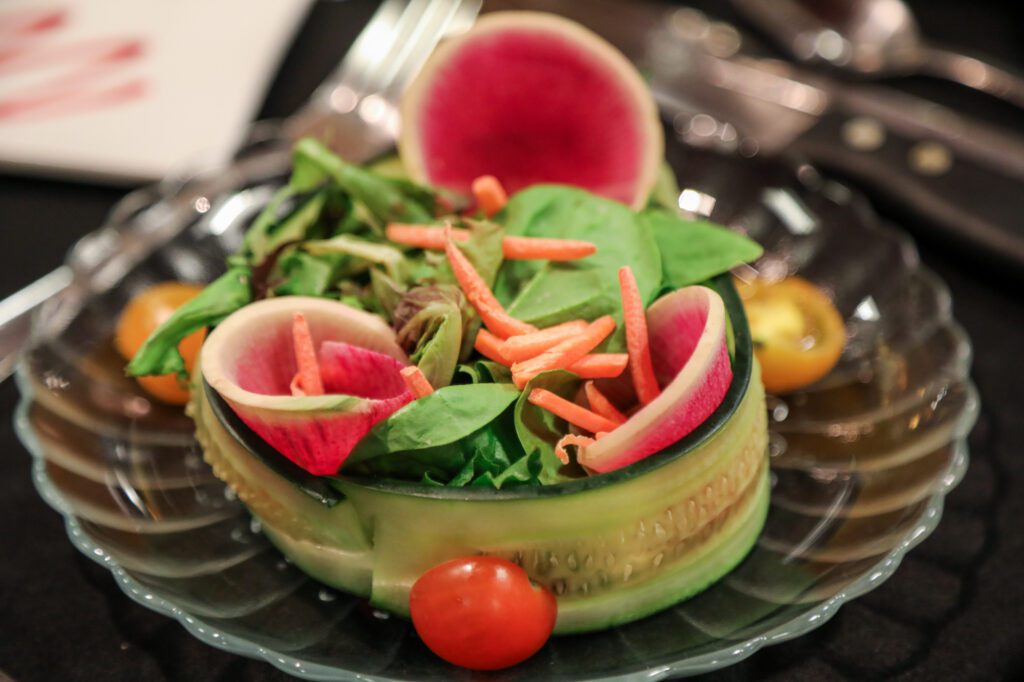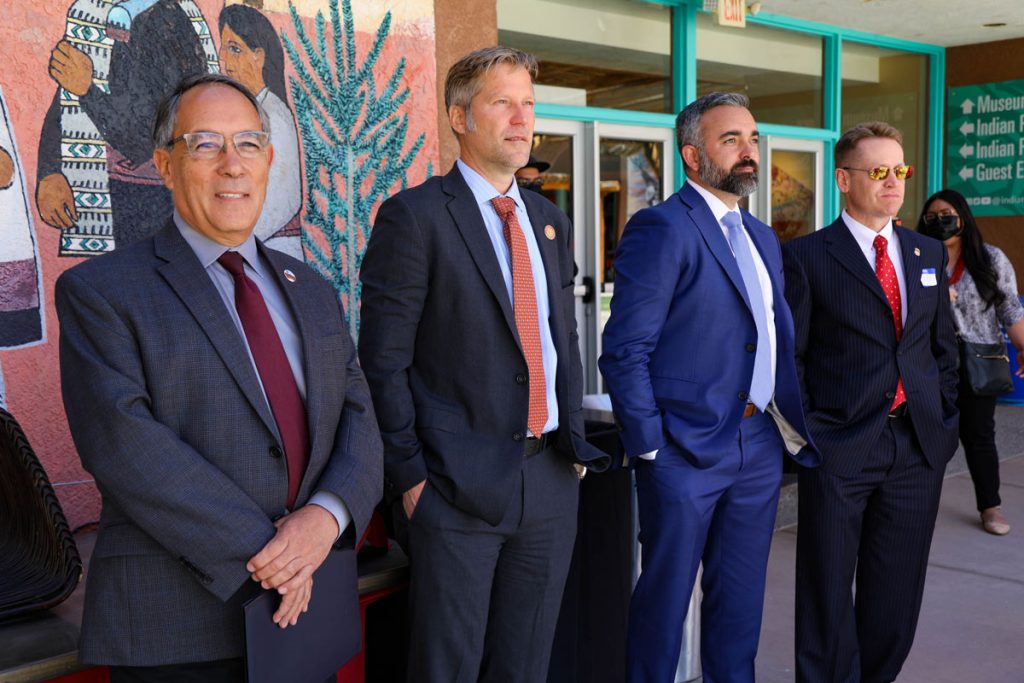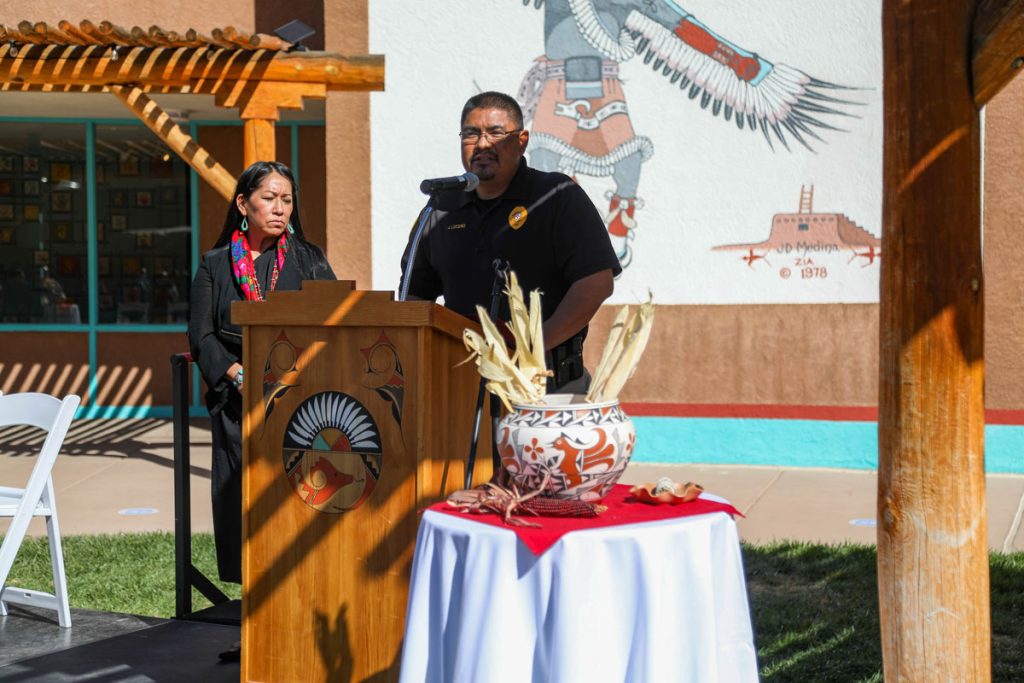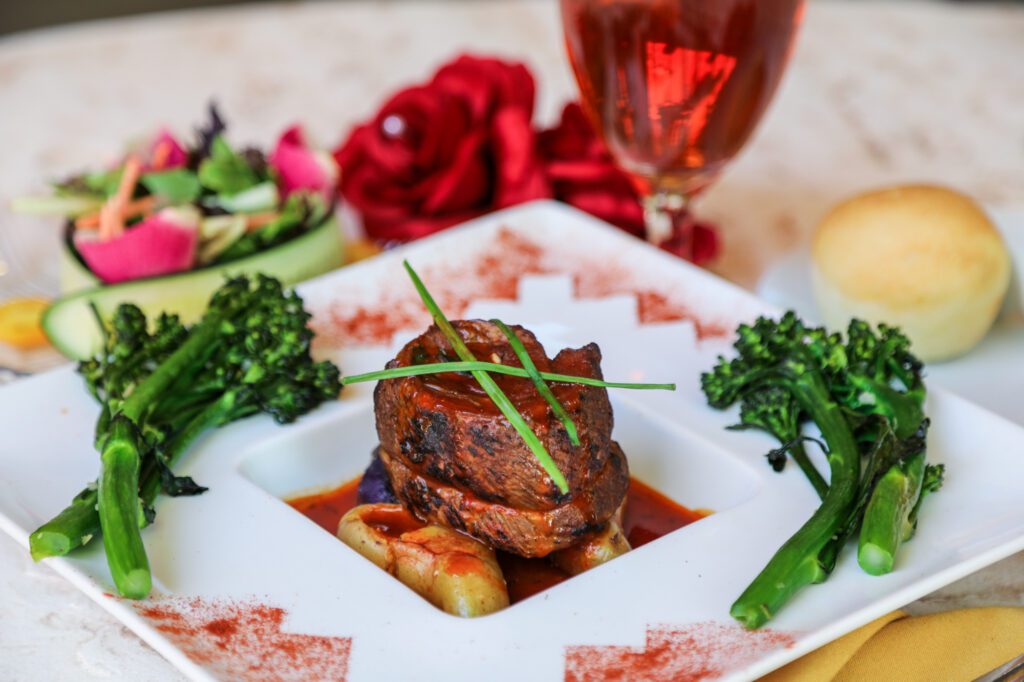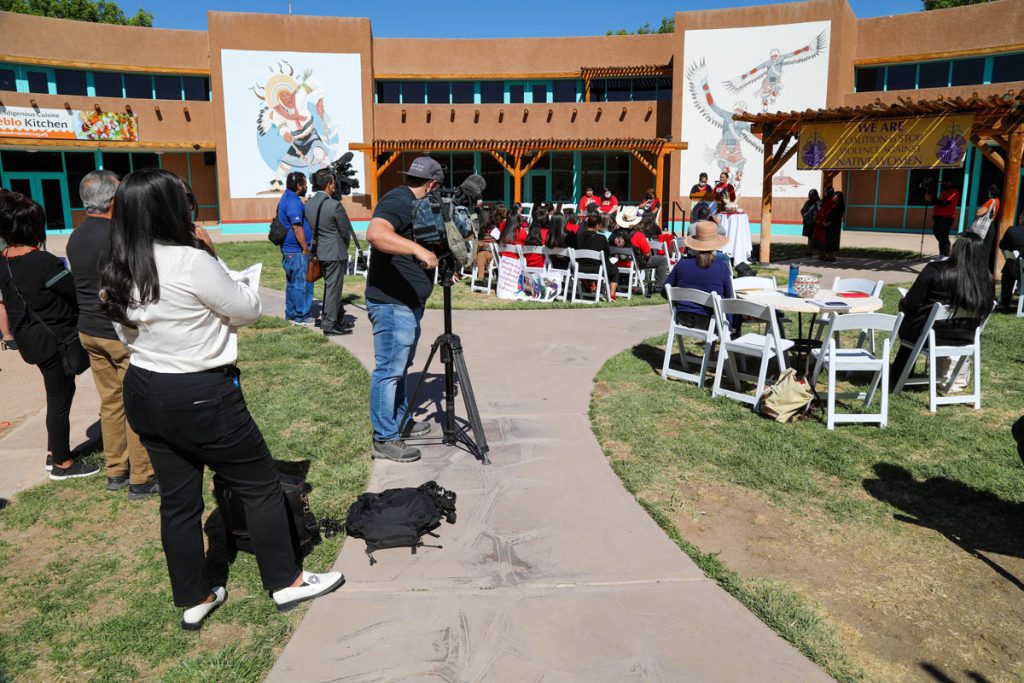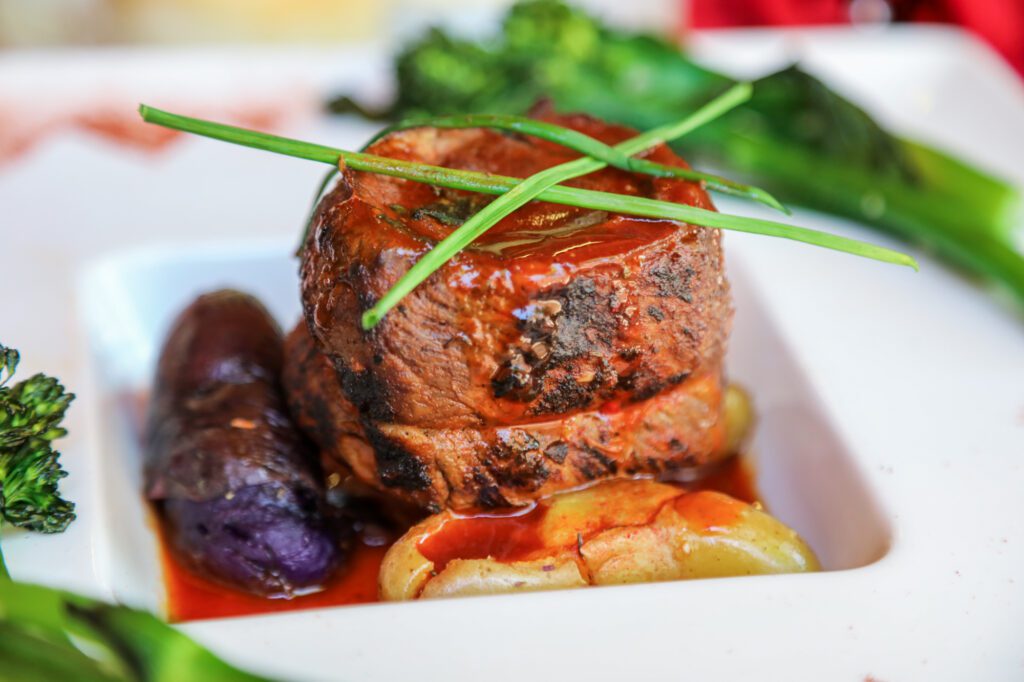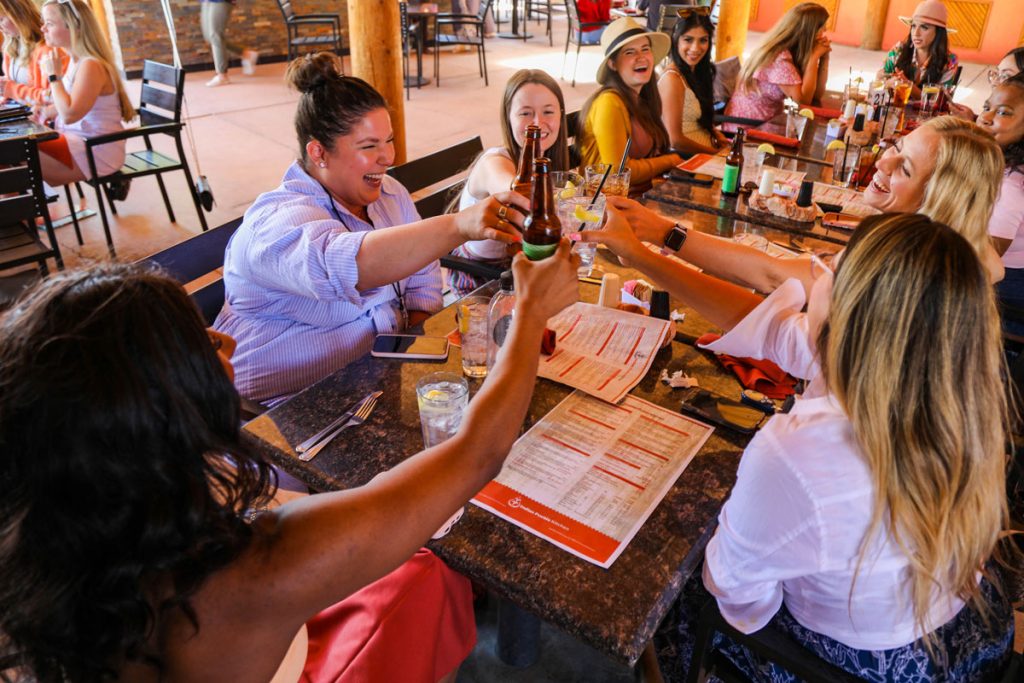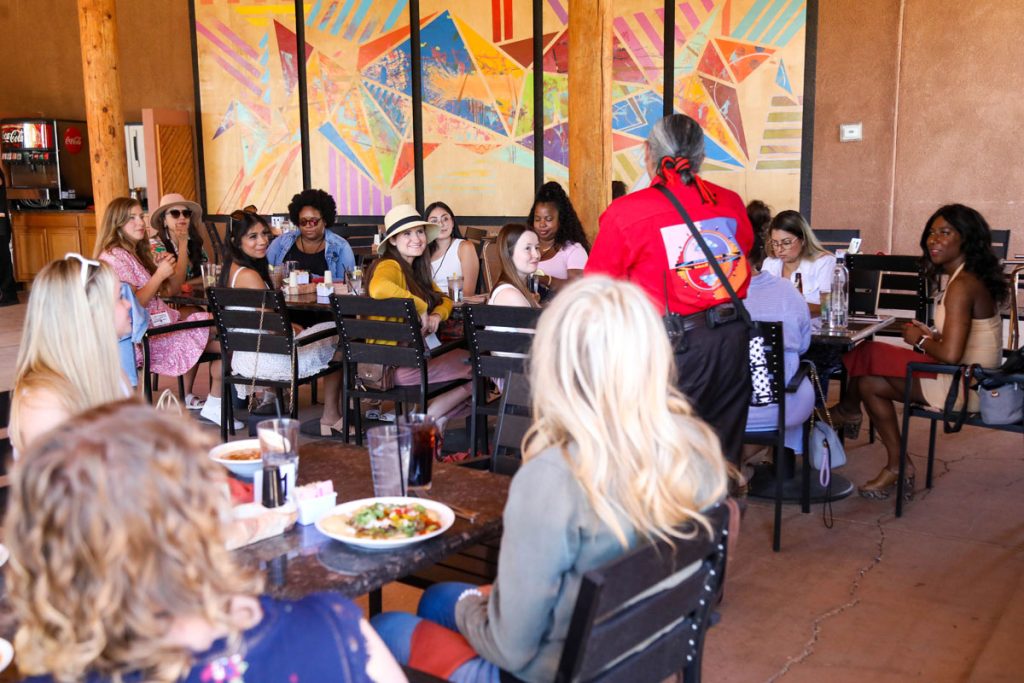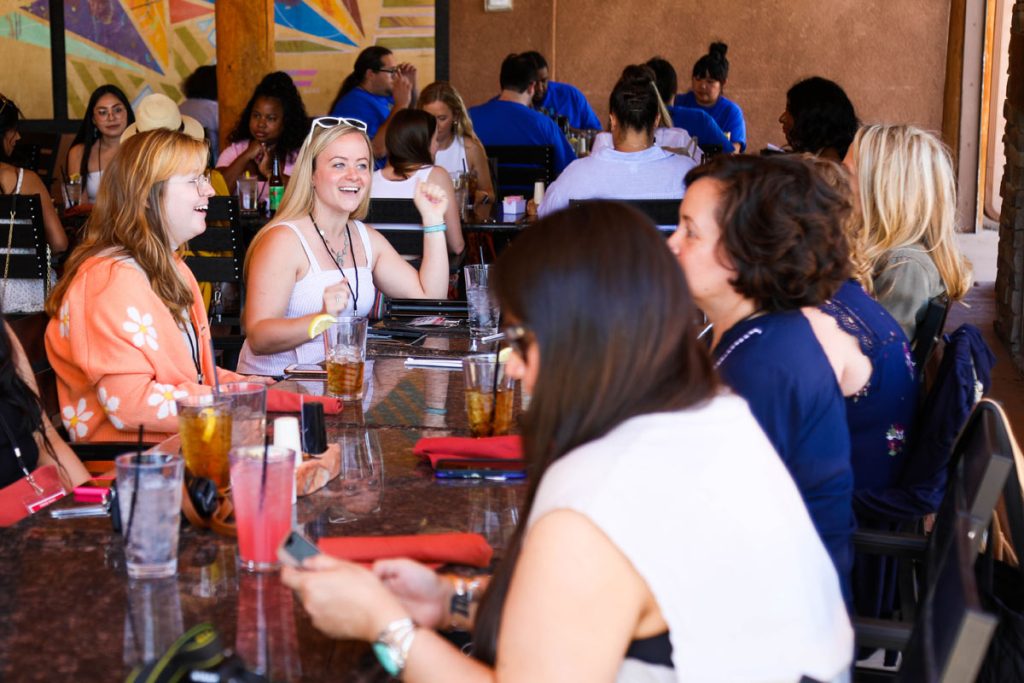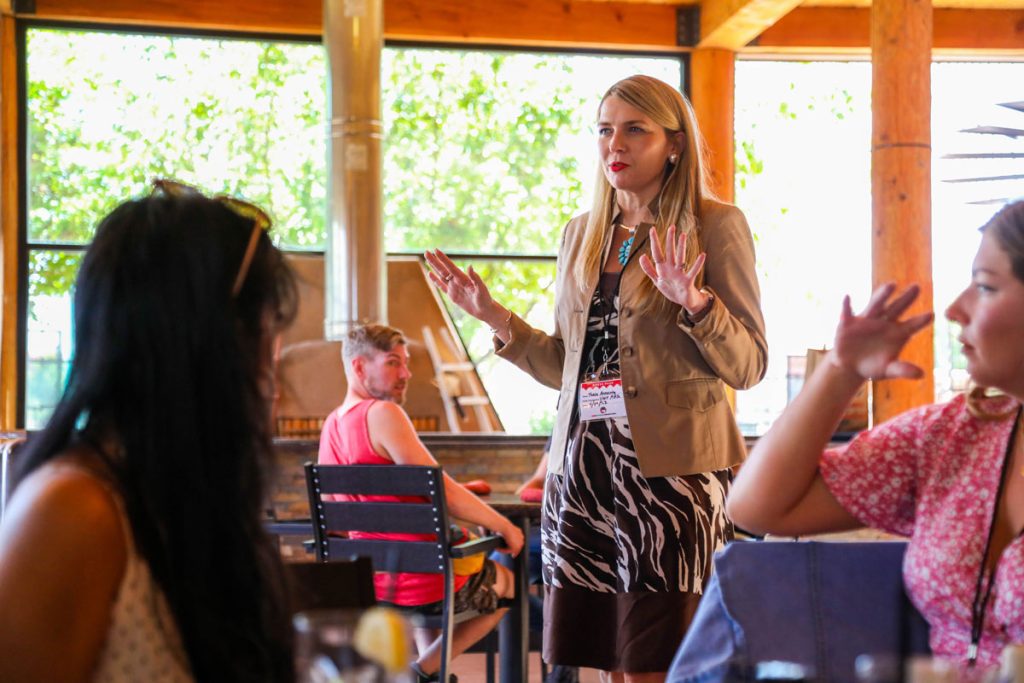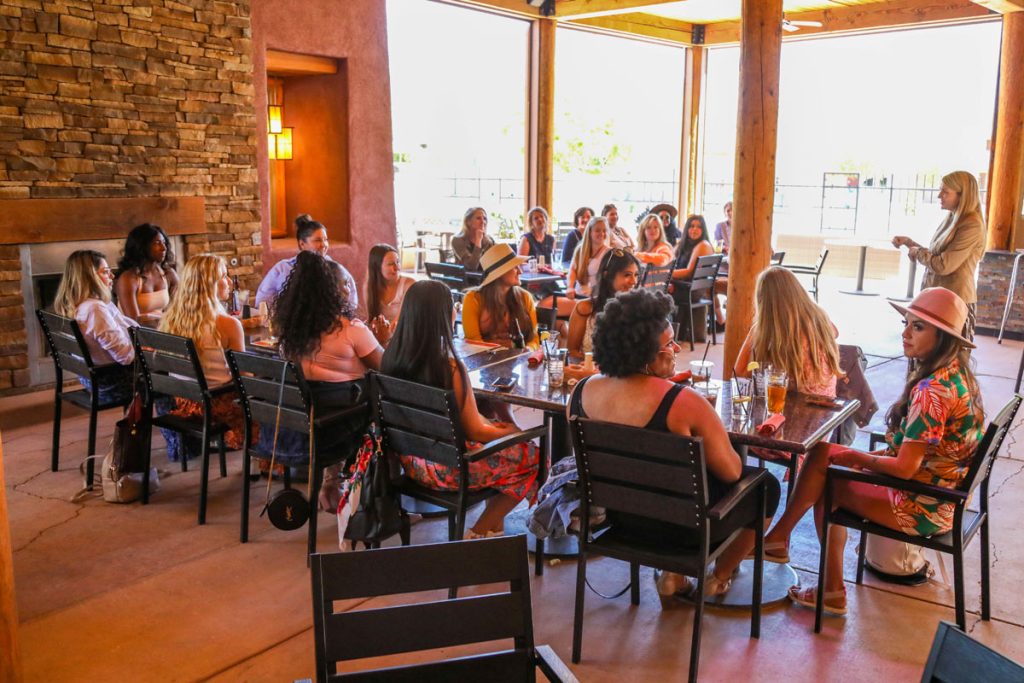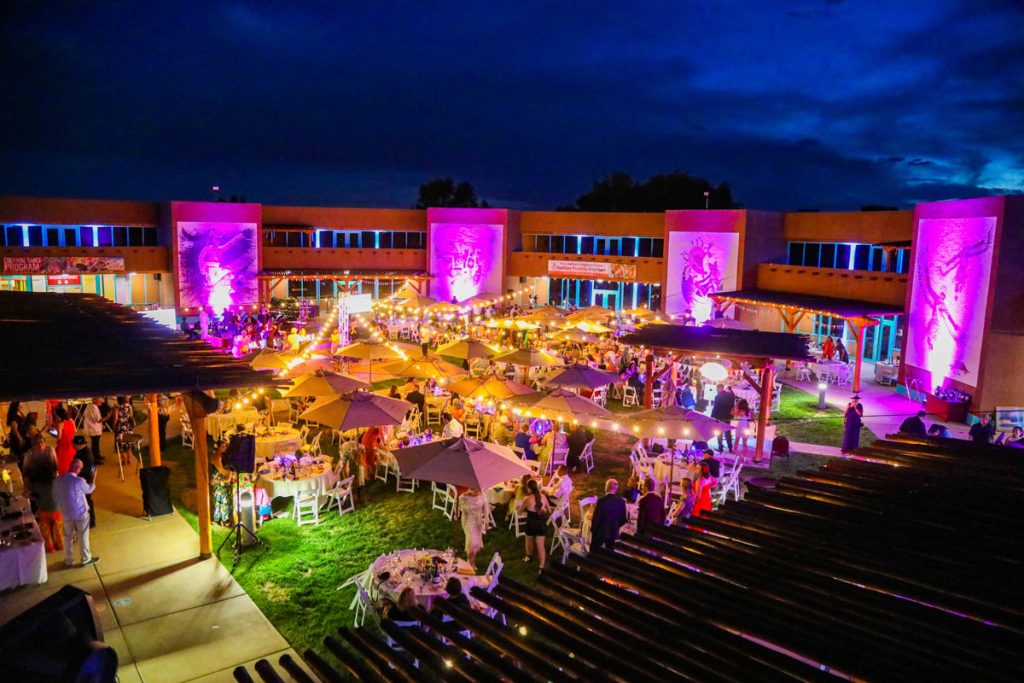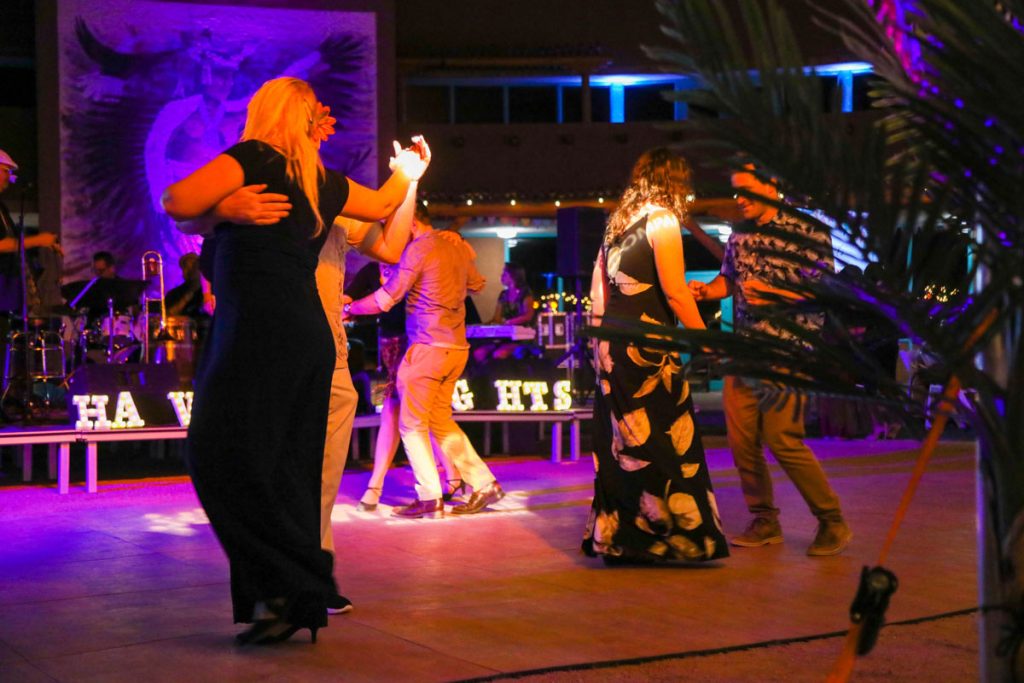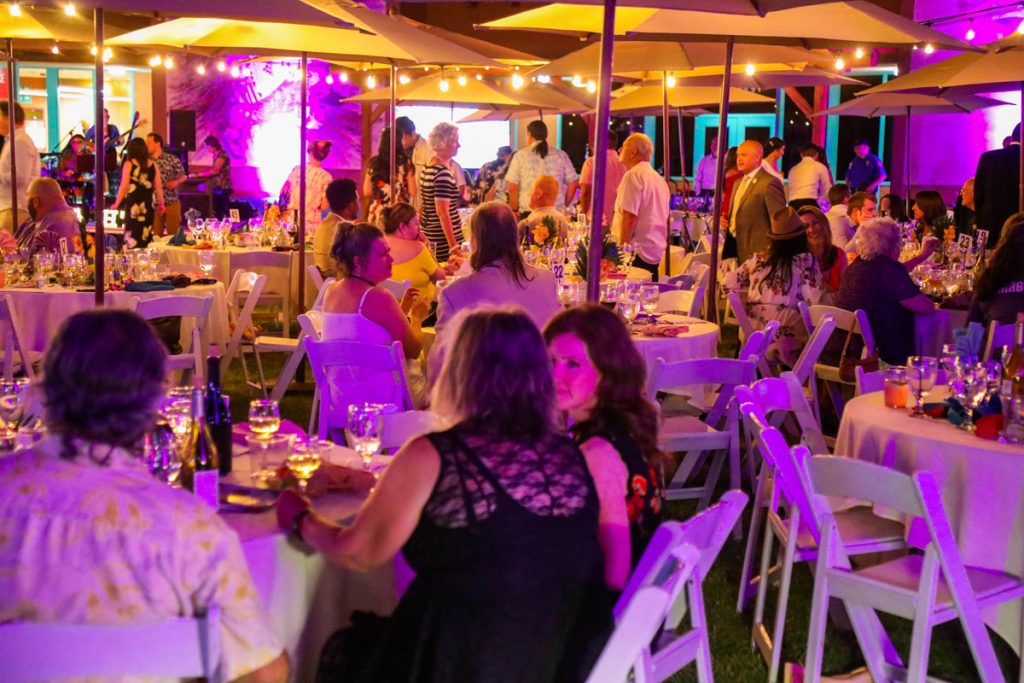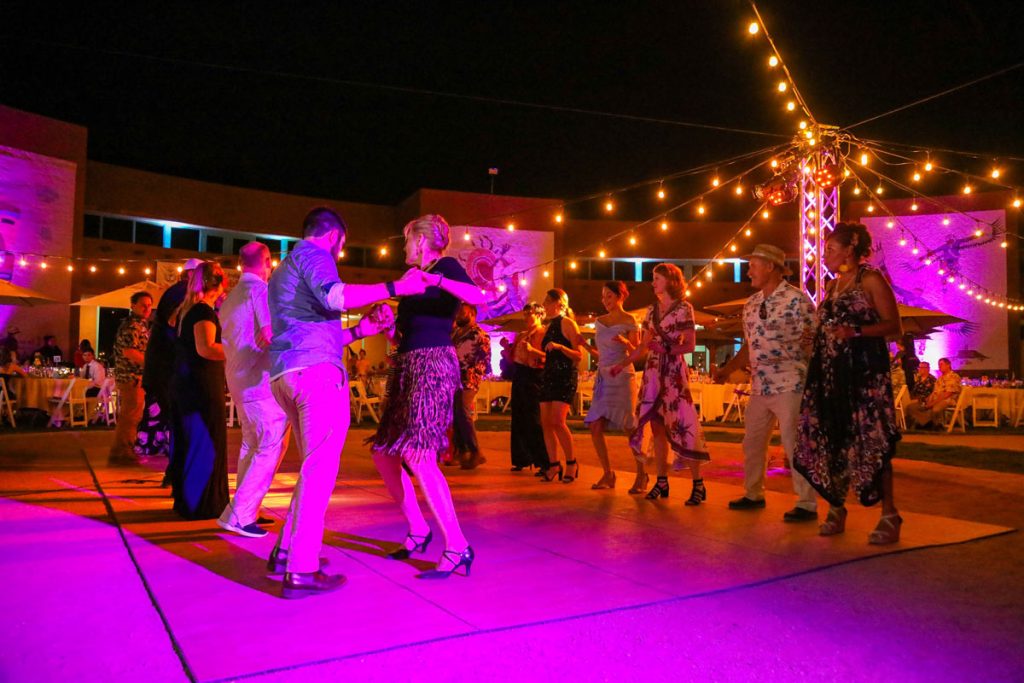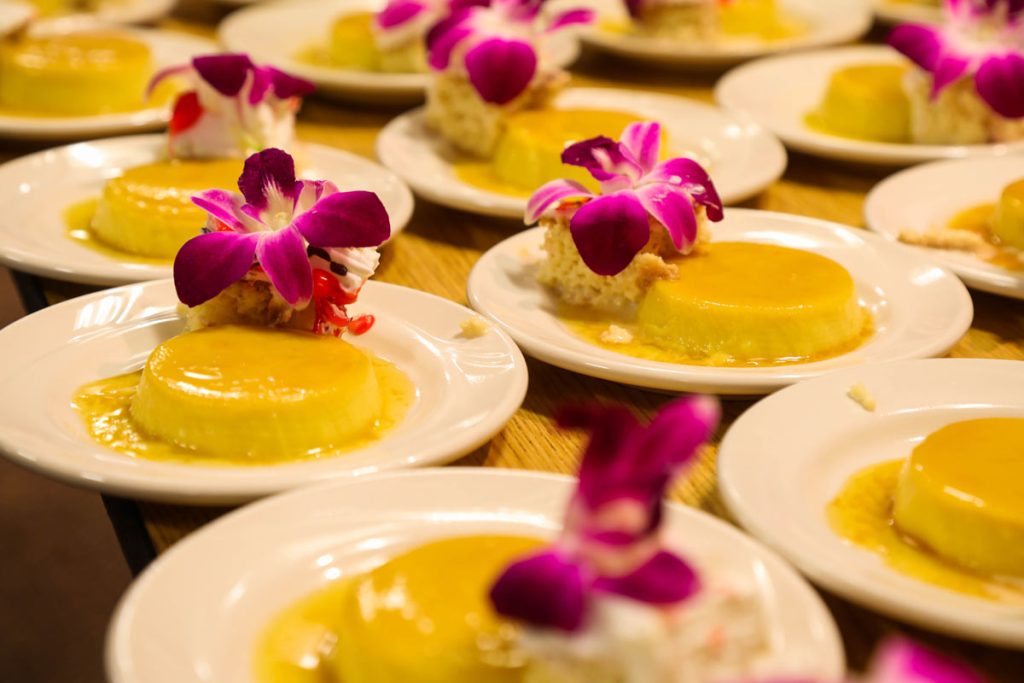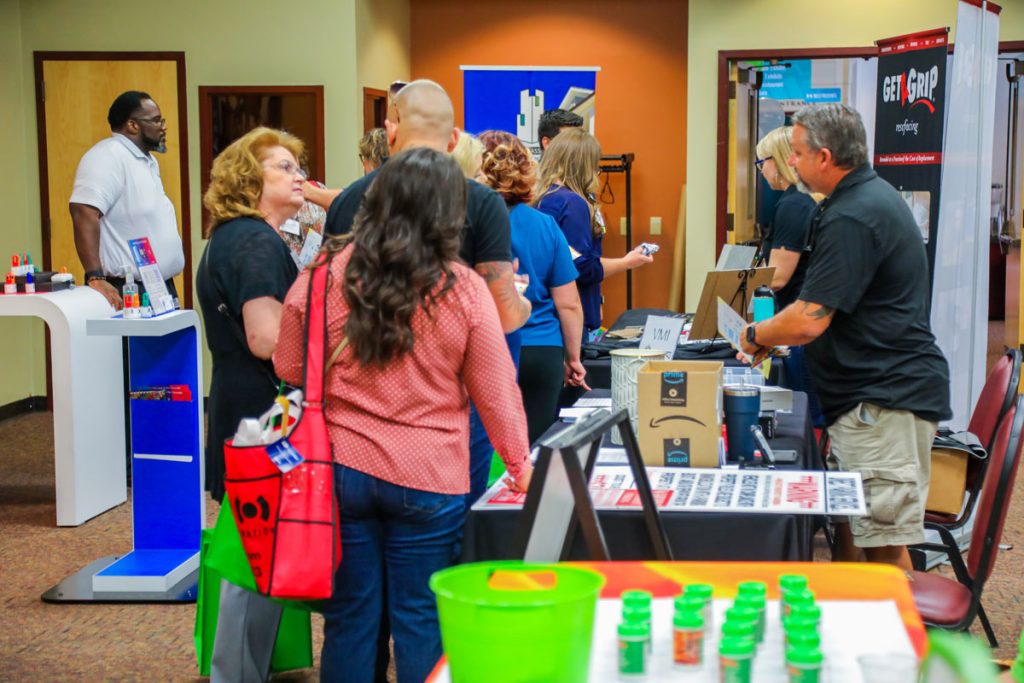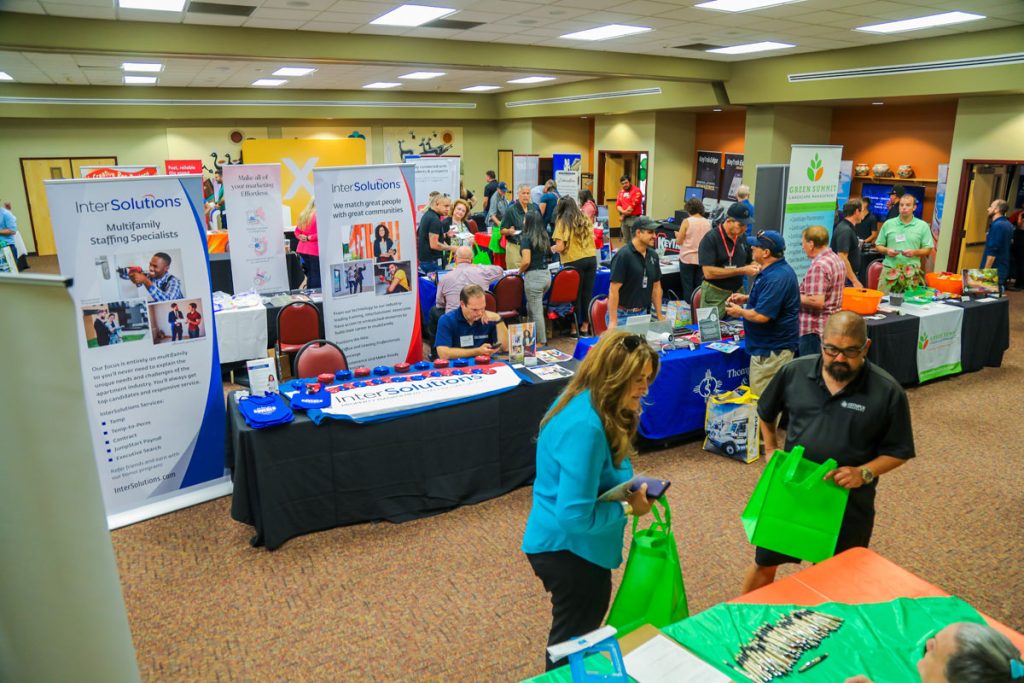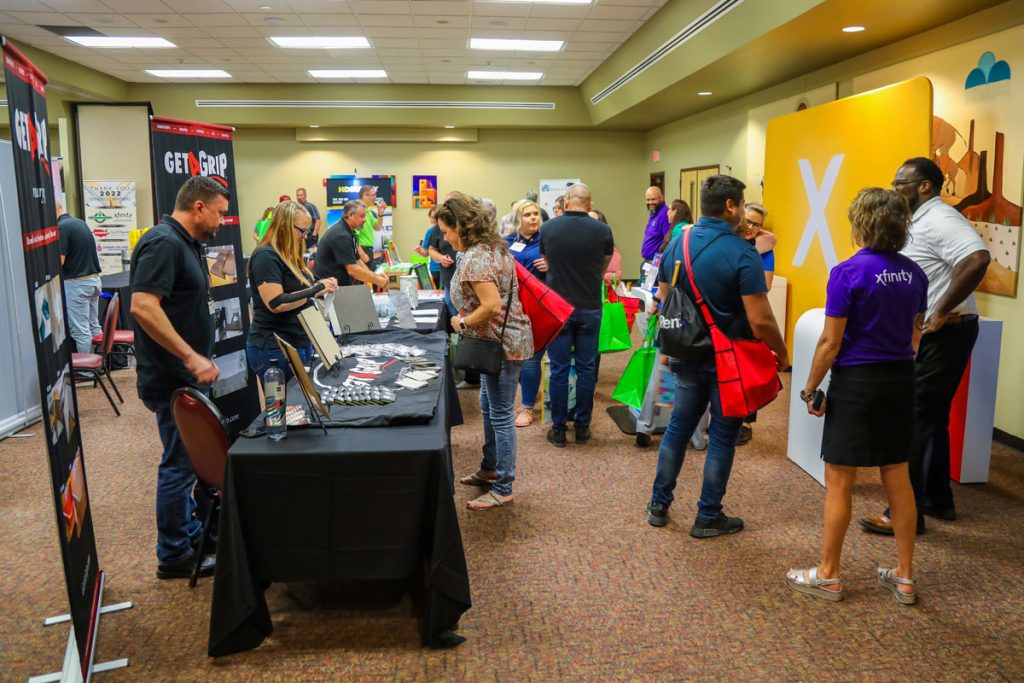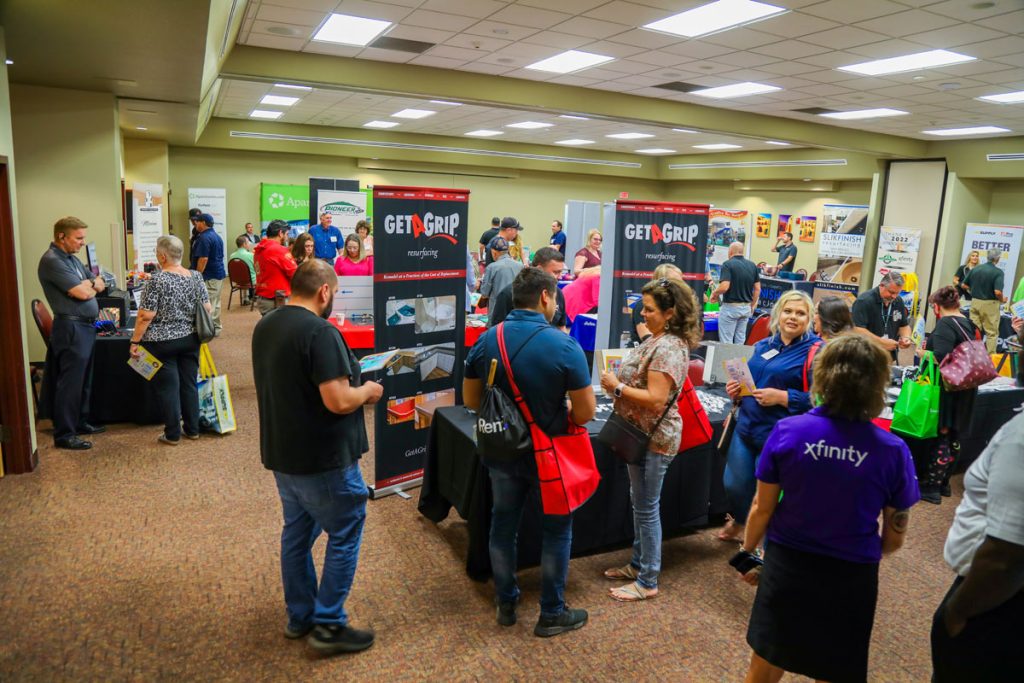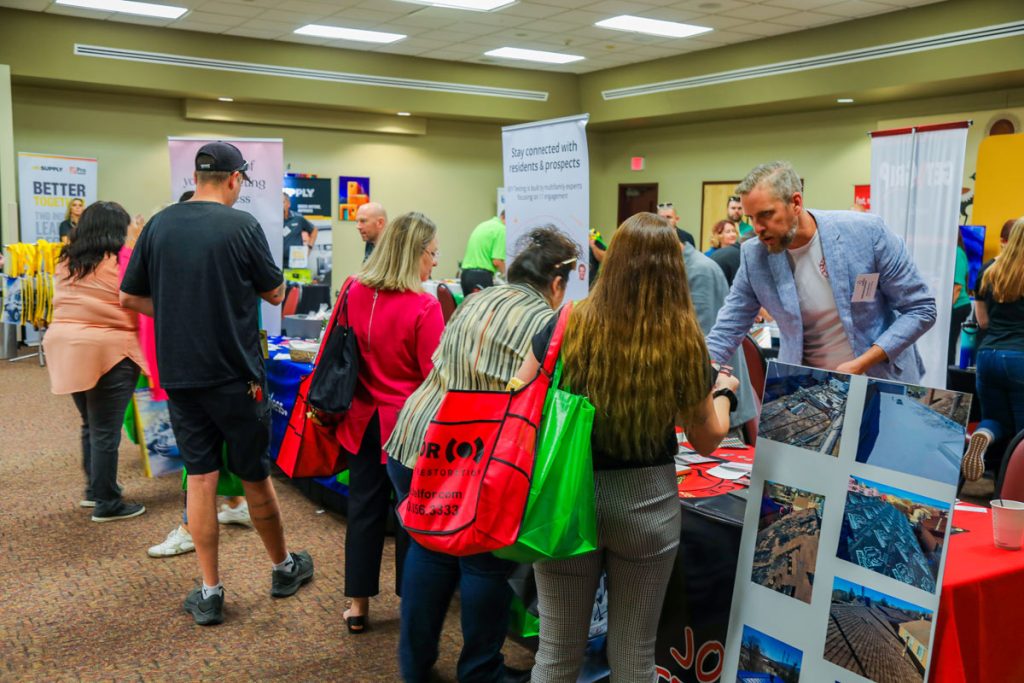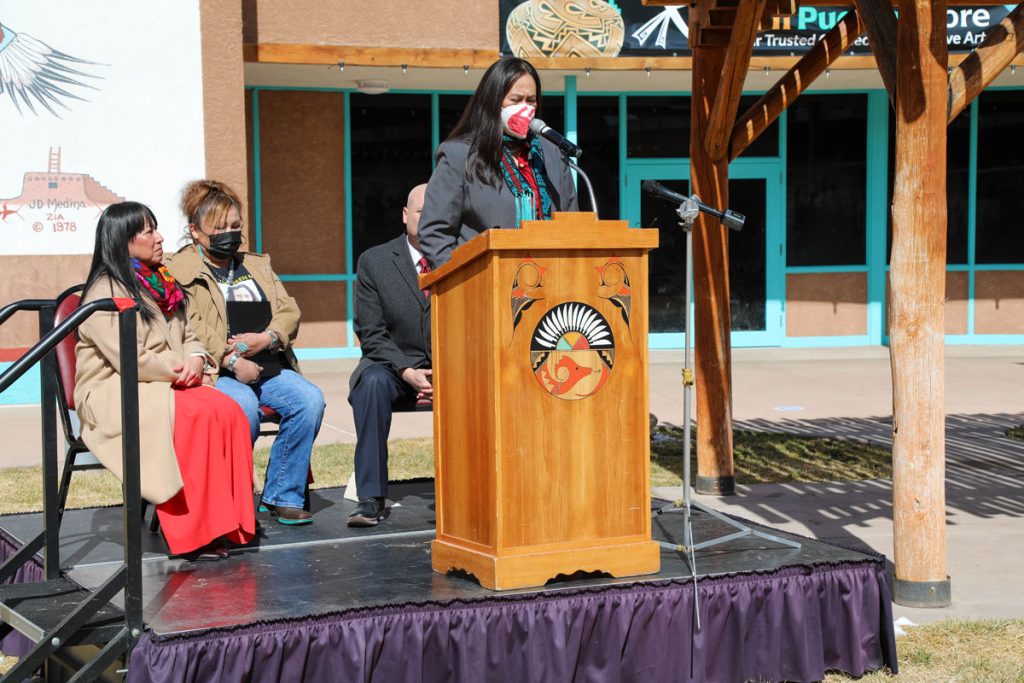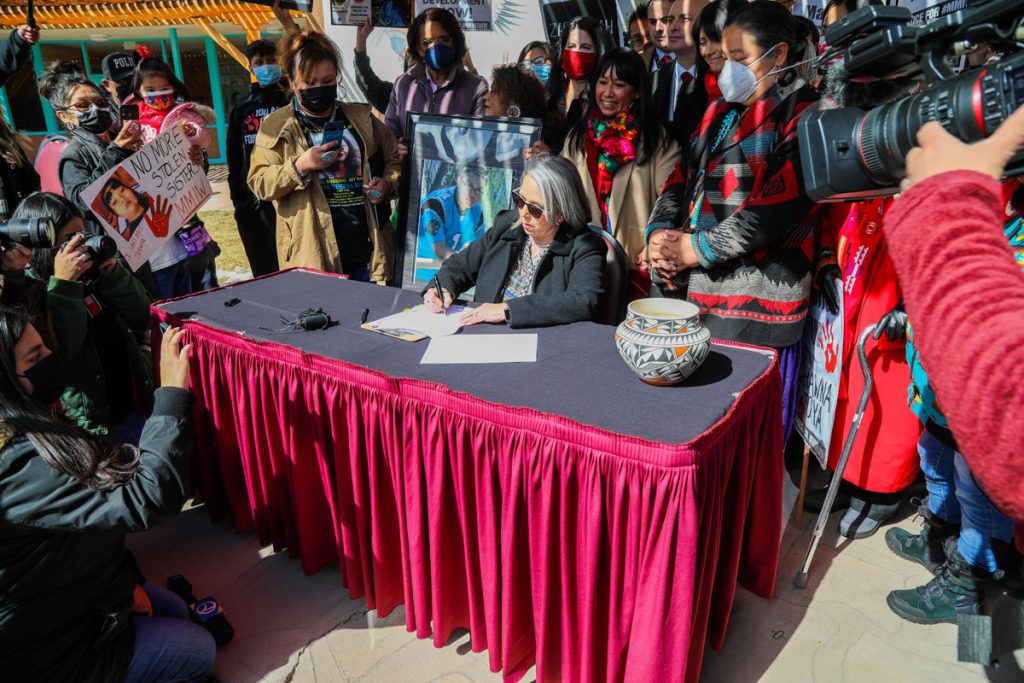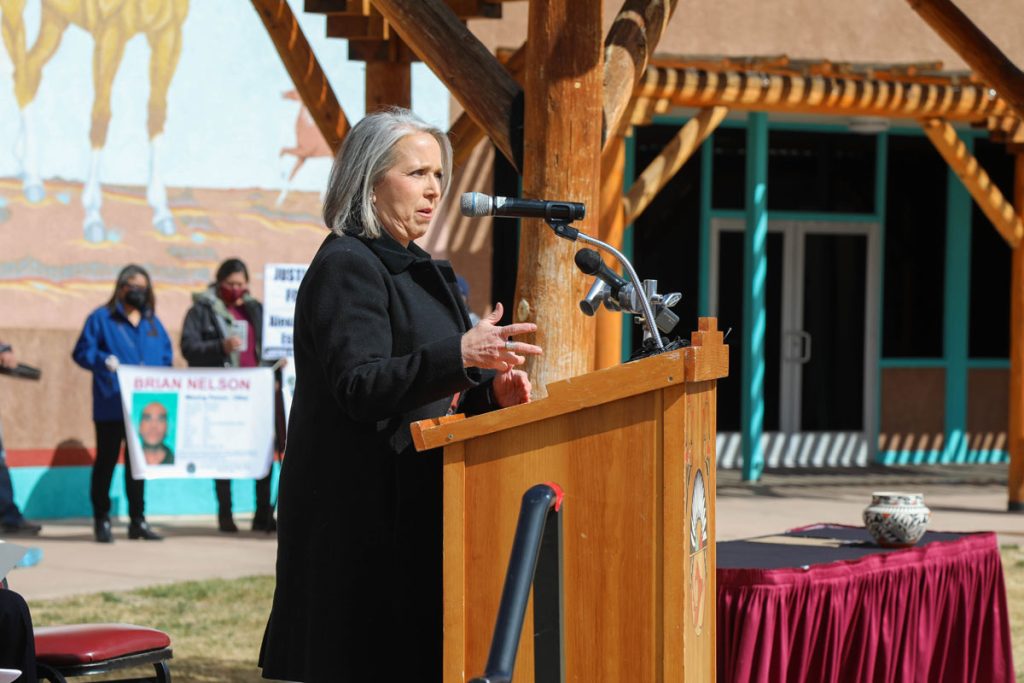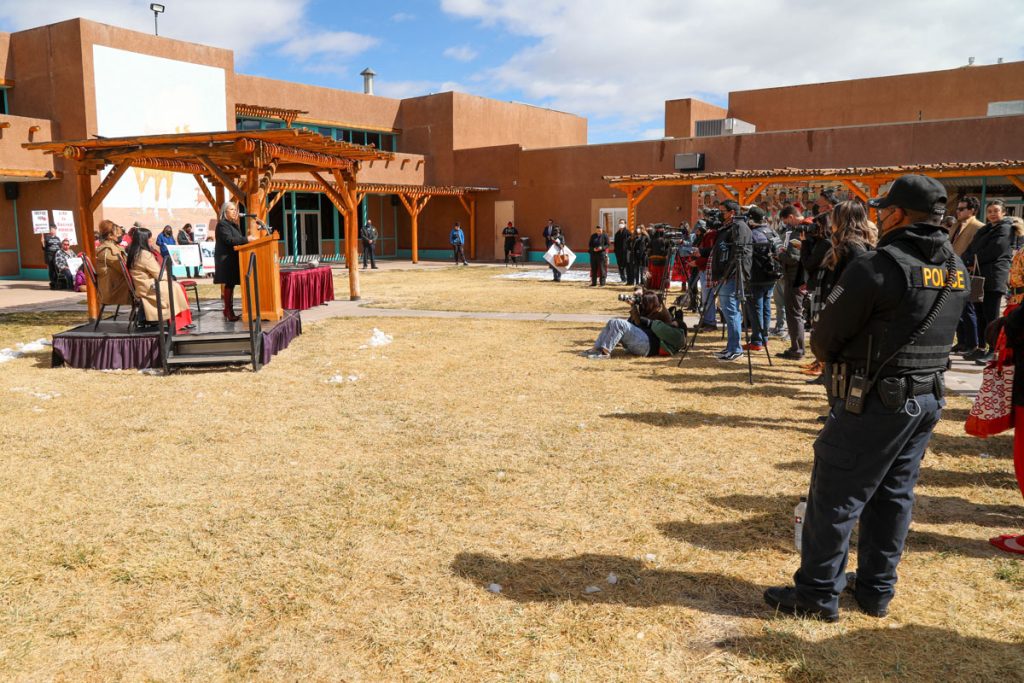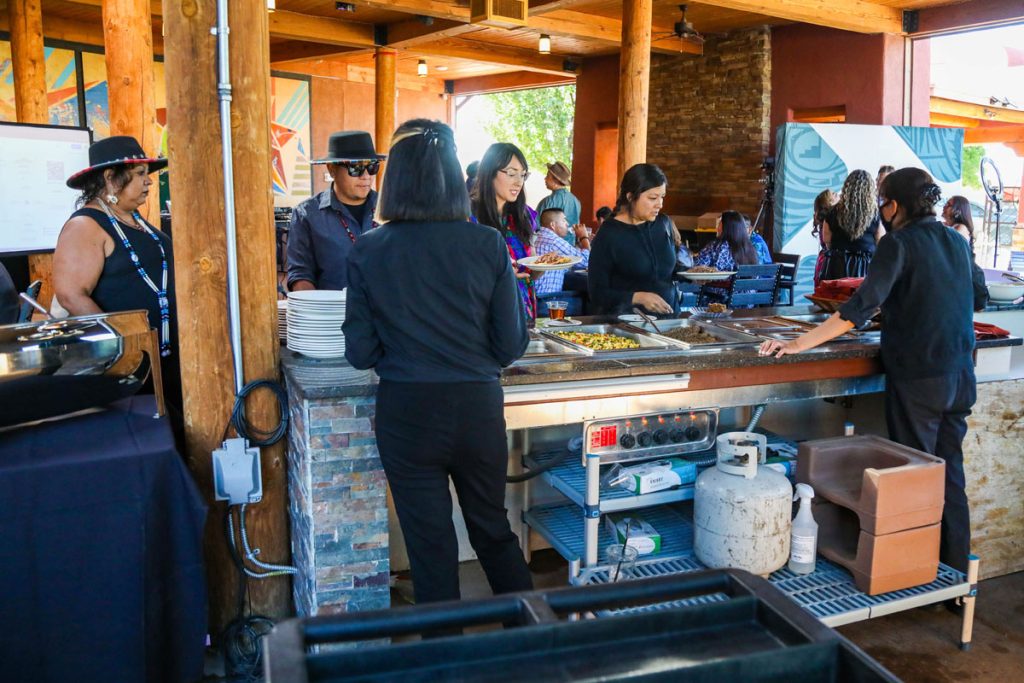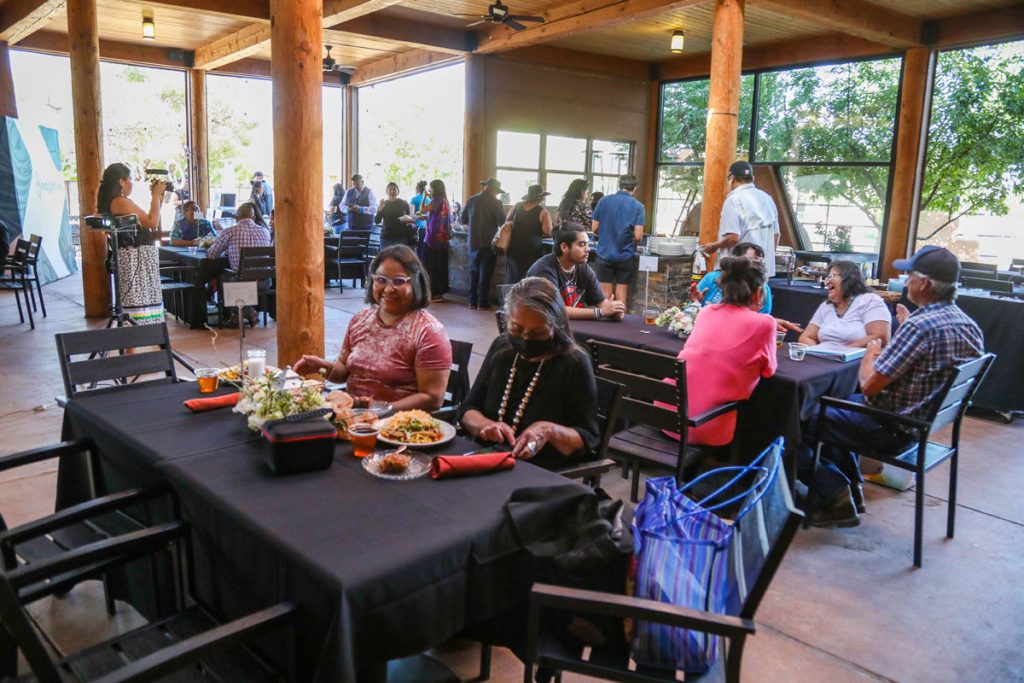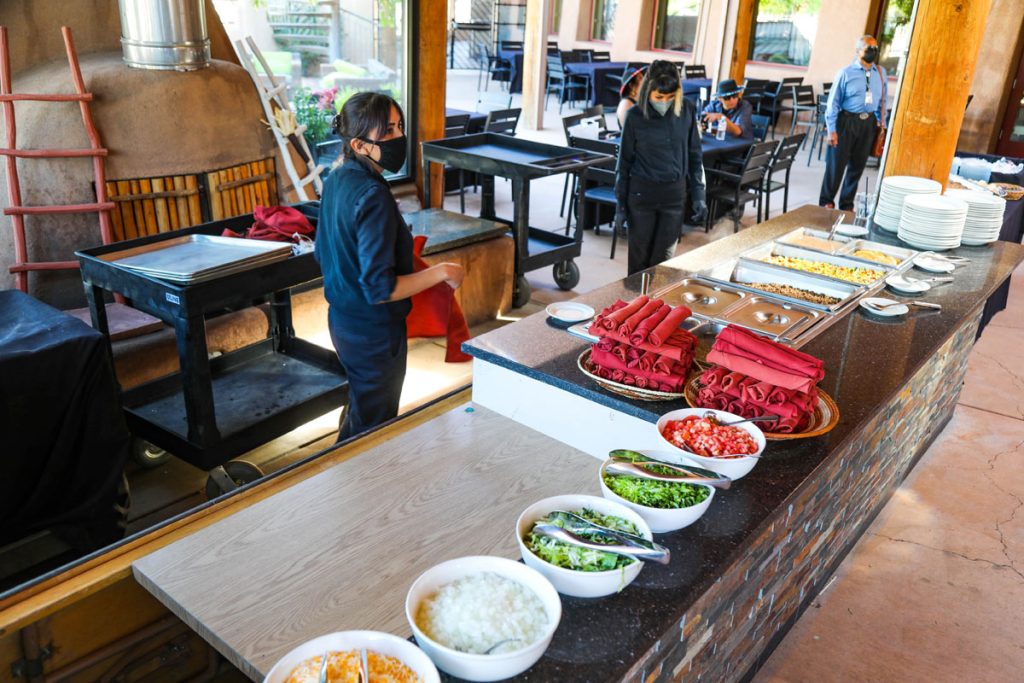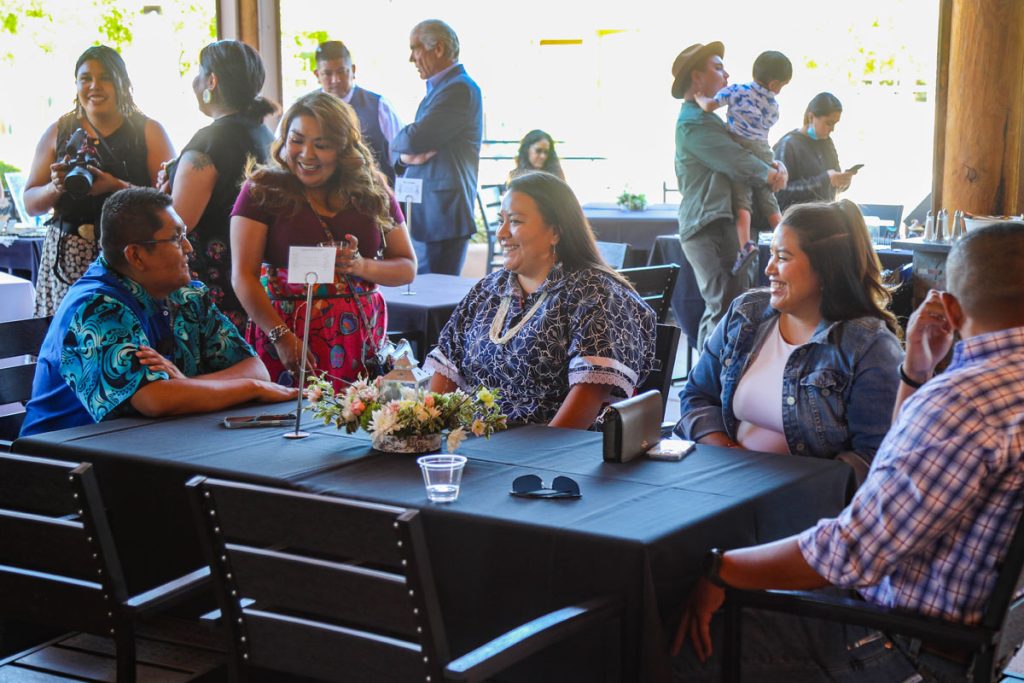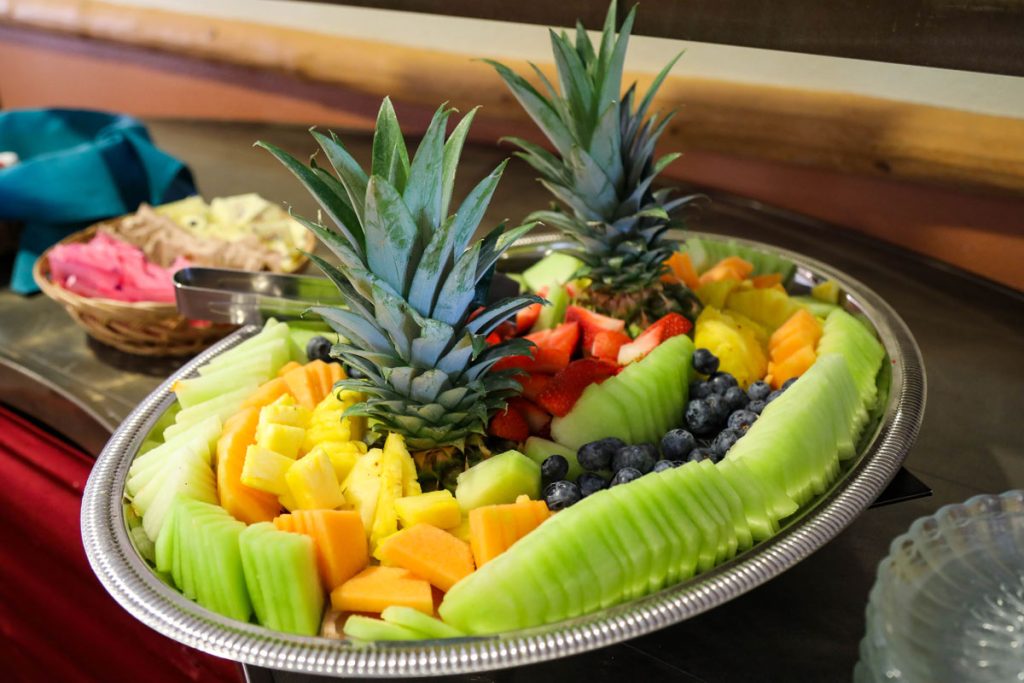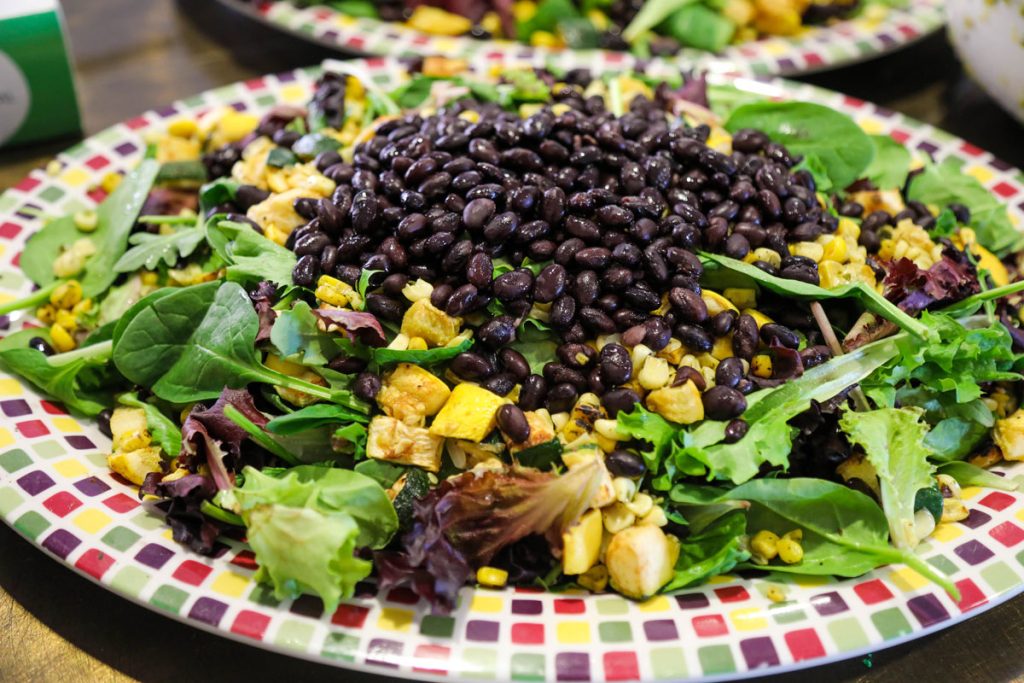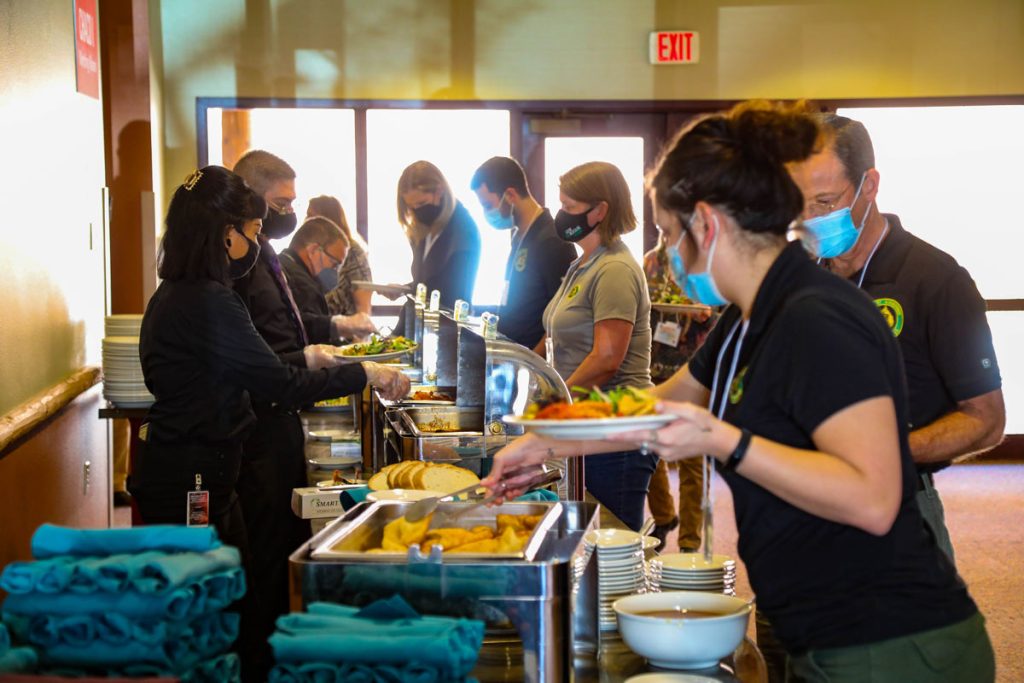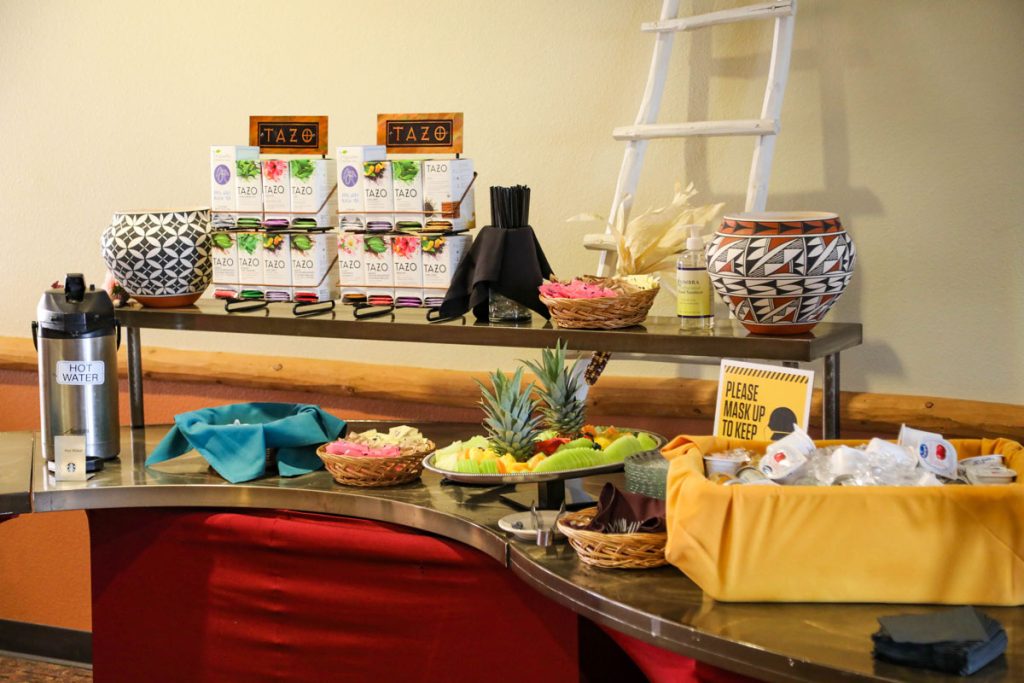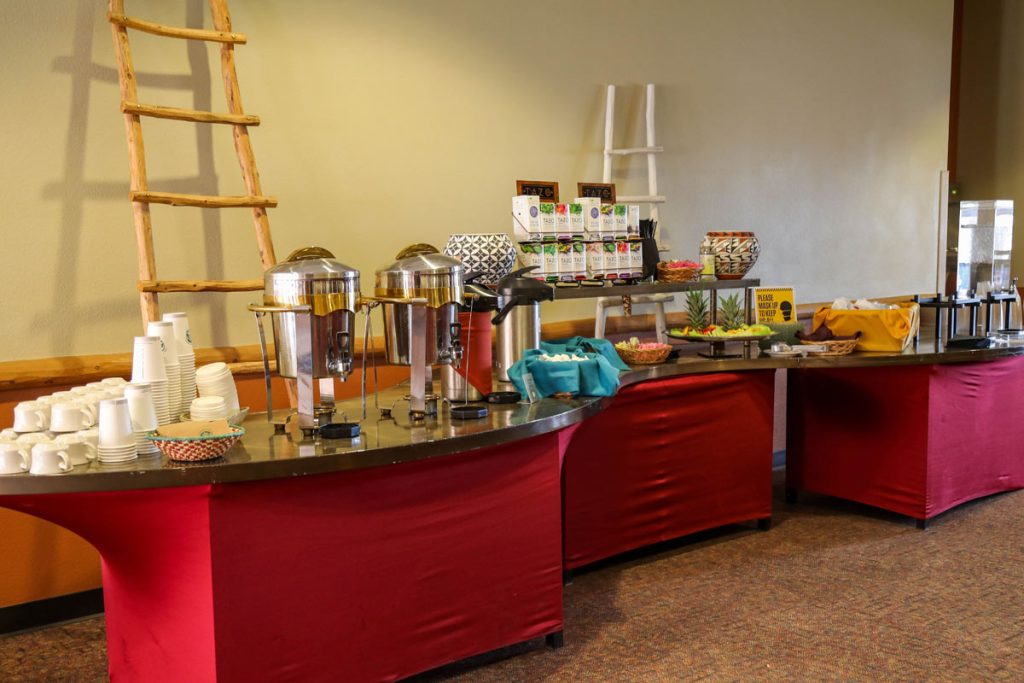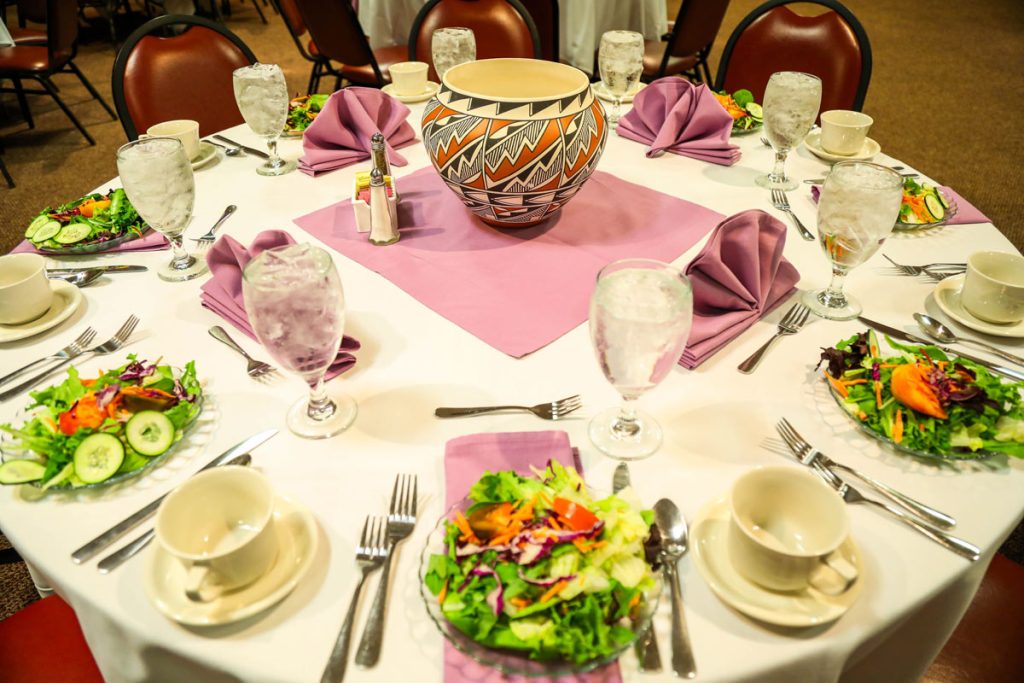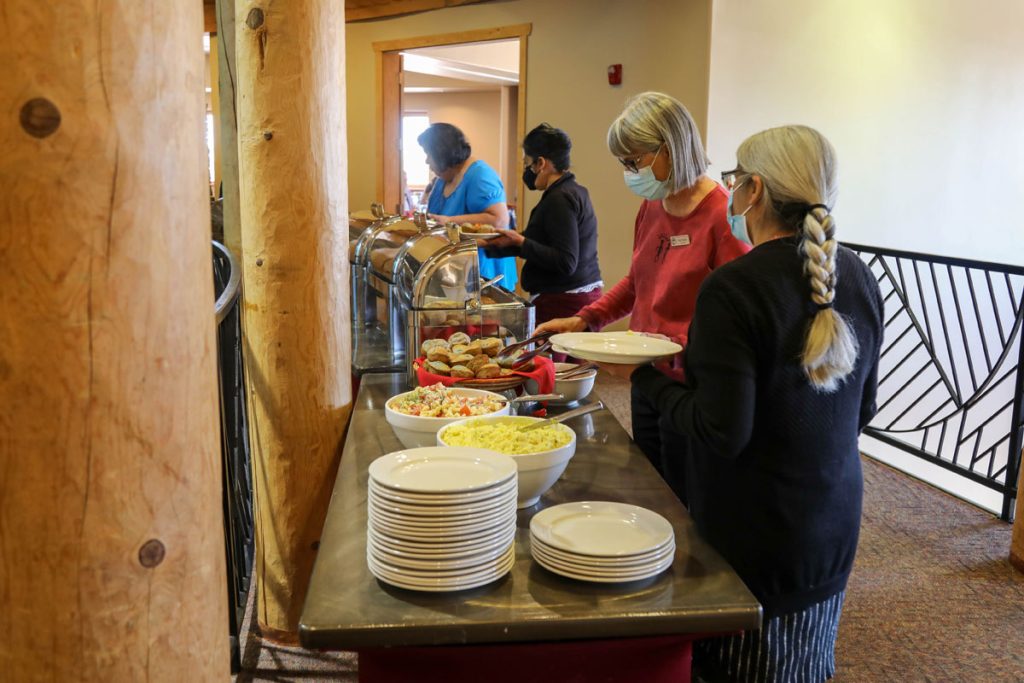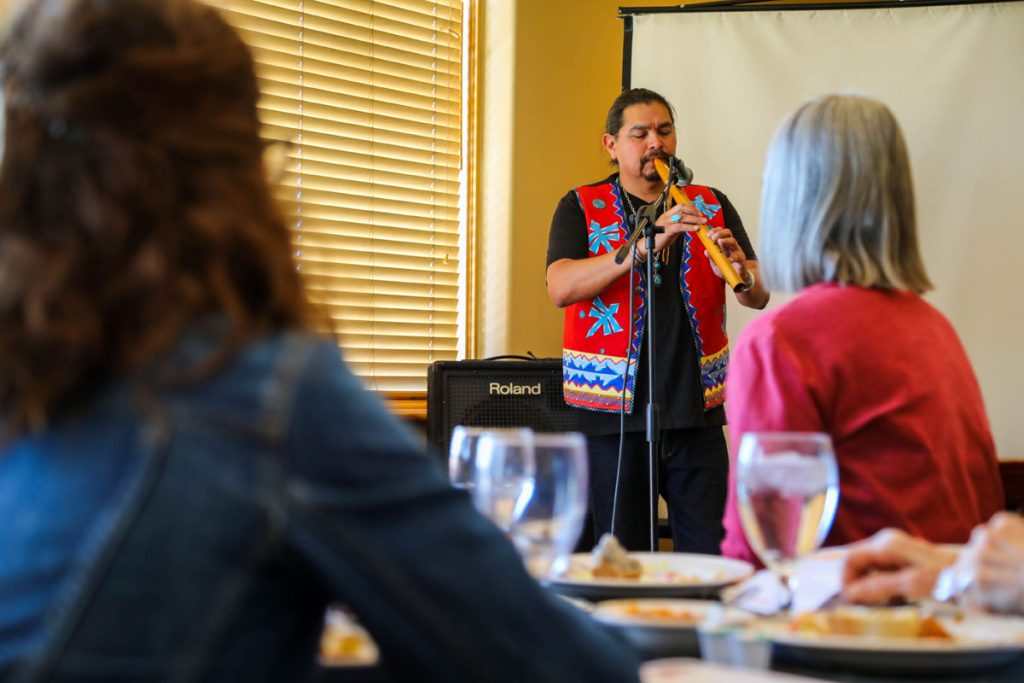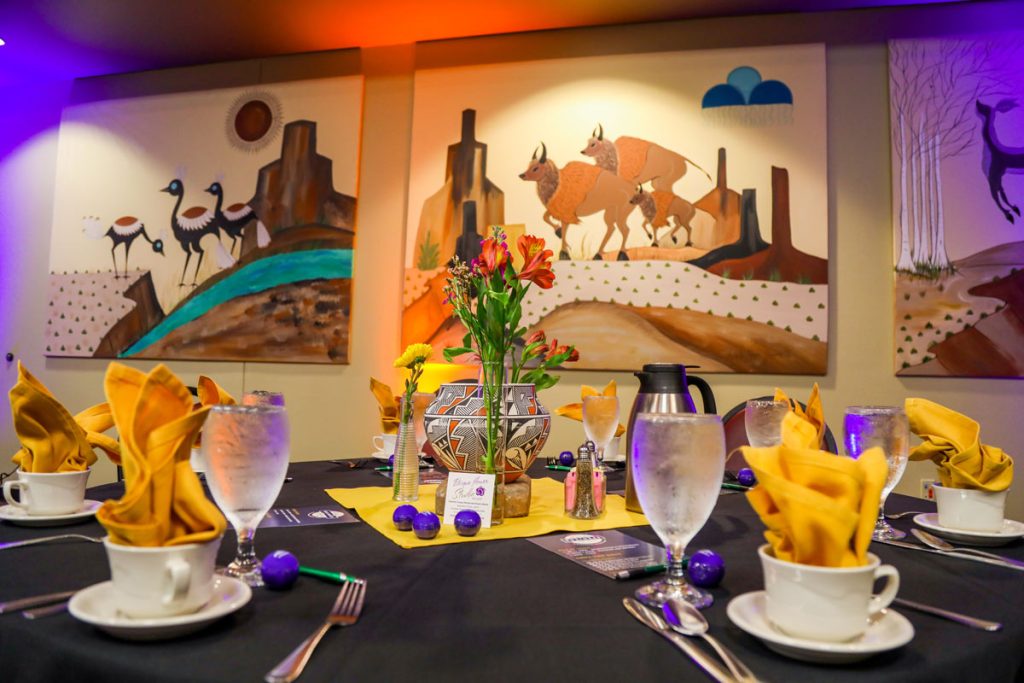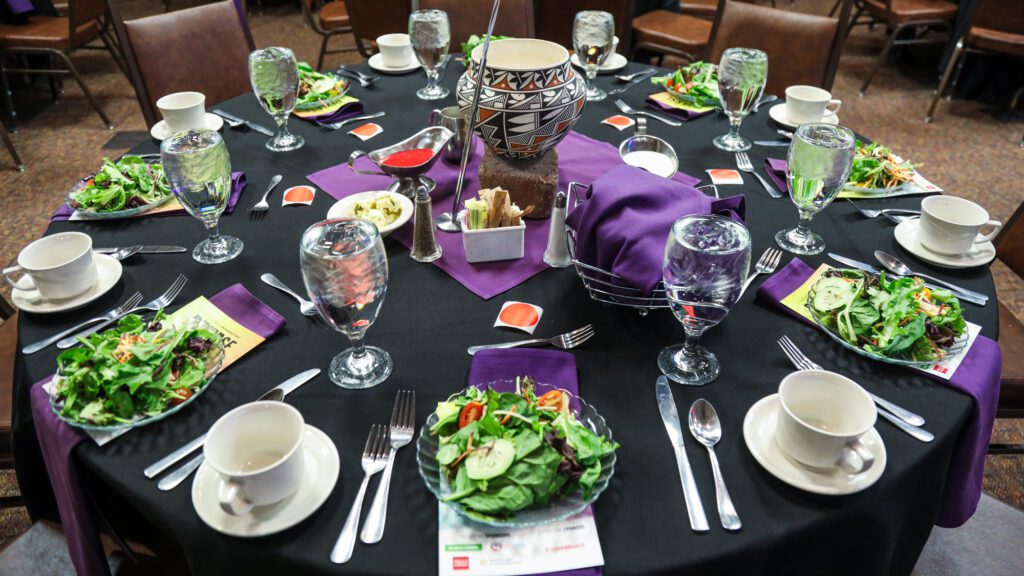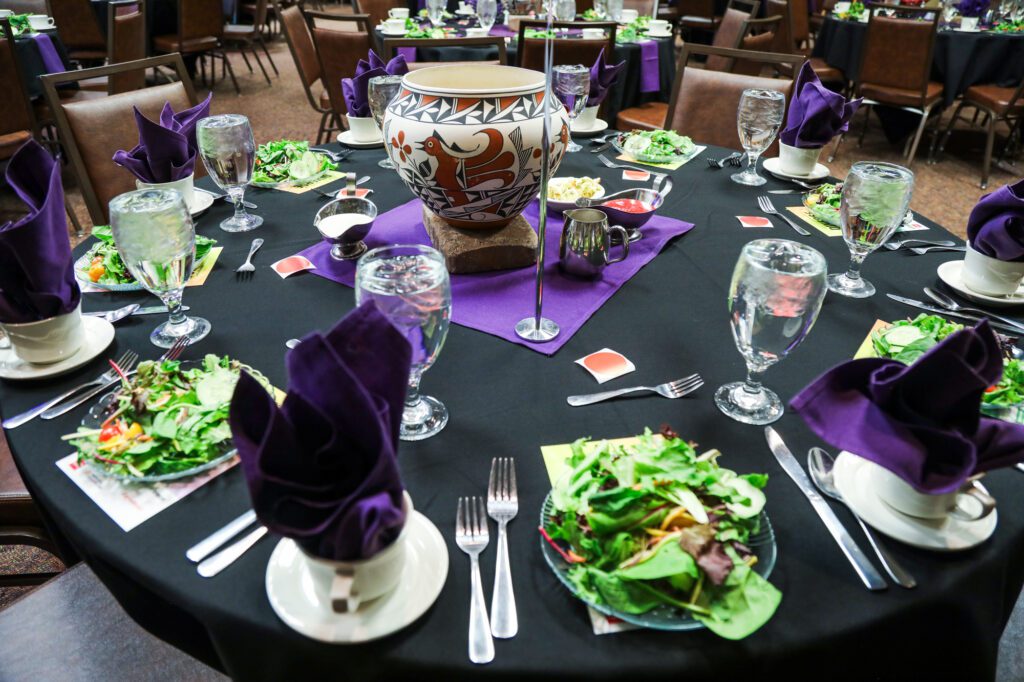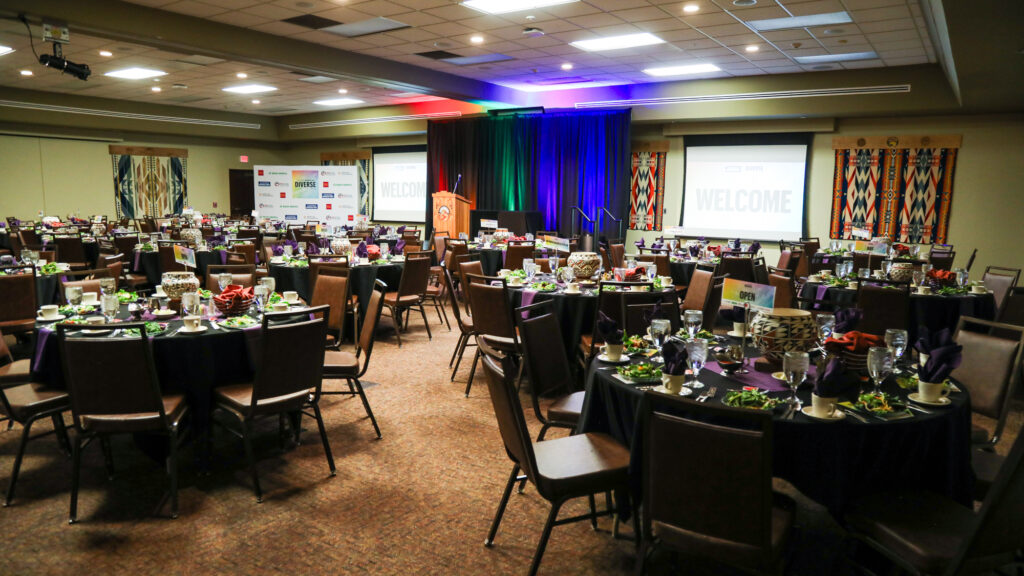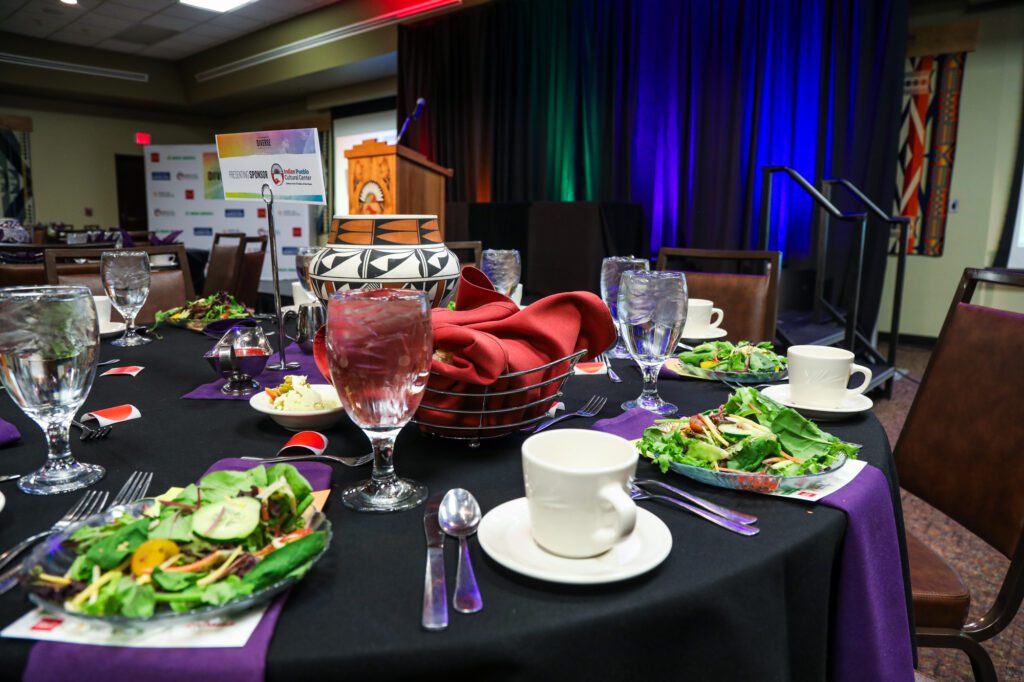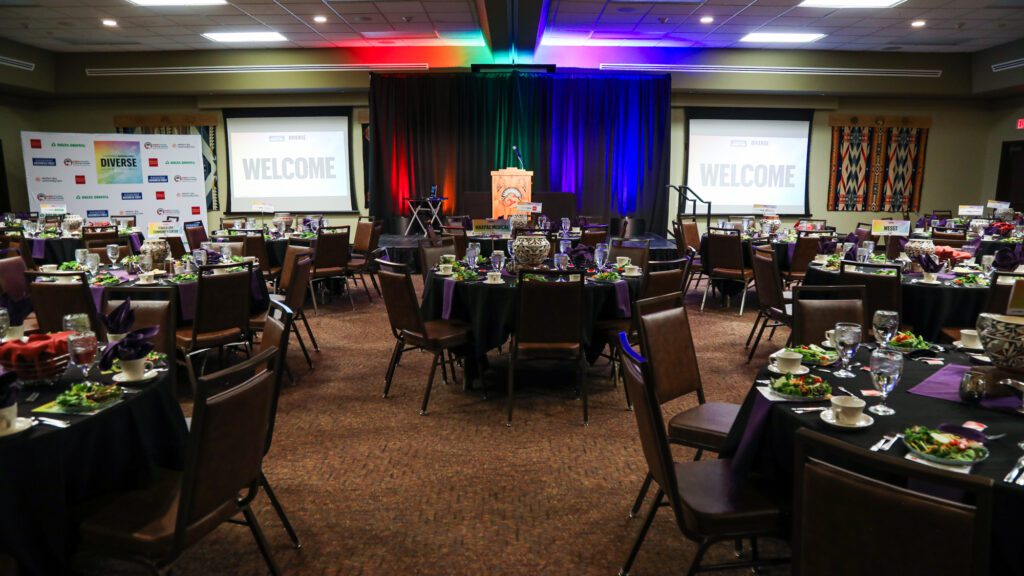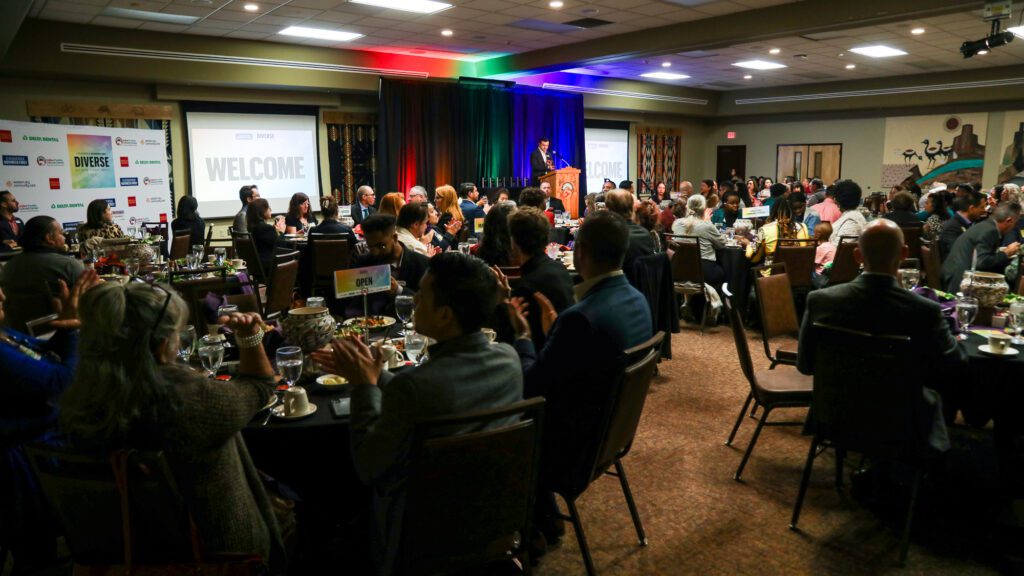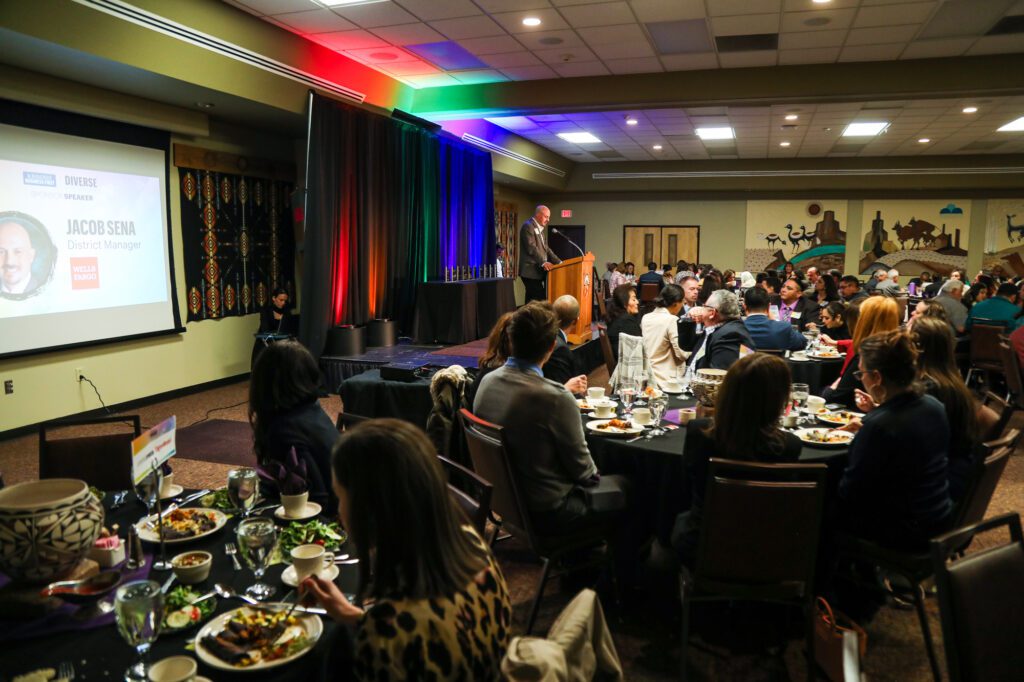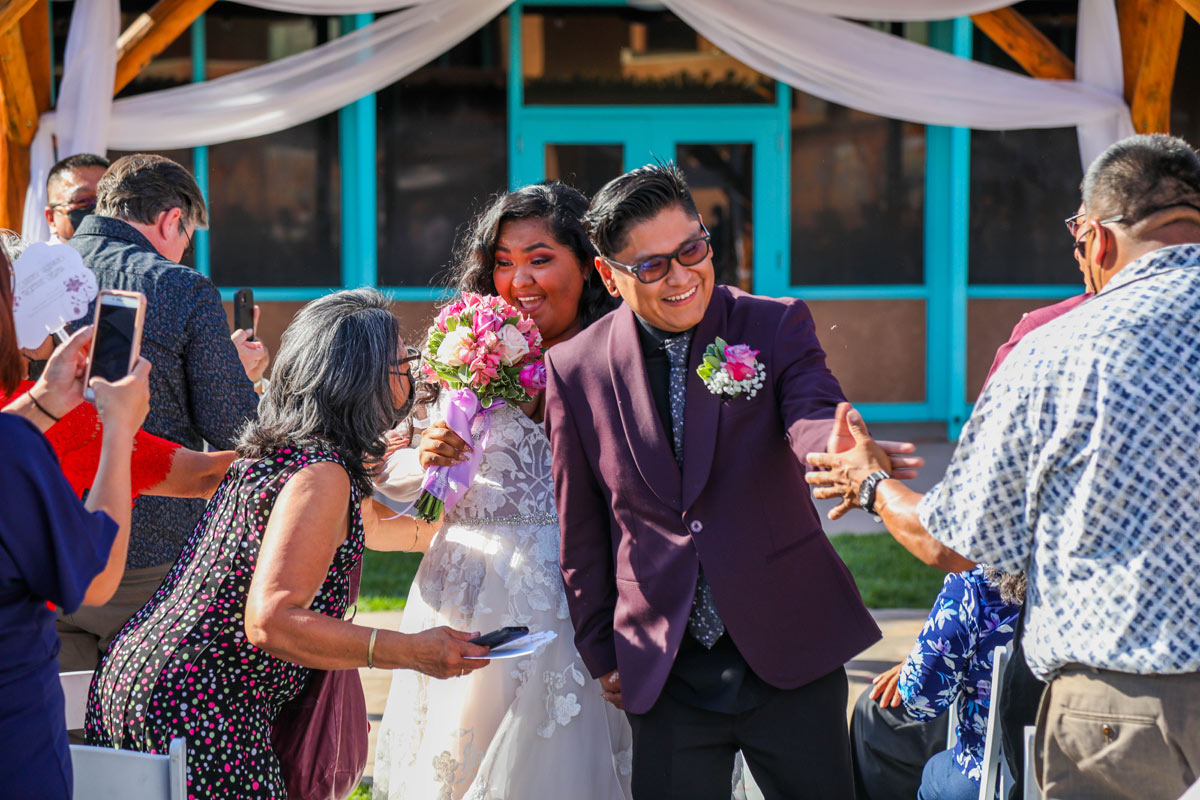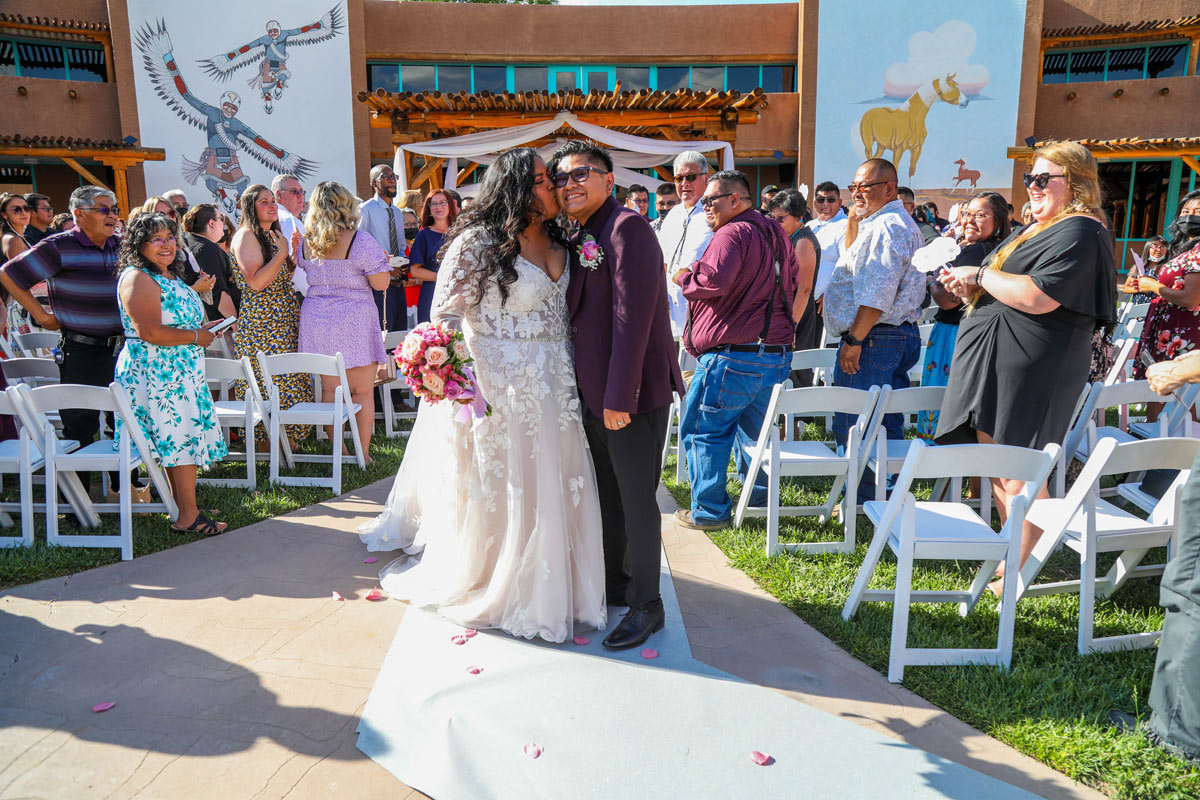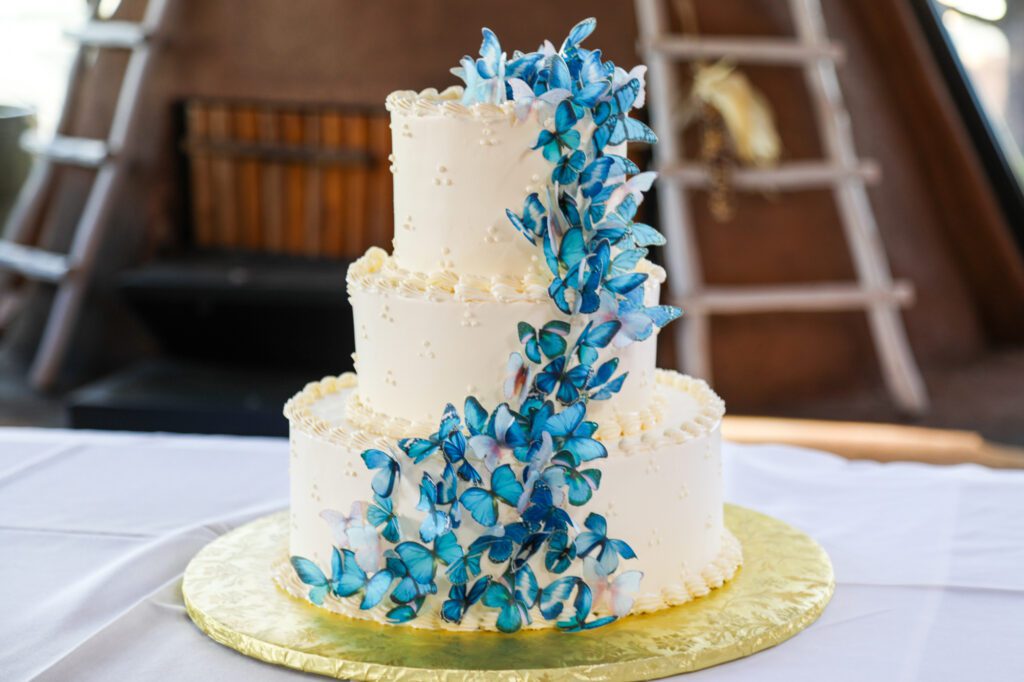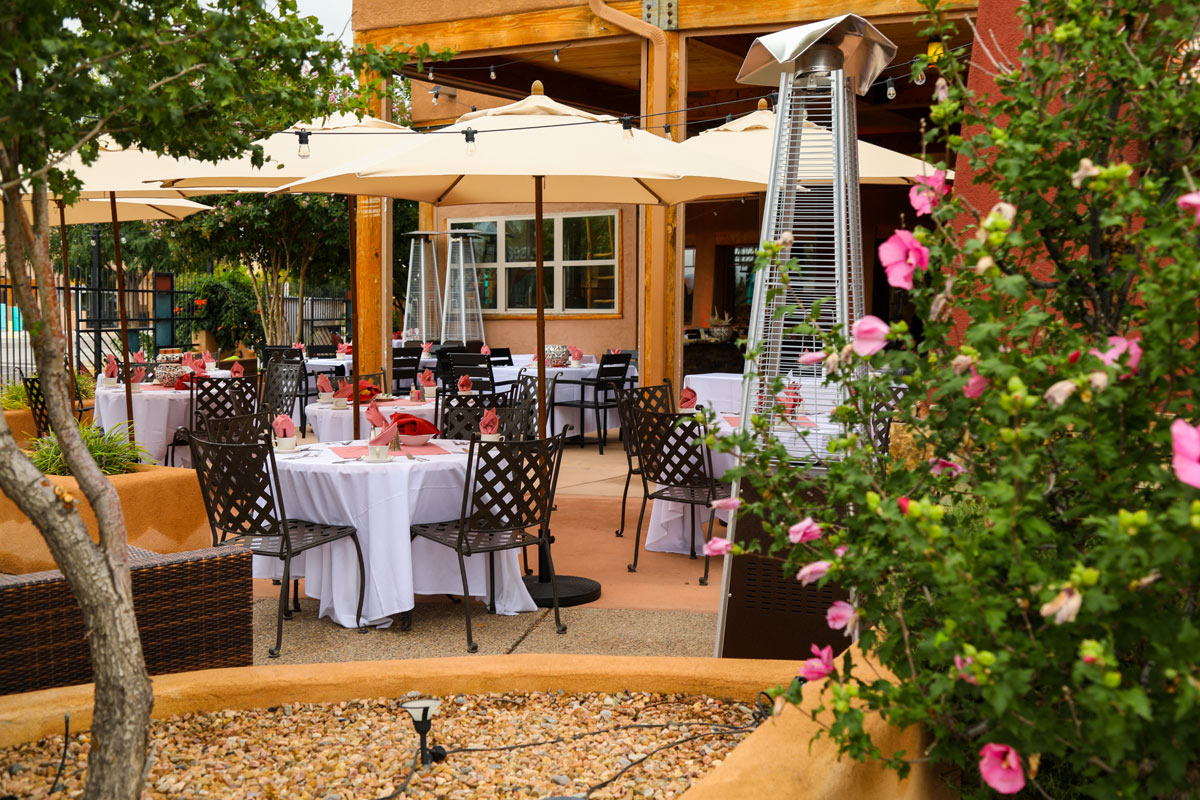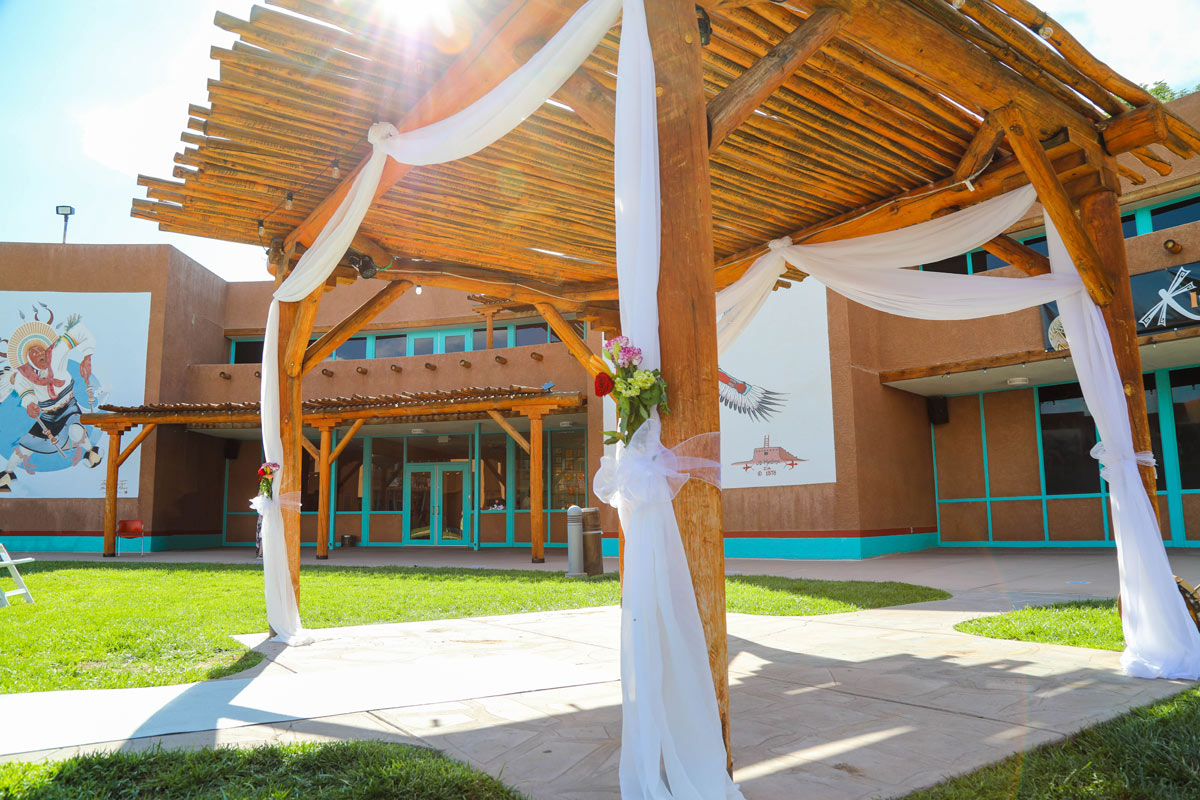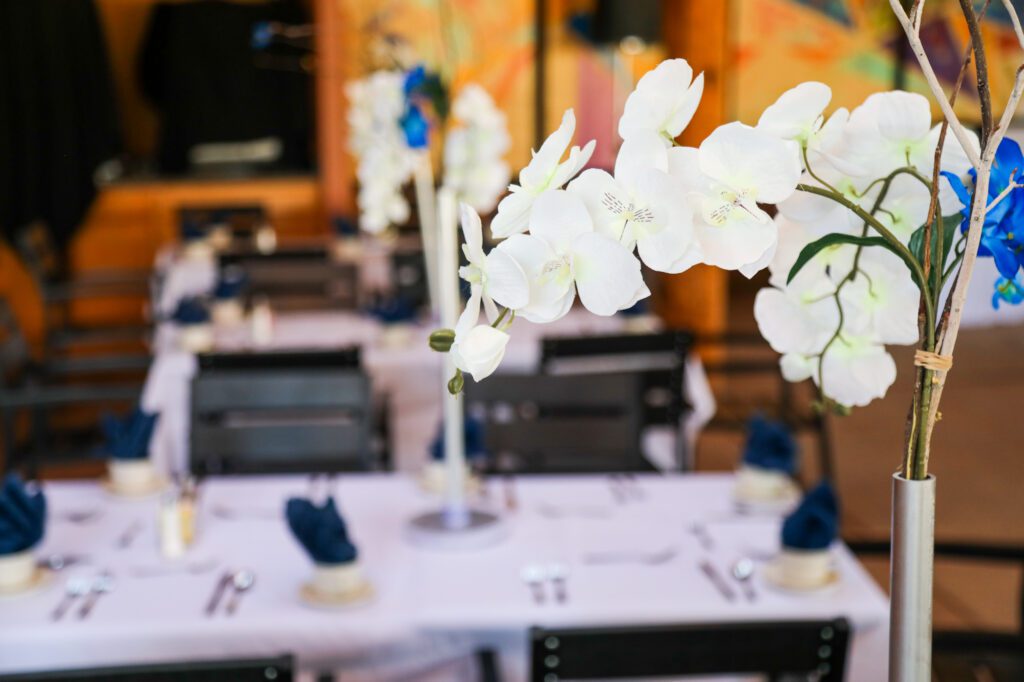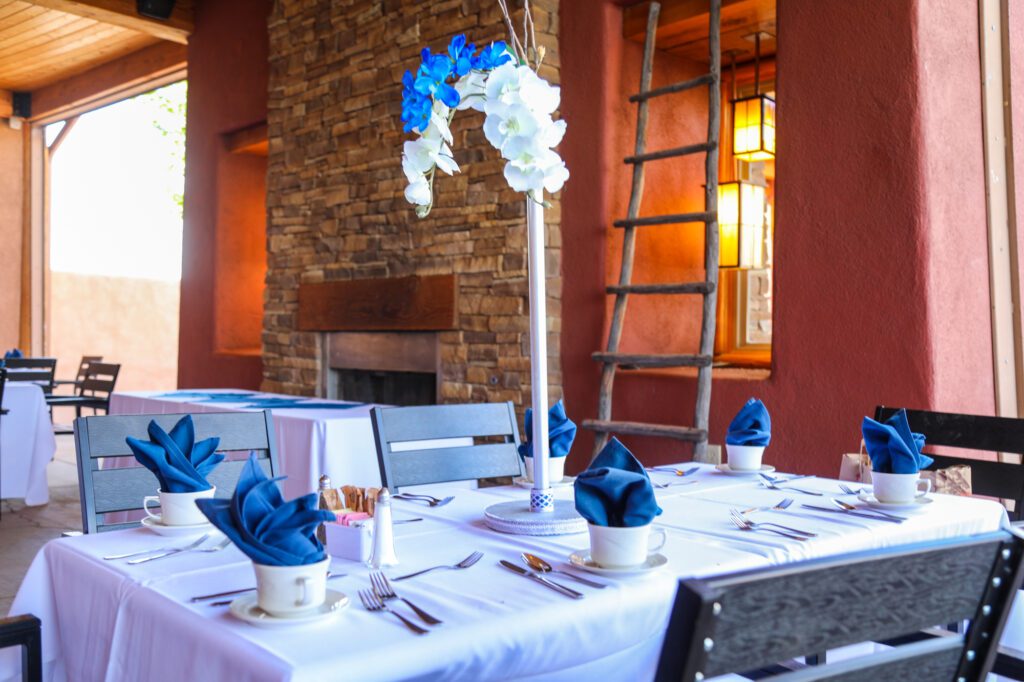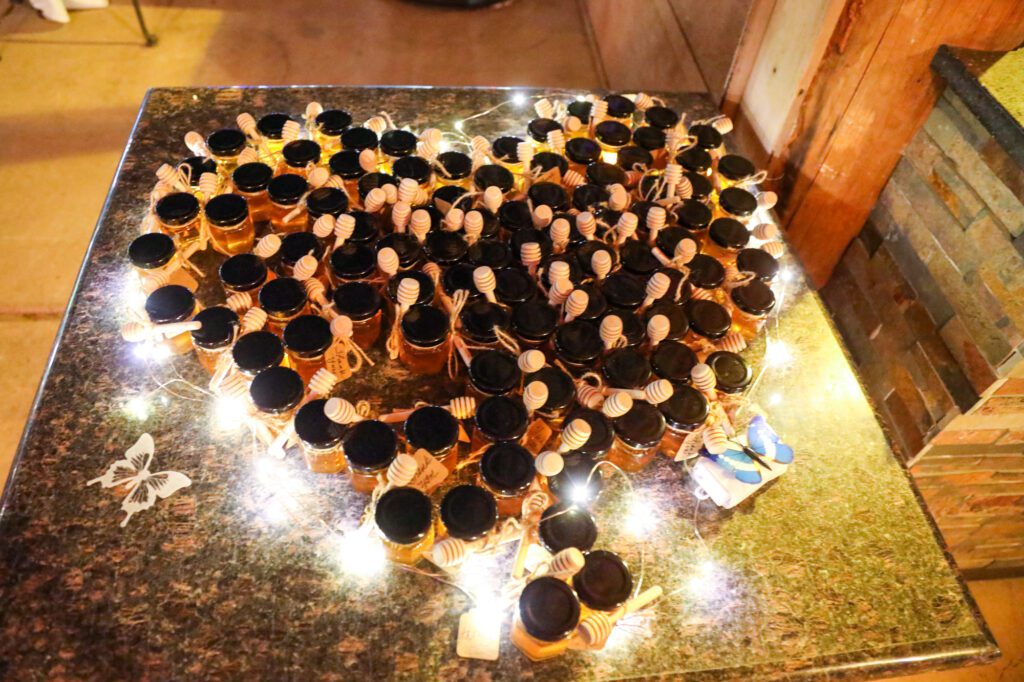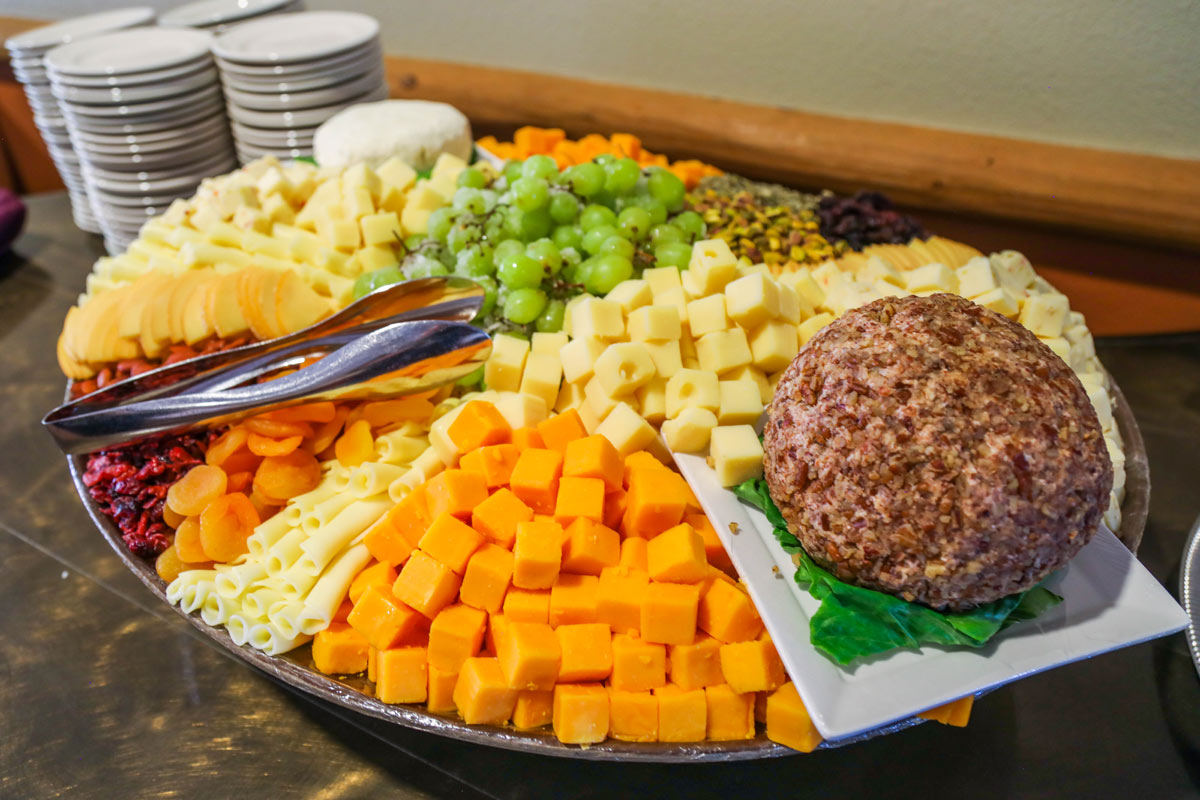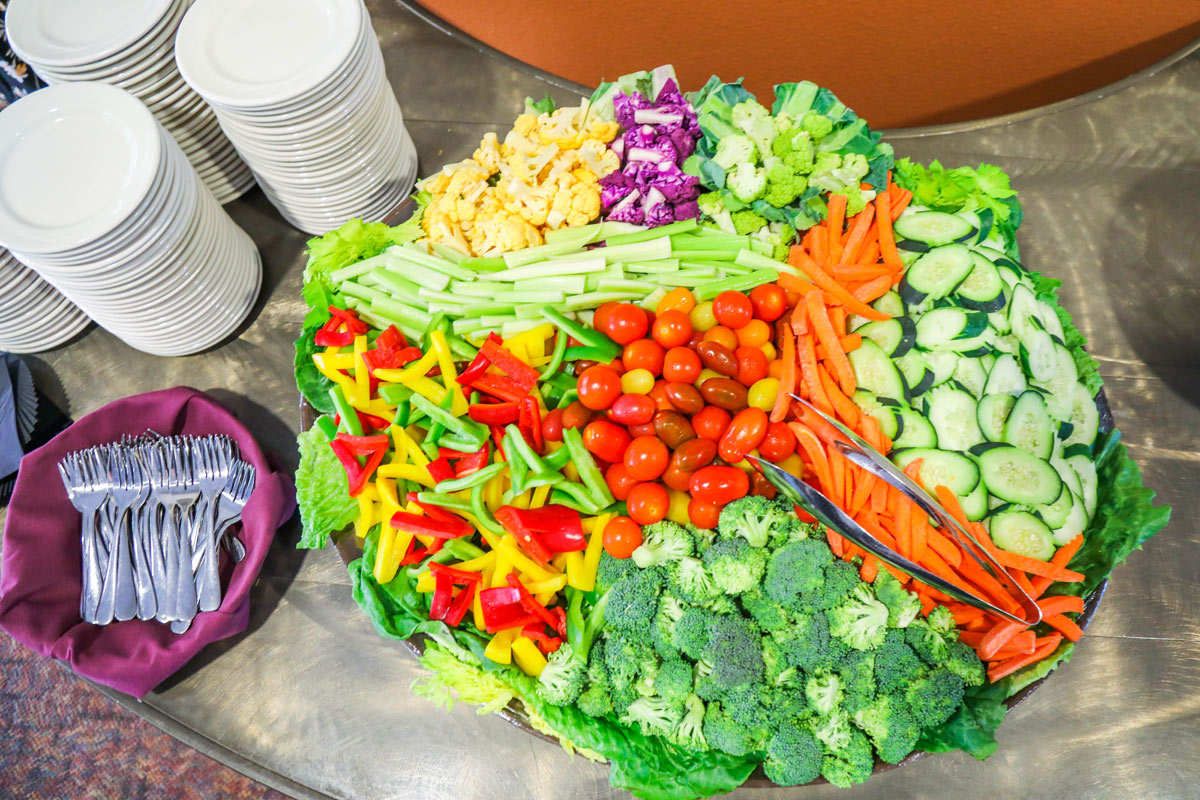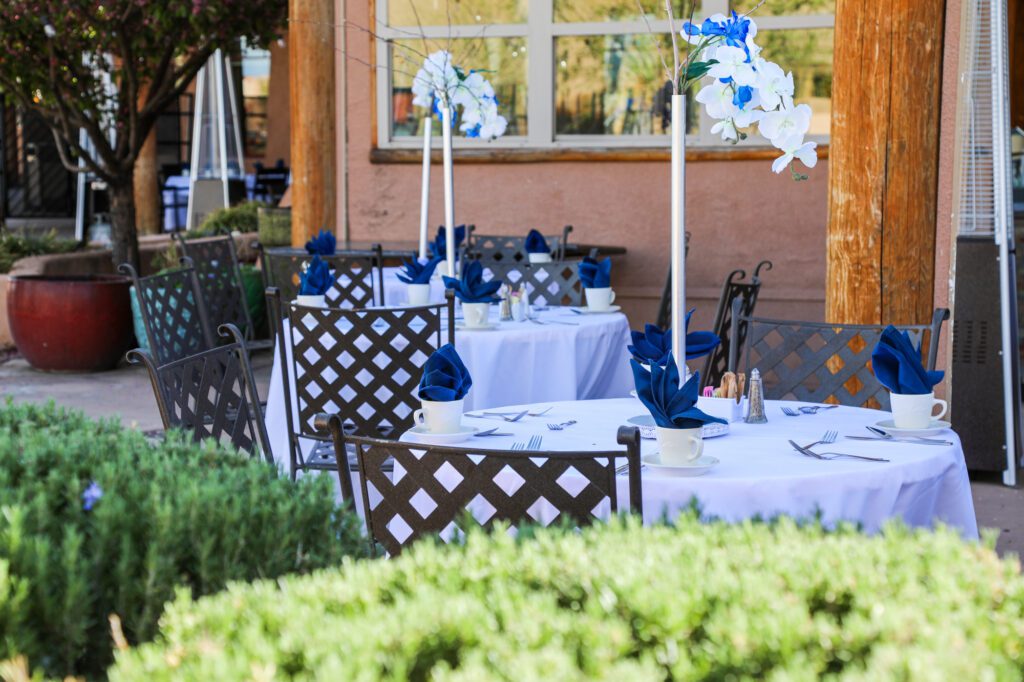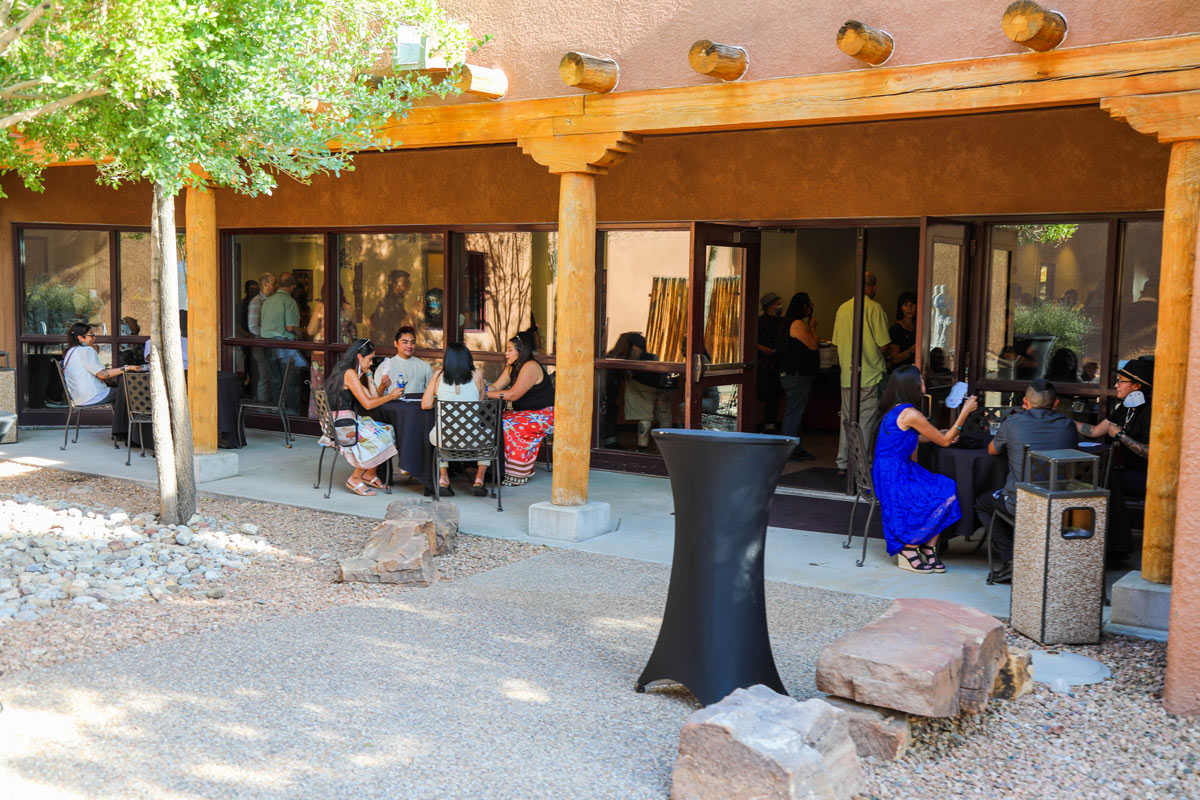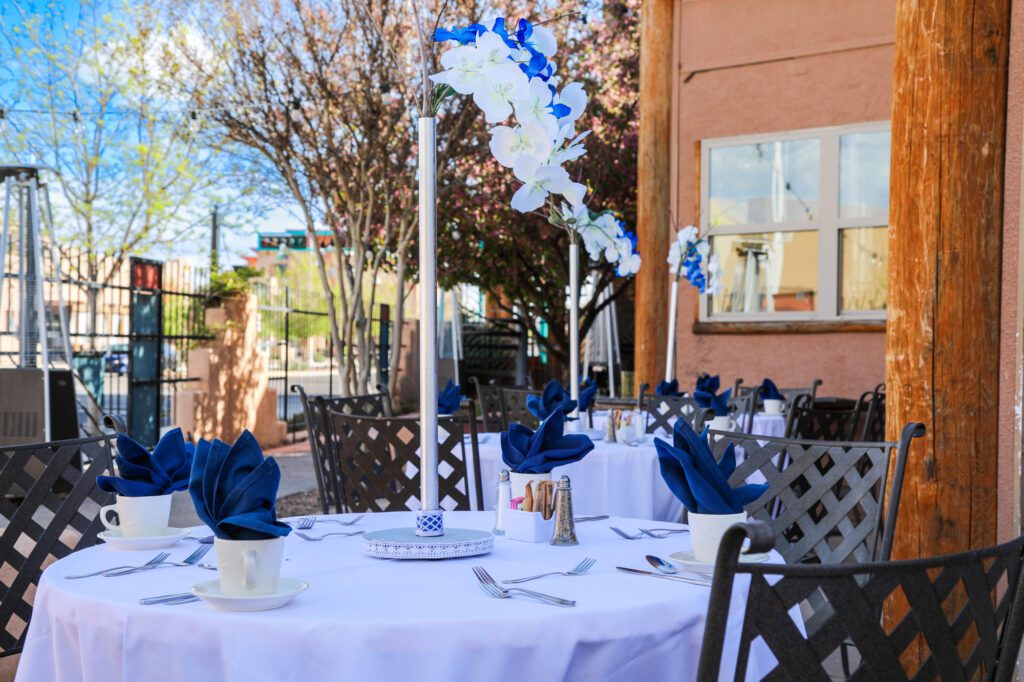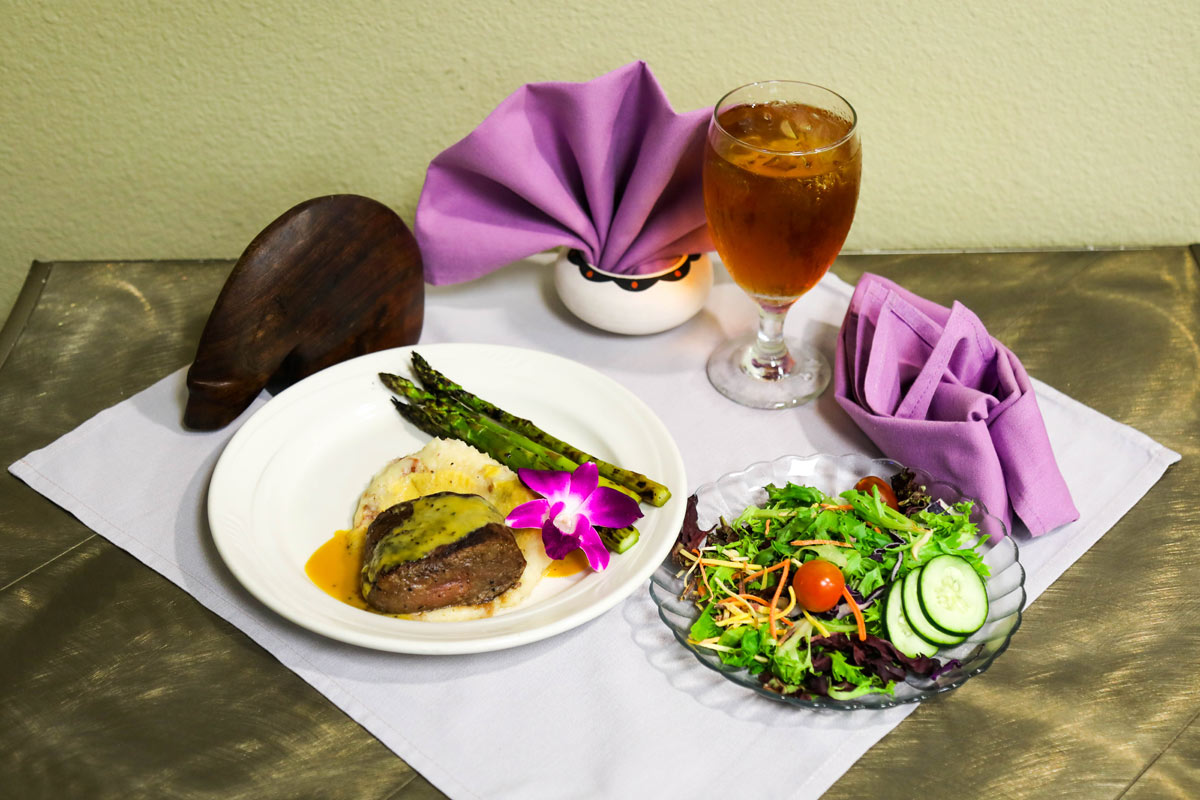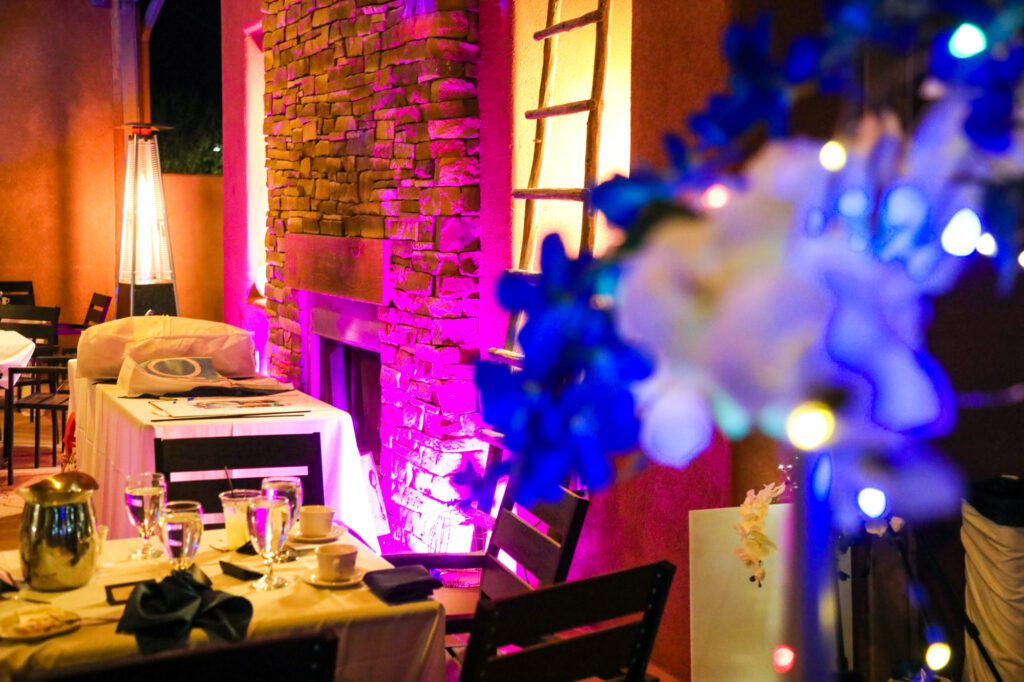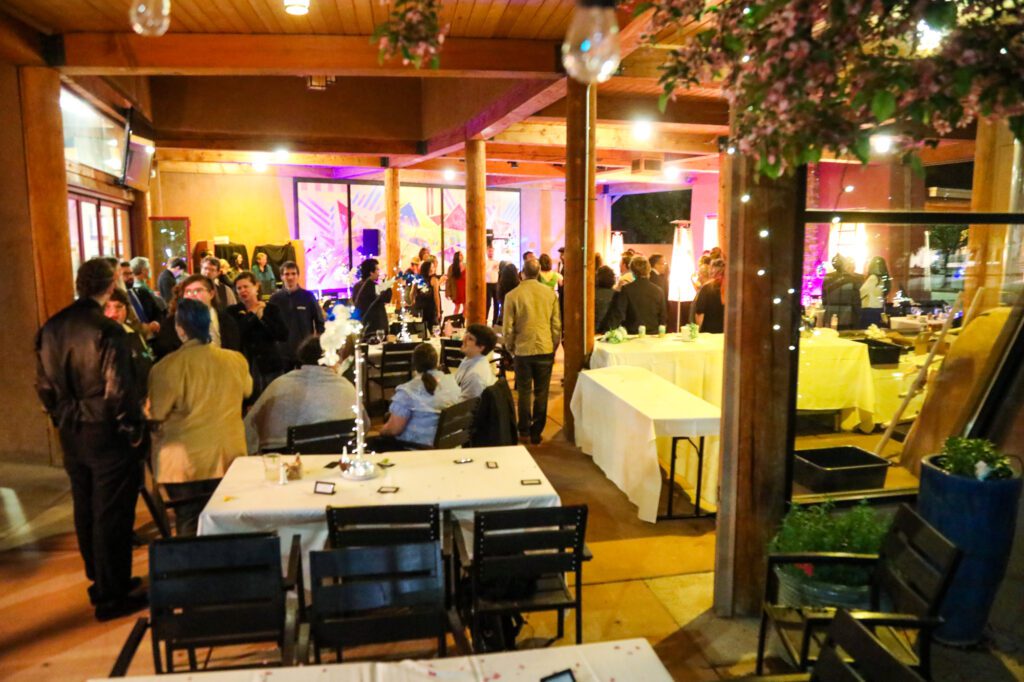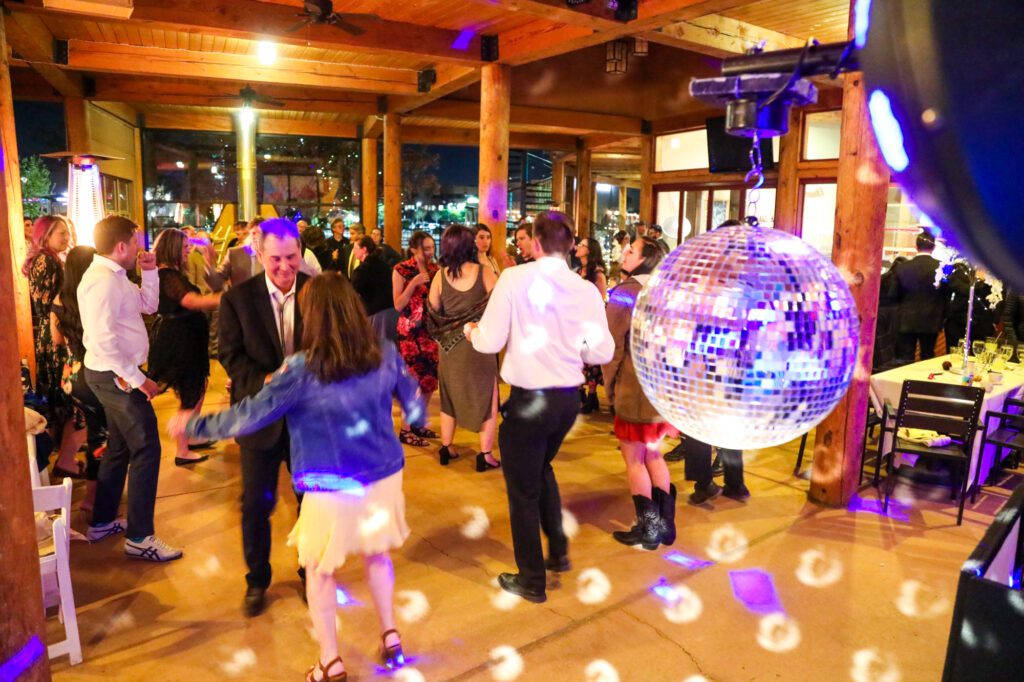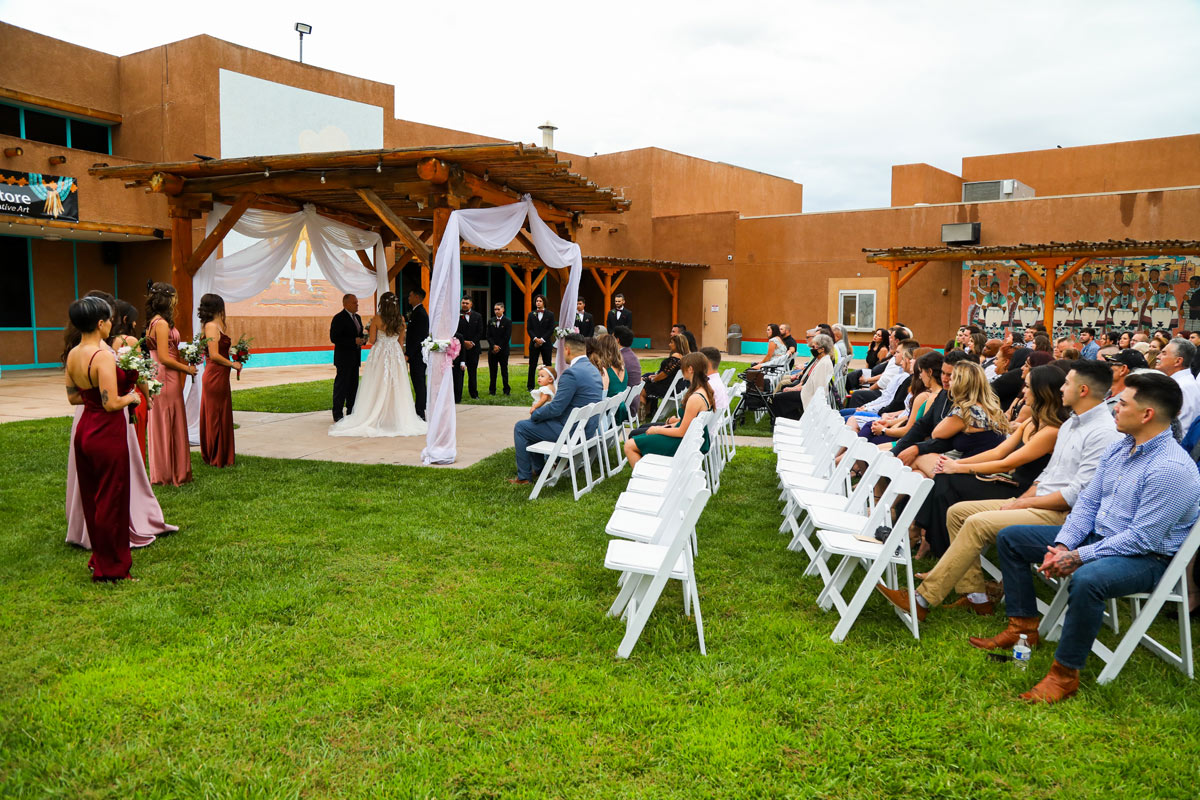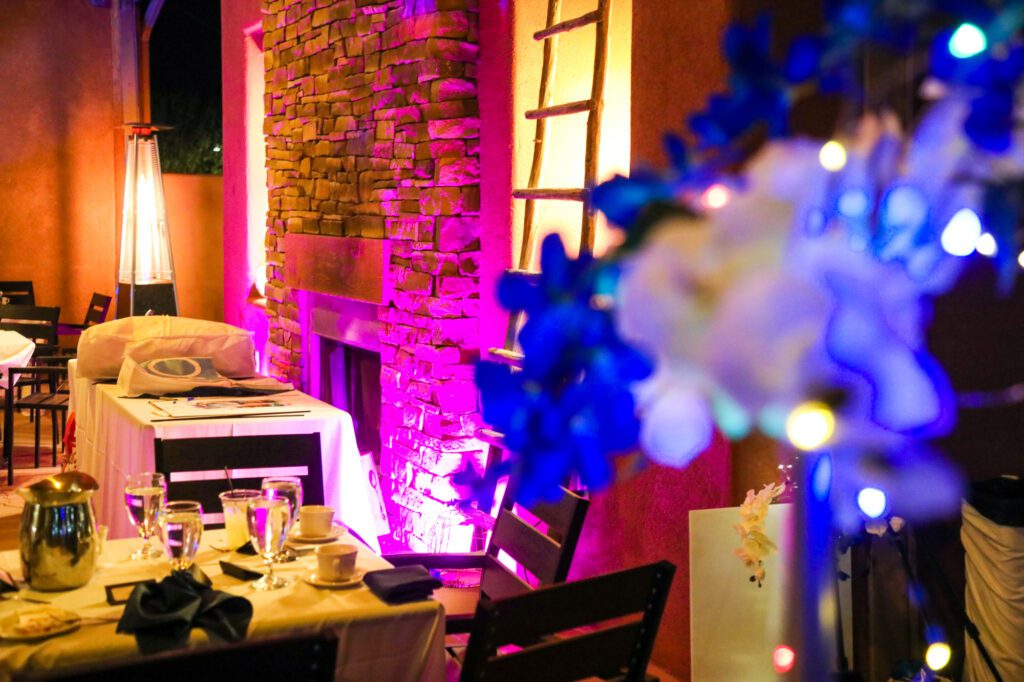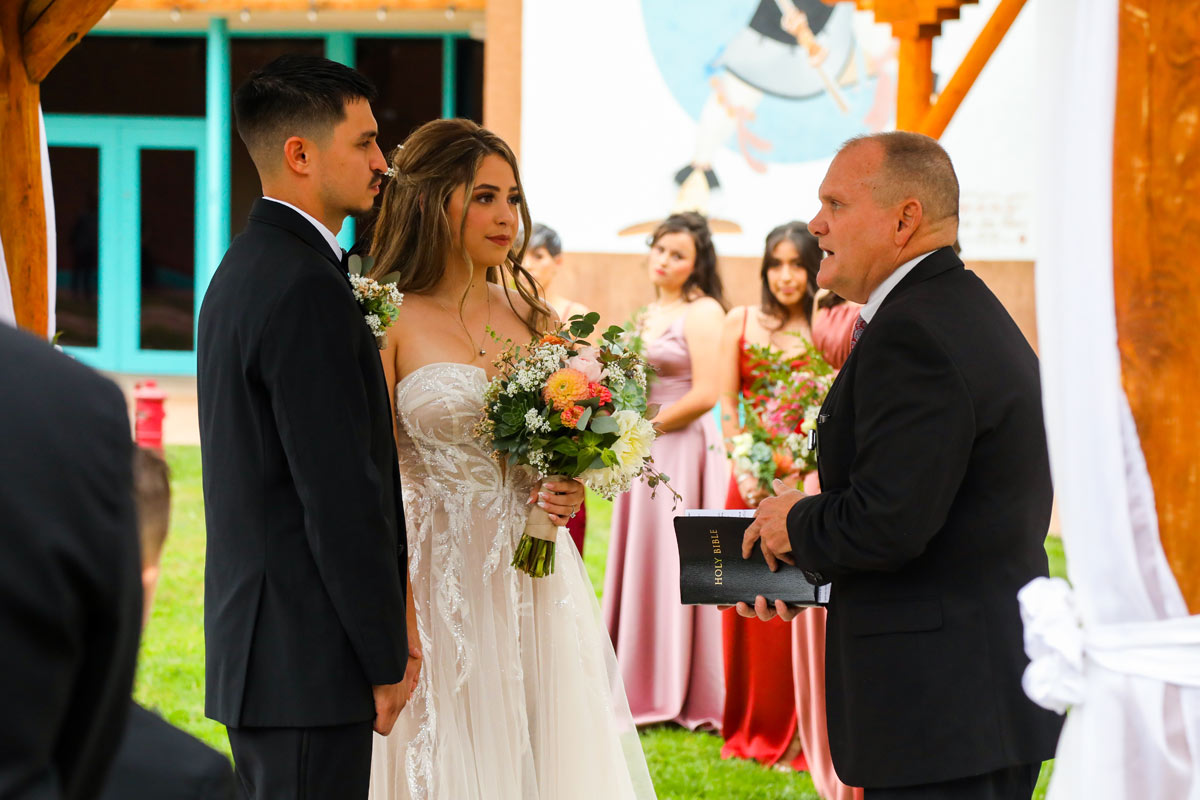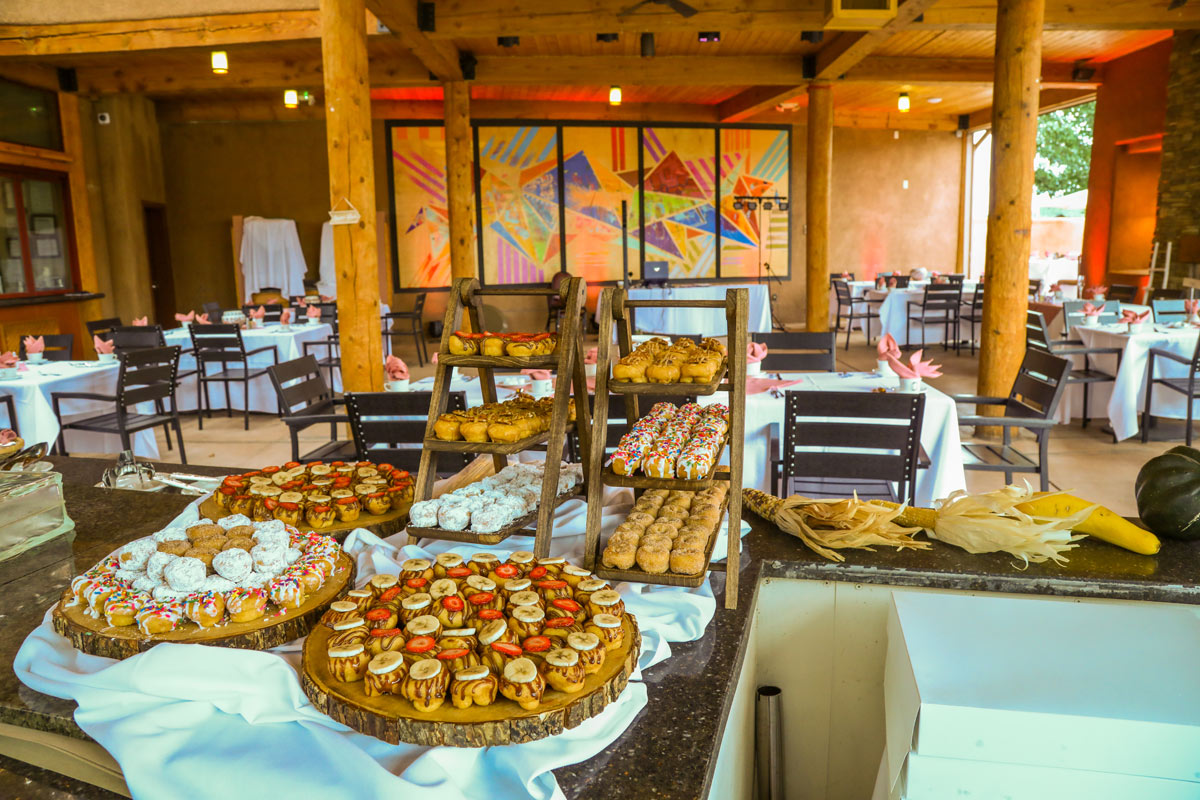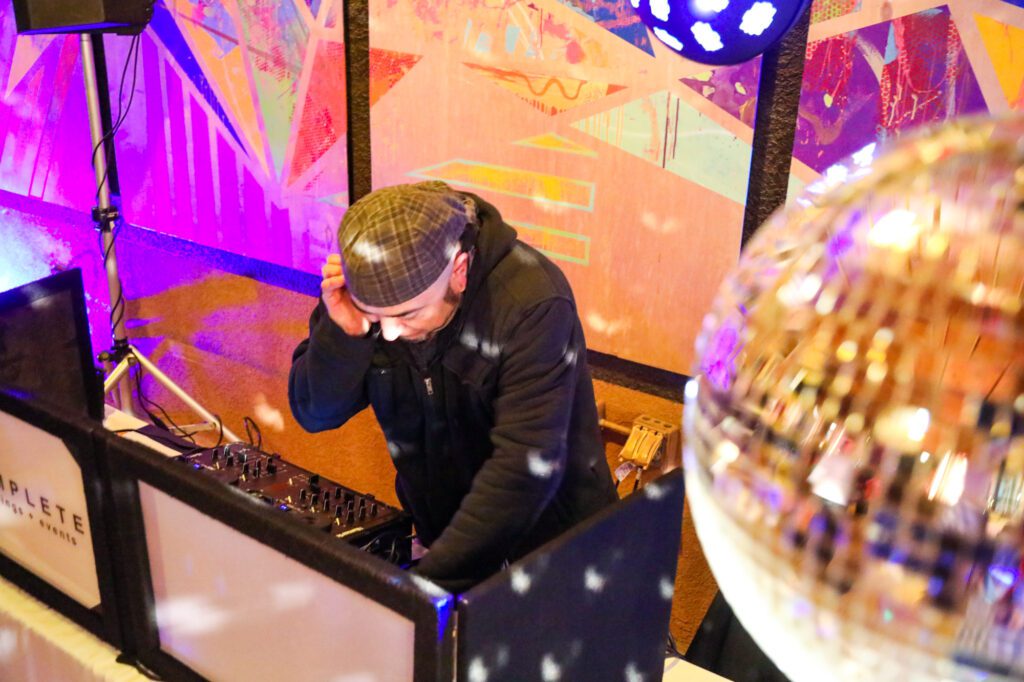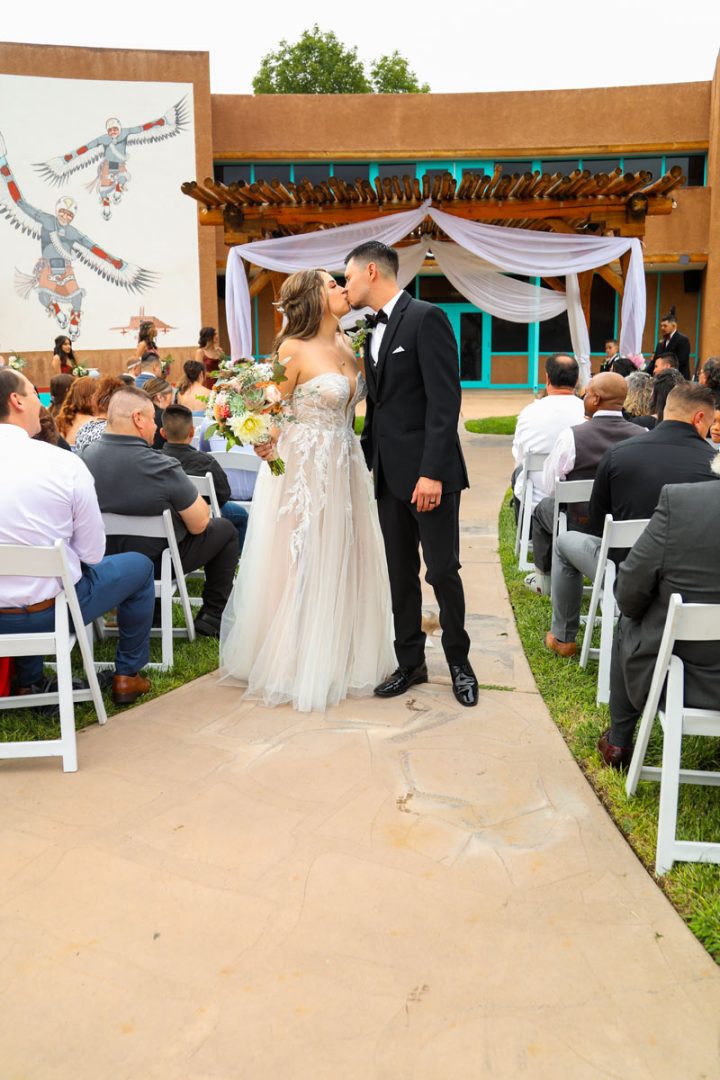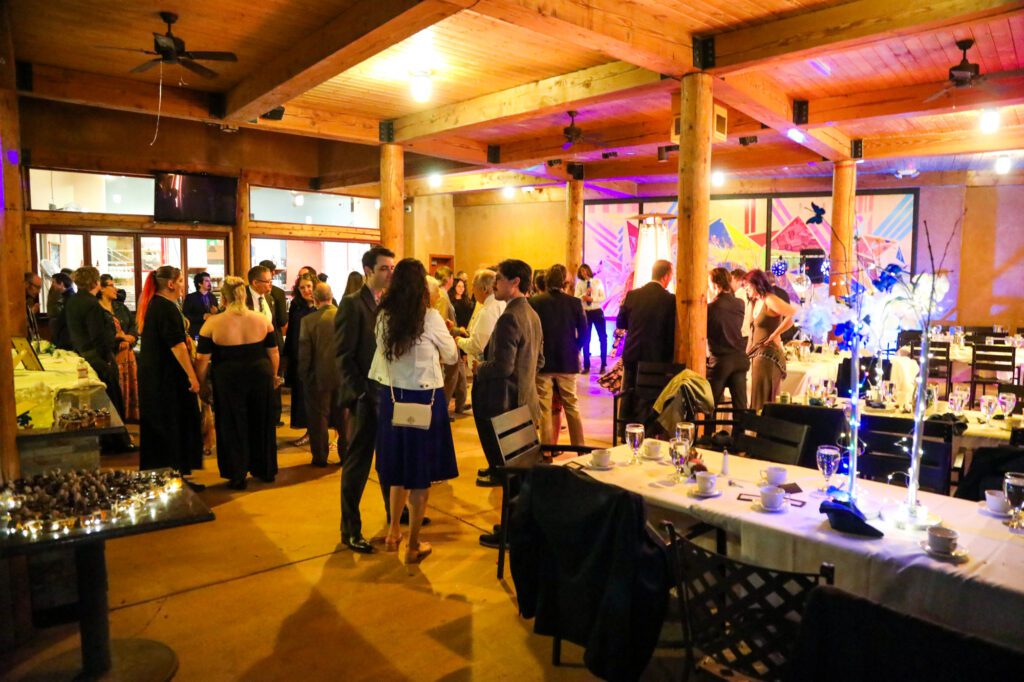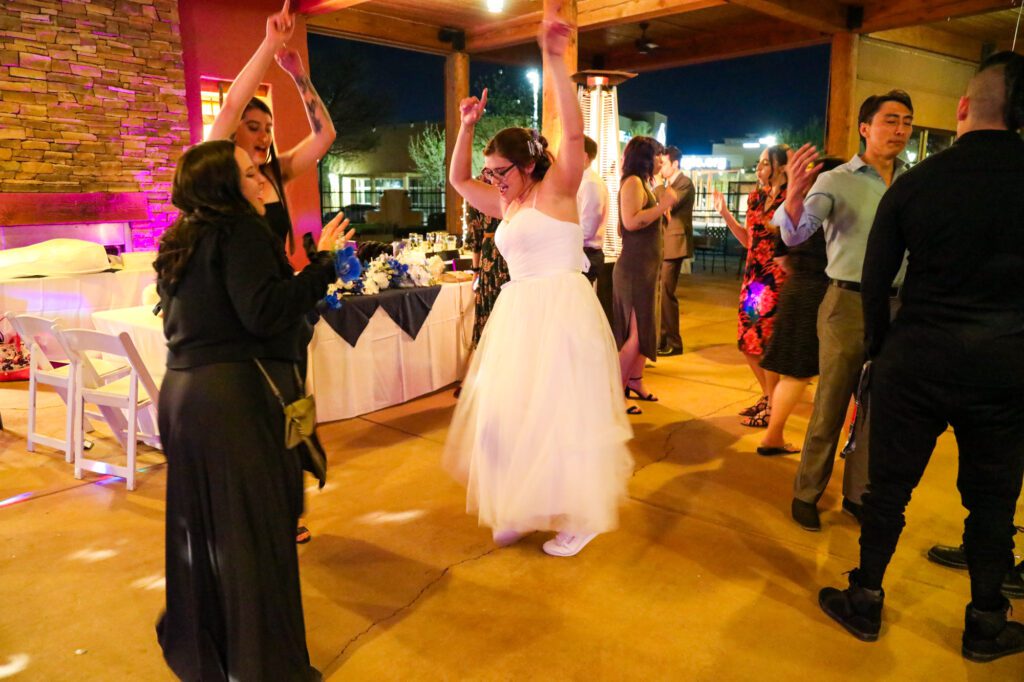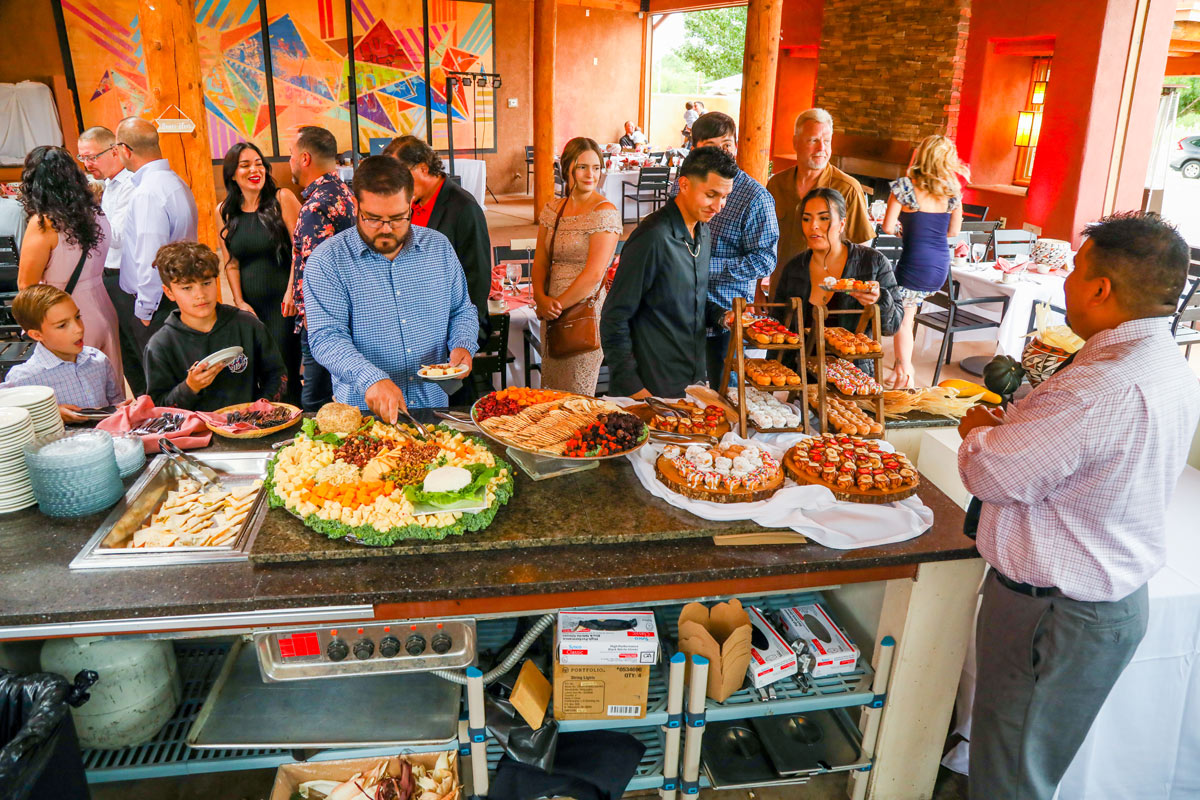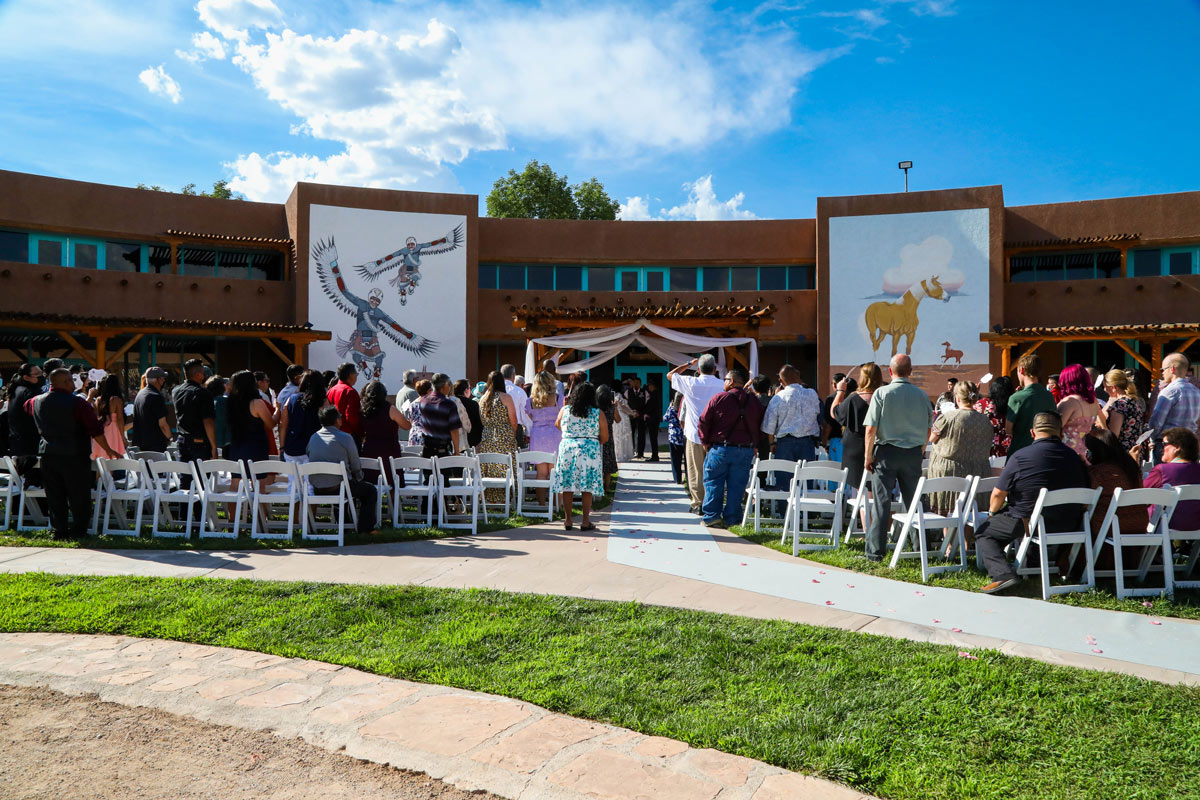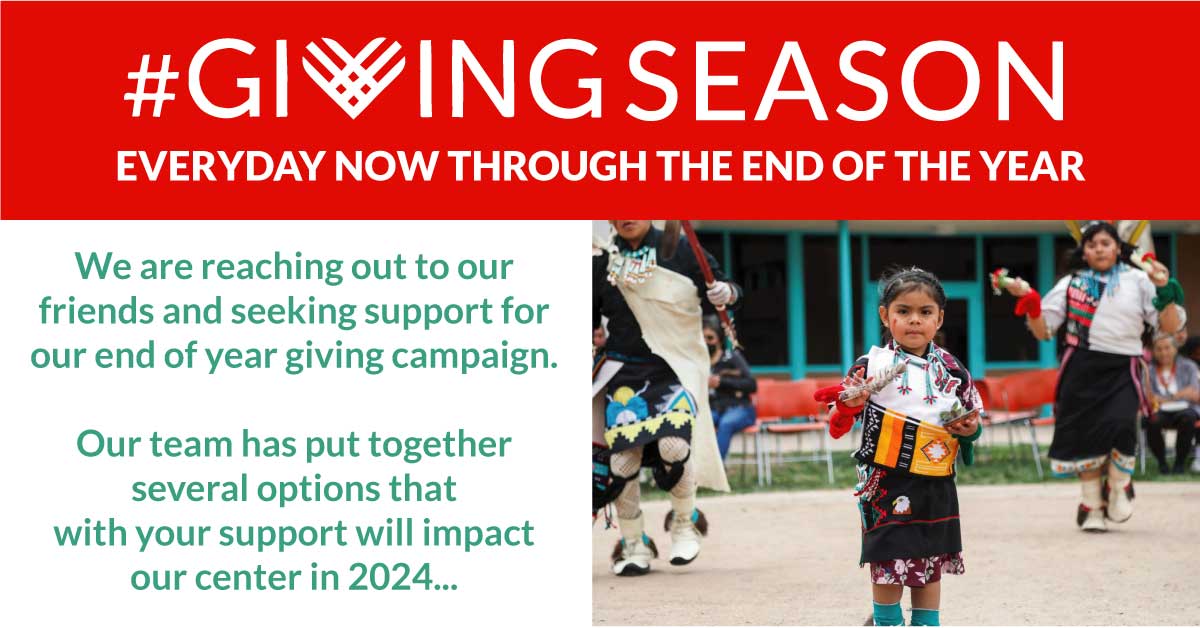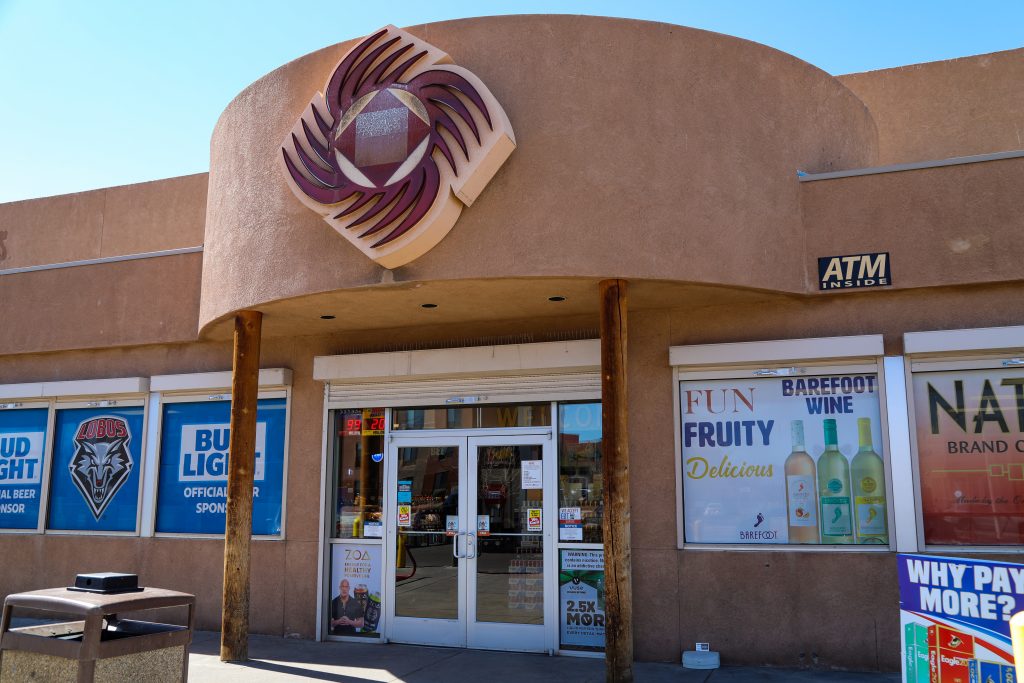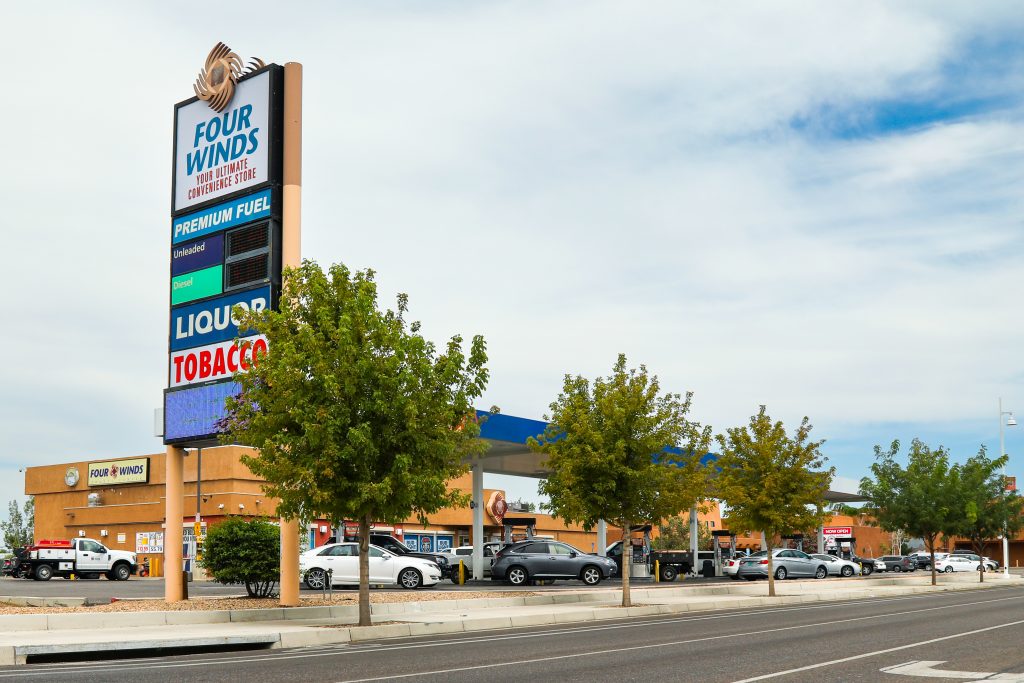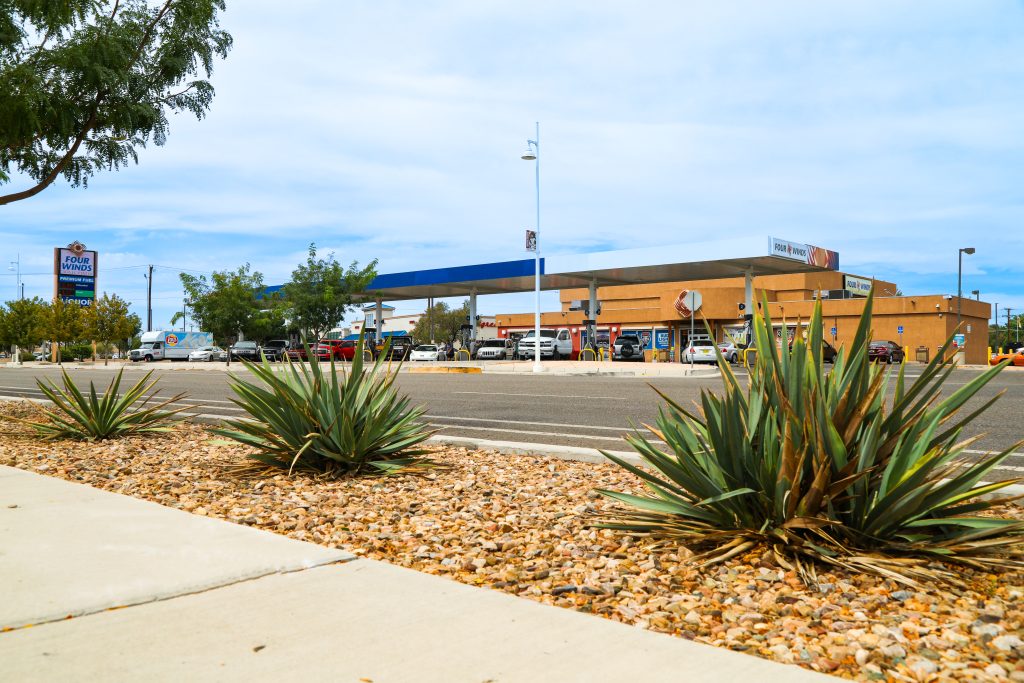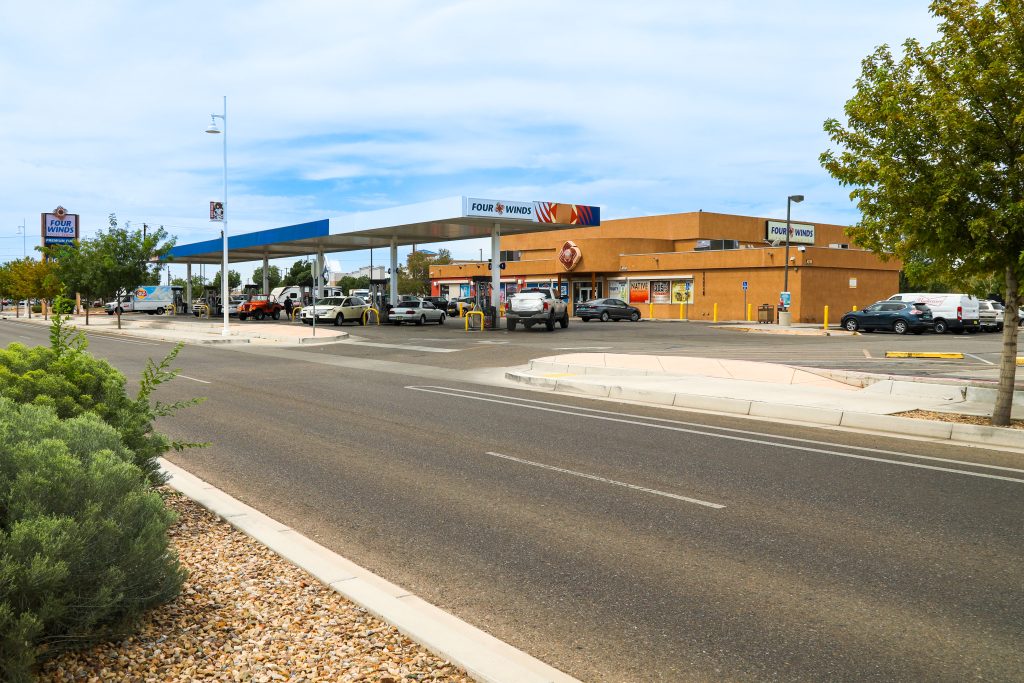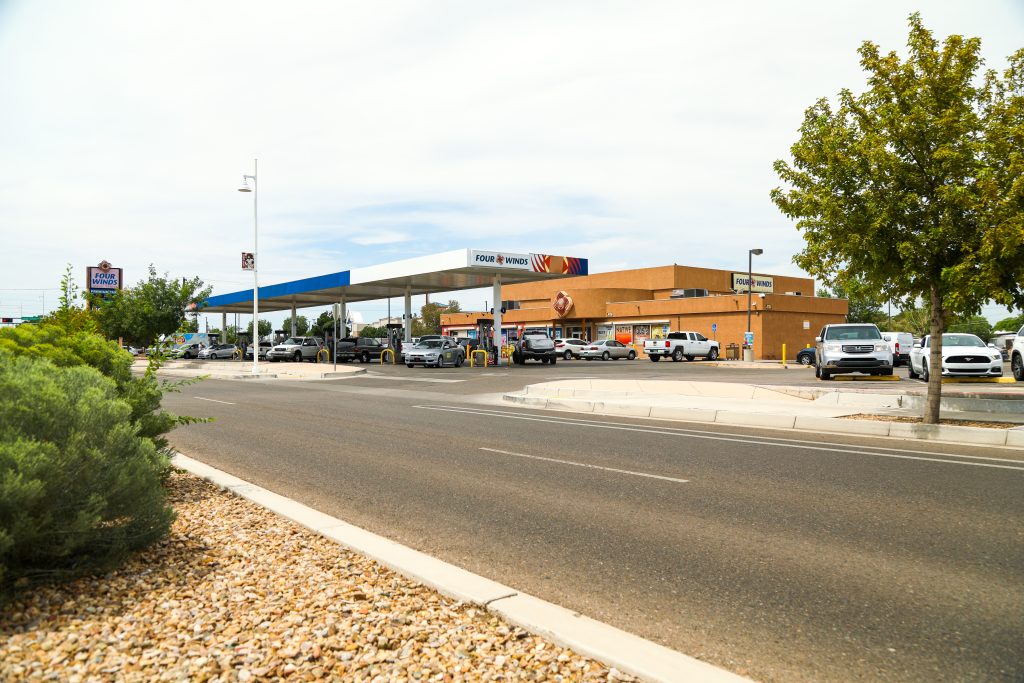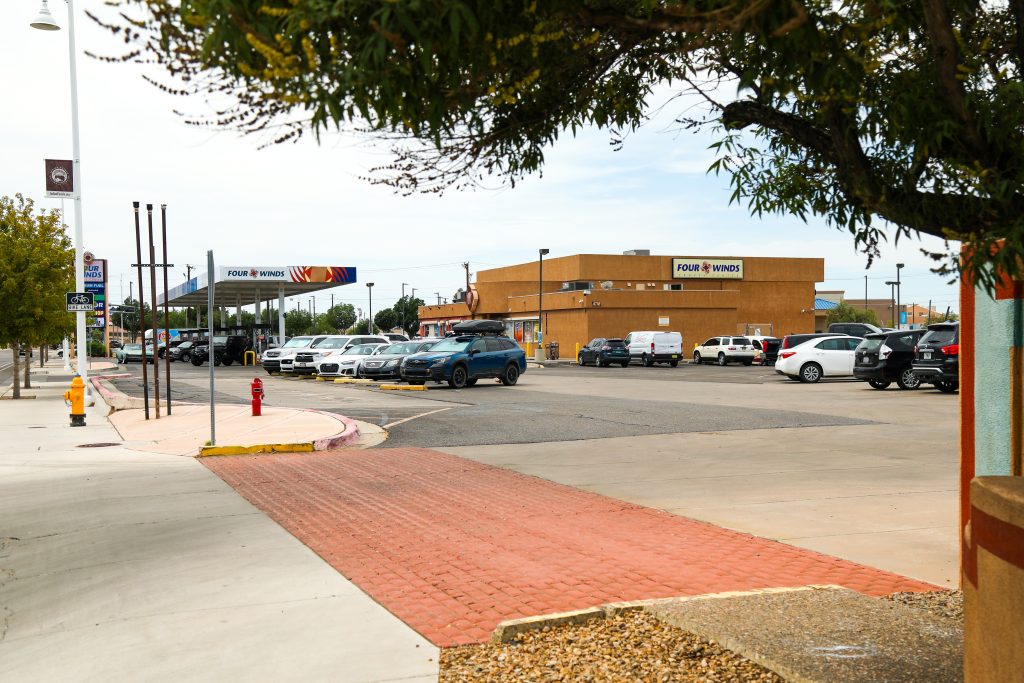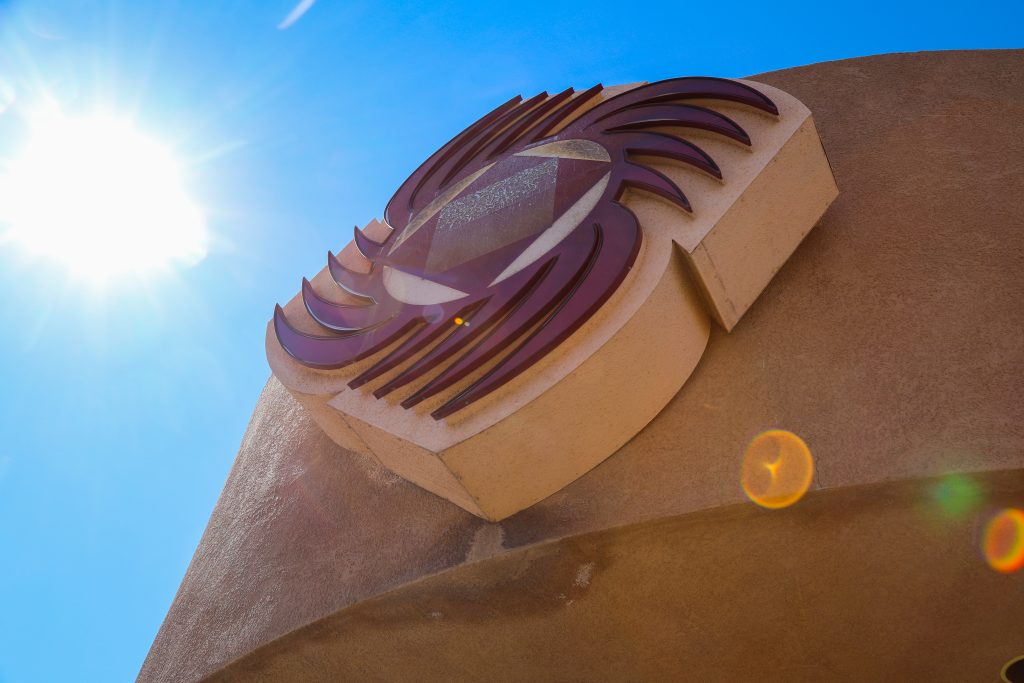
Pueblo SEEDS: Webinar #1 – Buffalo Conference Sowing the Buffalo Way
09:00 am - 02:00 pm MST
SOWING ECOLOGICAL EDUCATION FOR DELIVERING SUSTAINABLE STEWARDSHIP (SEEDSS) FIRST IN SERIES OF ECOLOGICAL EDUCATION WEBINARS
IPCC’s Resilience Garden, in Partnership with Flower Hill Institute (FHI), is hosting the first in a series of webinars for its SEEDSS program for Pueblo and Native American participants, in order to teach and promote sustainable agricultural practices, traditional cooking and healthy lifestyles as well as seed harvesting and preserving methods within Native communities. As part of the educational campaign, the program will kick off the first webinar February 18, entitled “The Buffalo Conference – Sowing the Buffalo Way,” with an emphasis on traditional foods and livestock. The webinar will run from 9:00 AM until 2:00 PM, and feature a keynote speaker and expert panelists addressing such topics as the Buffalo Treaty as well as the importance of buffalo in the Pueblo World.
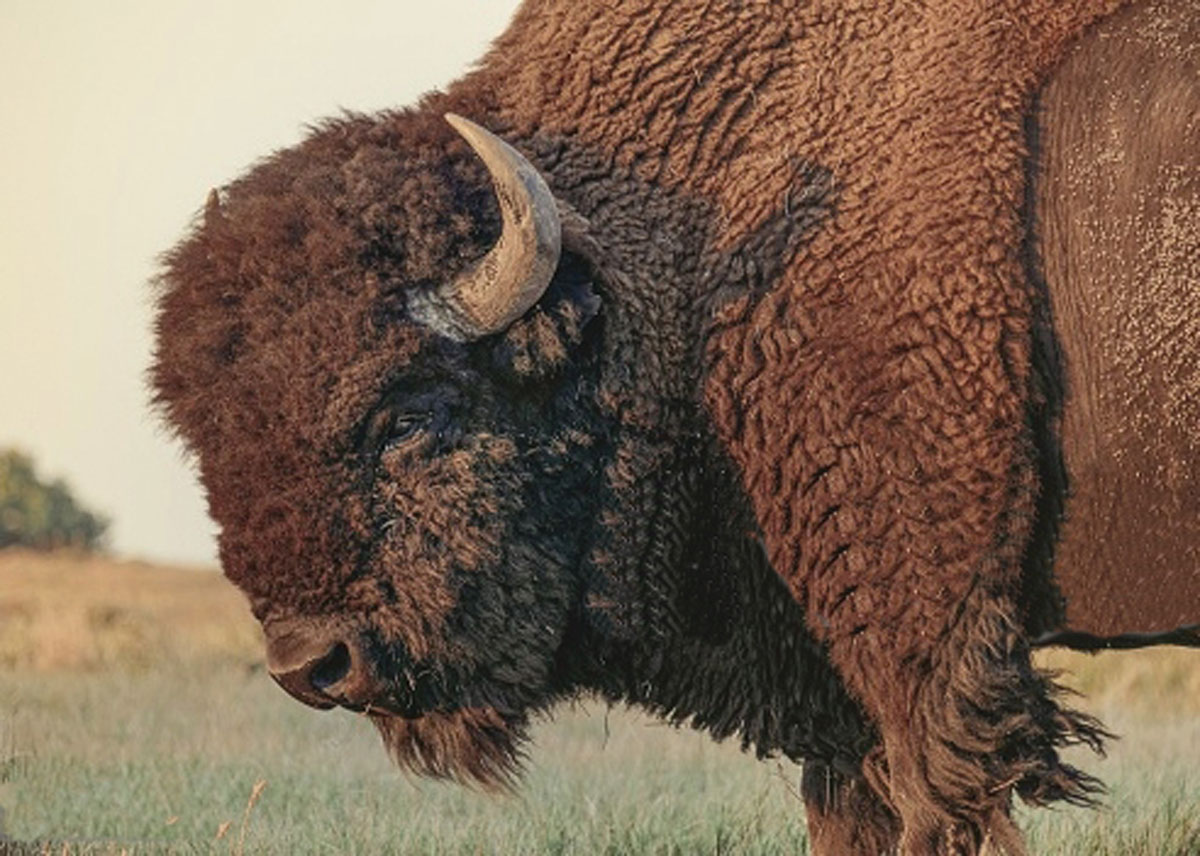
More Information
Keynote:
Ria Thundercloud-Indian Pueblo Cultural Center
Museum Cultural Education Assistant
Panel Presentation:
“Buffalo Treaty & the Iinnii Initiative: A Pathway to Sovereignty, Cultural Revitalization, Economic Justice & Conservation of Buffalo”
Panelists:
Leroy Little Bear/Buffalo Treaty
Ervin Carlson/Iinnii Initiative
Moderated by:
Cristina Mormorunni/Wildlife Conservation Society (WCS)-Indigenous Led Conservation
Pueblo Nations Buffalo Dance: Presentation of Experience
Video of GON Pueblo Nations Buffalo Dance from Flower Hill Institute
Break Out Sessions
Youth Presentation IPCC Education Team:
IPCC Education Team
“The Importance of Buffalo in the Pueblo World”
Brophy Toledo
Flower Hill Institute
Group Conversation
Re-emergence of the Buffalo into Tribal Communities
Tribal Leaders/Elders/Livestock Programs
Facilitated: by Roger Fragua/Flower Hill & Cristina Mormorunni/ WCS
Cristina Mormorunni (Métis/Sardo) currently serves as the Wildlife Conservation Society’s Director of U.S. Field Conservation Programs and Rocky Mountain Program Regional Director. Cristina joined WCS nearly two years ago with over 25 years of global conservation experience.
Prior to joining WCS, Cristina was the founder and principal of the TERRAMAR consulting group, where she designed and evaluated global conservation strategies for a number of foundations, individual philanthropists, and NGOs. Core clients included: The Hewlett Foundation, The Leonardo DiCaprio Foundation, Packard Foundation, Full Circle Foundation, Moore Foundation, Biodiversity Funders Group, and the National Wildlife Federation. Pre-TERRAMAR, Cristina directed the development of an emergent Asian family foundation interested in global biocultural conservation. She served as a director of an international land trust, focused on large-scale land conservation in Chile and Argentina. And worked for numerous conservation organizations in the United States including: Executive Director of Conservation Voters New Mexico, Communications Director for the Bioneers, Marine Programs Director for Earth Economics, and Ocean Ecology Campaigner for Greenpeace. Internationally, she served as a Principal Investigator for New Zealand’s Parliamentary Commissioner for the Environment and directed numerous marine conservation campaigns in the Southern Ocean for Greenpeace New Zealand.
At its core, Cristina’s work is about supporting, connecting, and deepening the relationships that link culture, environment, and economy. She is a builder of bridges and lives in multiple worlds. Cristina counts herself blessed to work with artists, scientists, Indigenous peoples, ranchers, fishermen, academics, politicians, economists, advocates, and youth in myriad and diverse contexts. She is working to perfect the art of getting lost as a strategy for discovering the much needed systemic, creative, and integrated solutions to the modern conservation dilemma. In her experience, the most elegant and effective strategies often live in the unmapped regions—the crossroads of disciplines, interests, cultures, identities, values, languages, and ultimately worlds.
Cristina received her academic training at Connecticut College and the University of Washington’s Graduate School of Marine Policy, where she focused her master’s research on Indigenous co-management models and community-driven systems for conservation in the North Pacific. She recently completed her MFA in Creative Writing at the Institute for American Indian Arts and is working on a book about what it means to aspire to change the world and how ultimately you are the one changed in the process, with the working title: The Anatomy of Betrayal.
Flower Hill is a native-owned, community-directed nonprofit. Our objectives include preserving and enhancing cultural resources, preparing youth to inherit leadership, improving economic self-sufficiency, organizing inter-tribal movements, and improving climate change resiliency. In partnership with the Indian Pueblo Cultural Center (IPCC) and with seed purchasing & distribution funded by the Native American Agriculture Fund (NAAF), we are excited to launch the next iteration of our Resiliency Garden Program.
